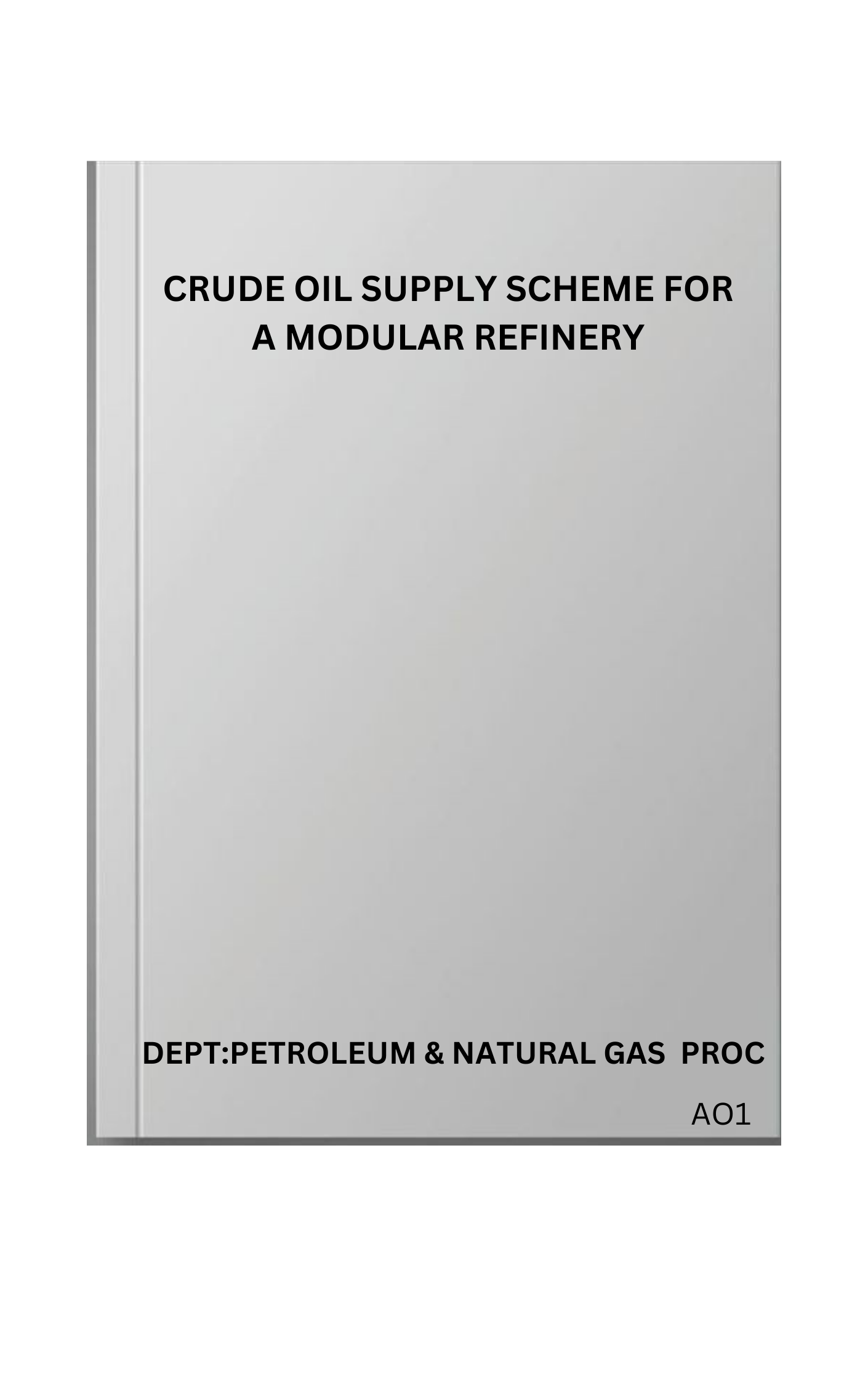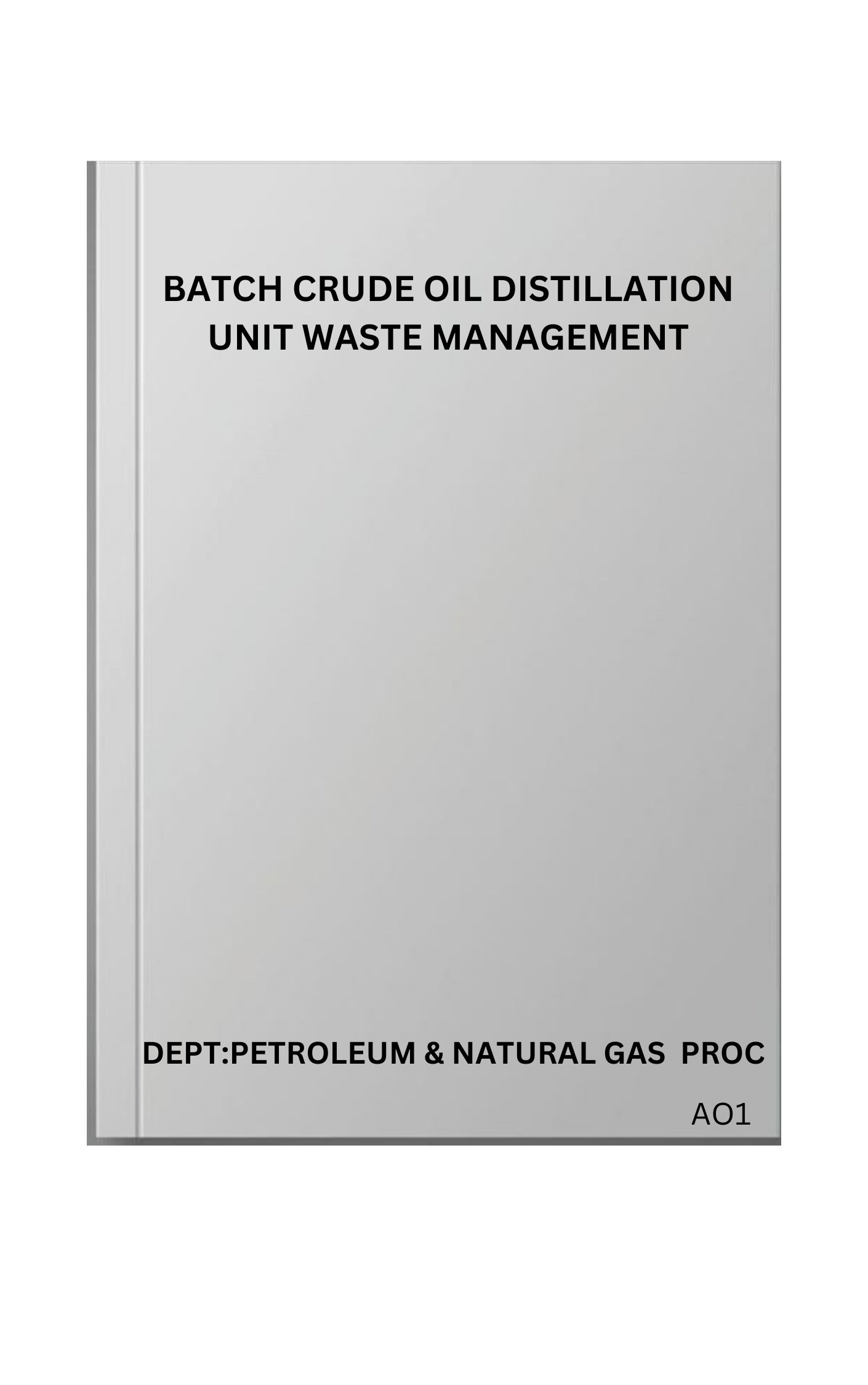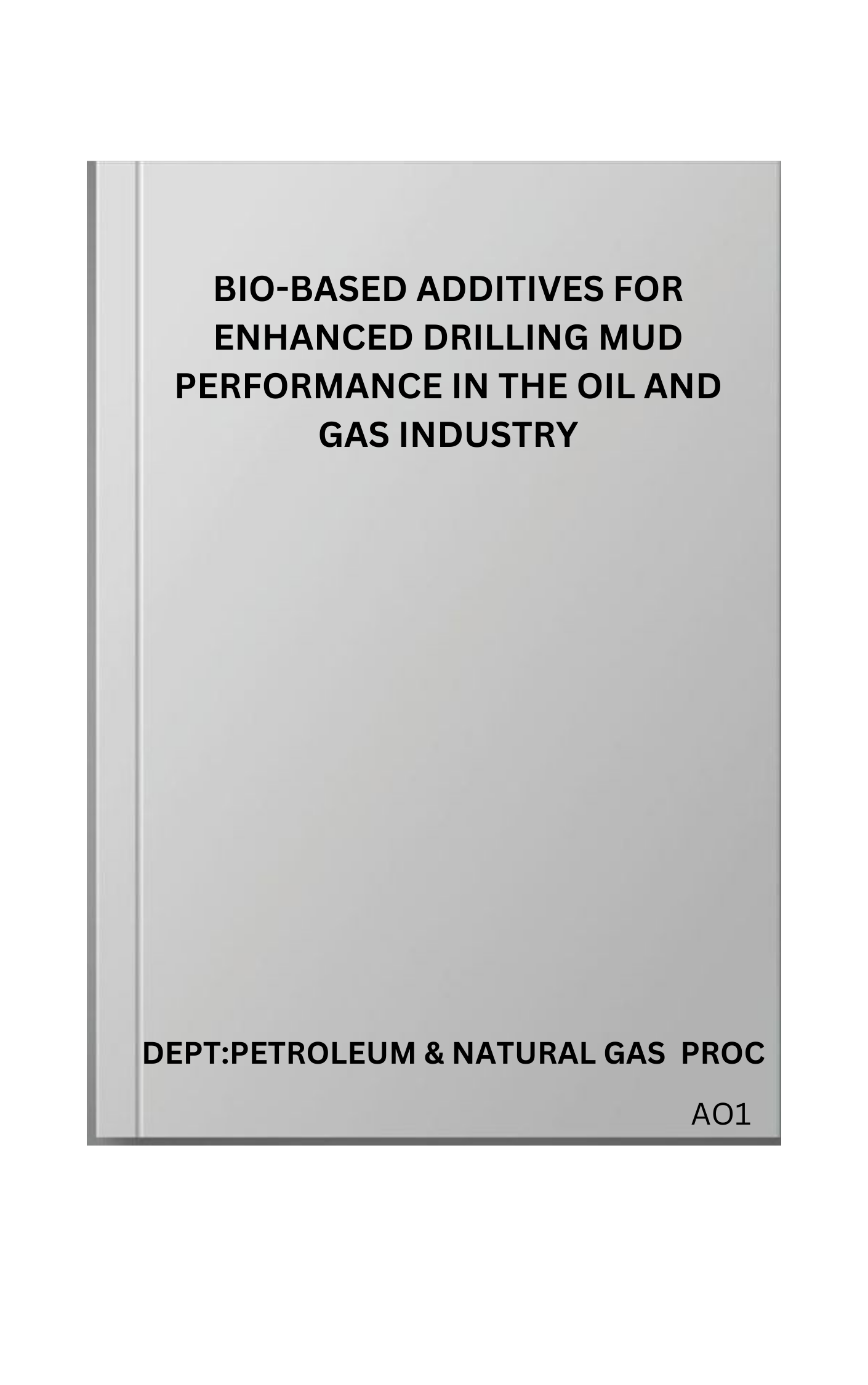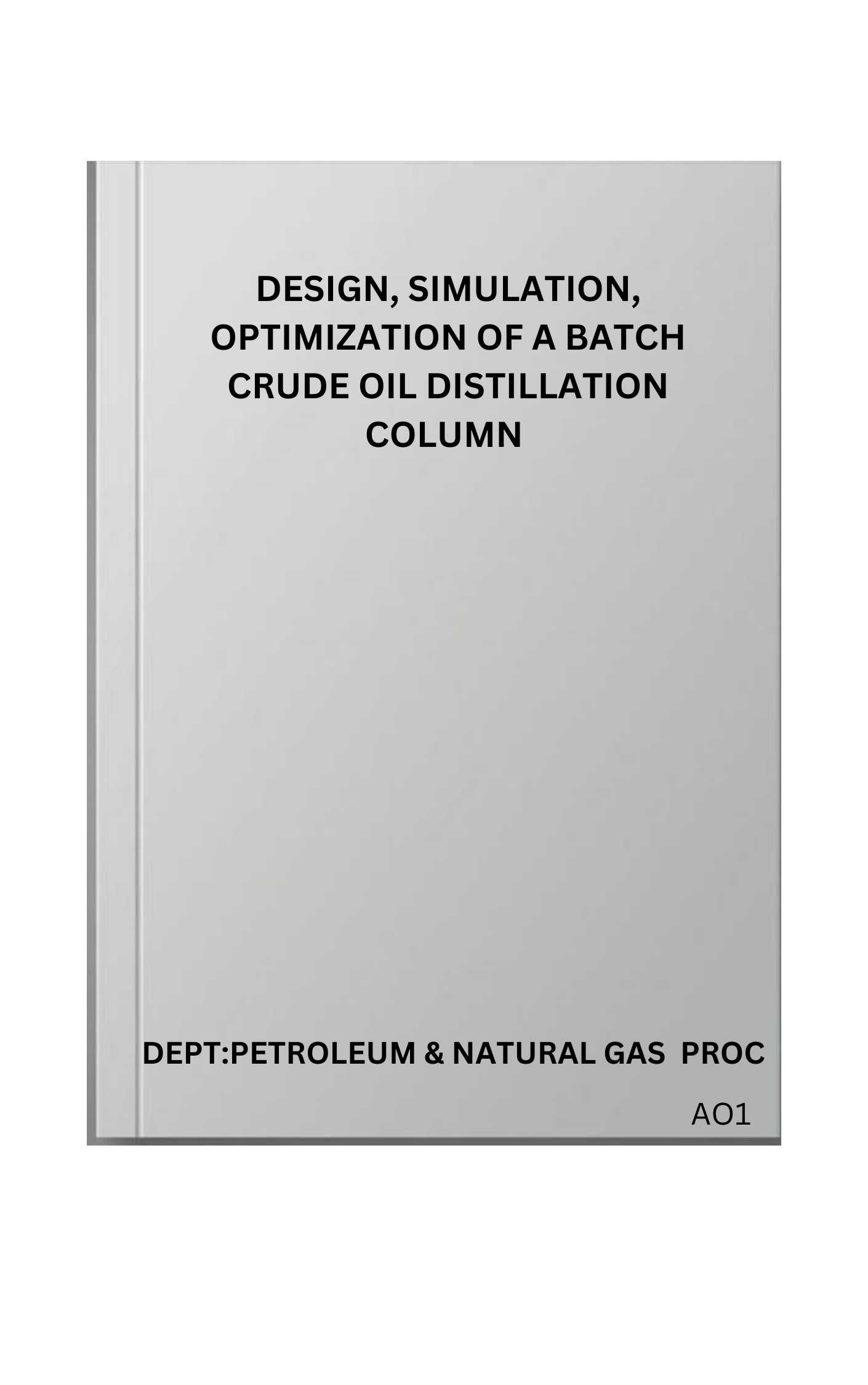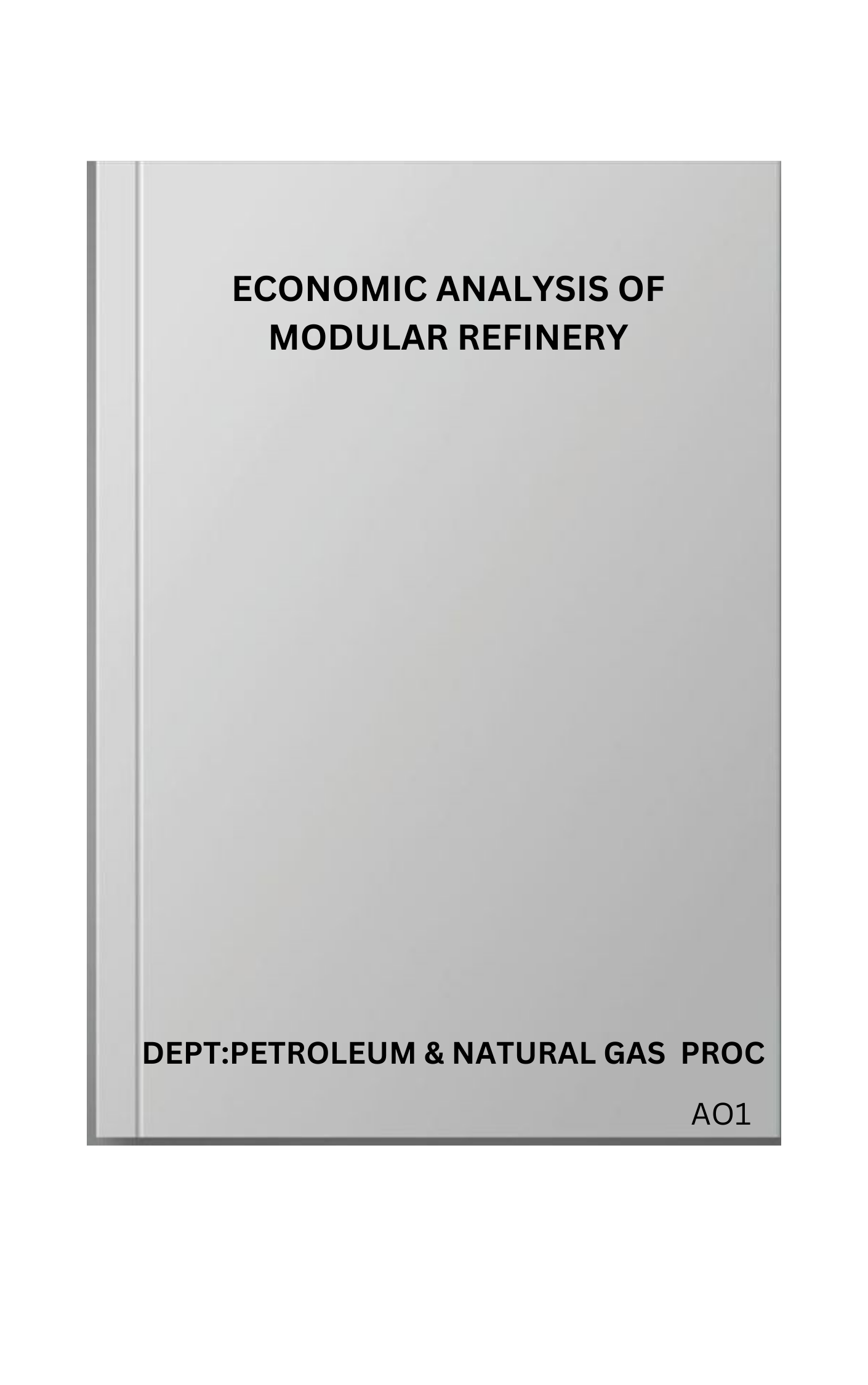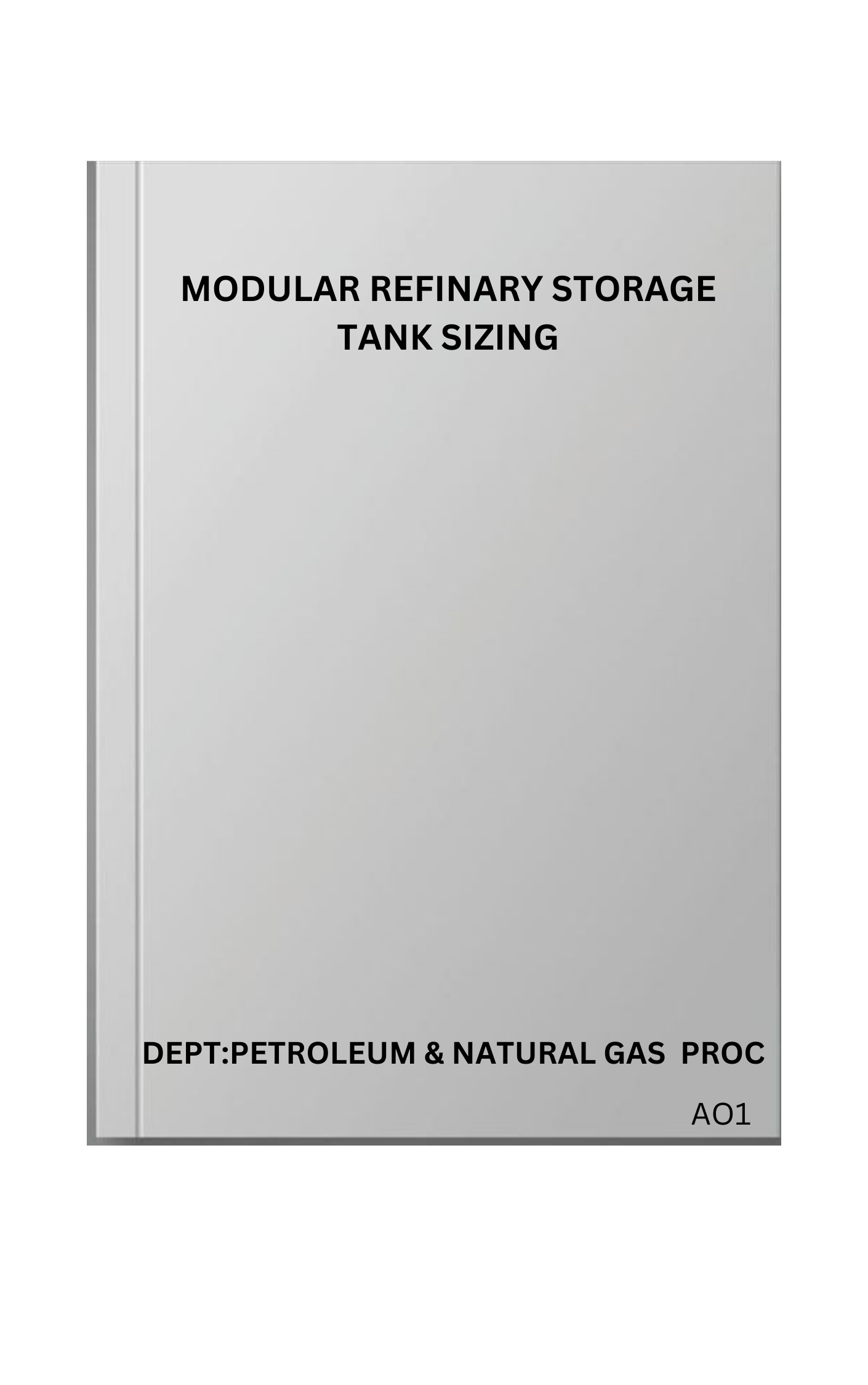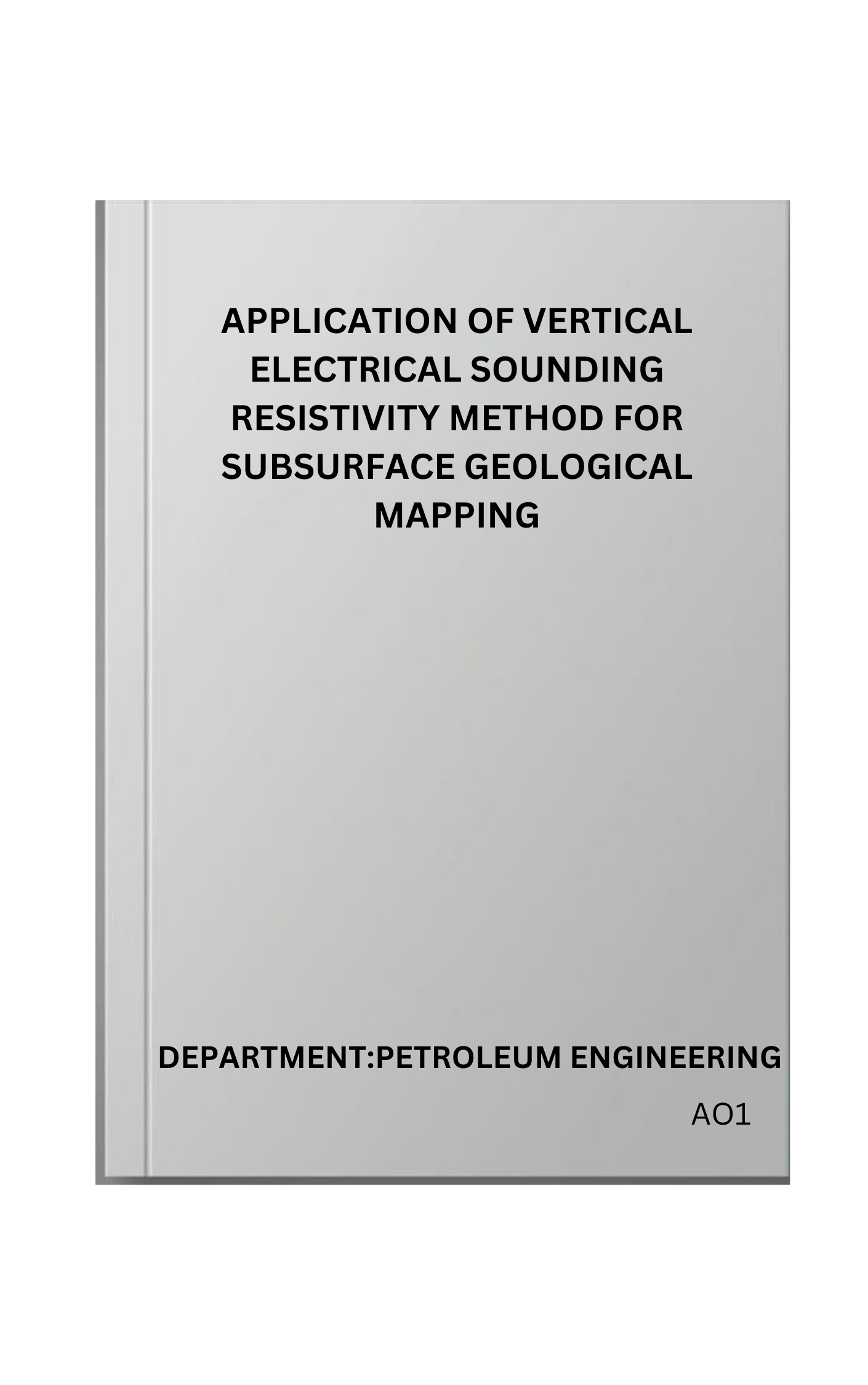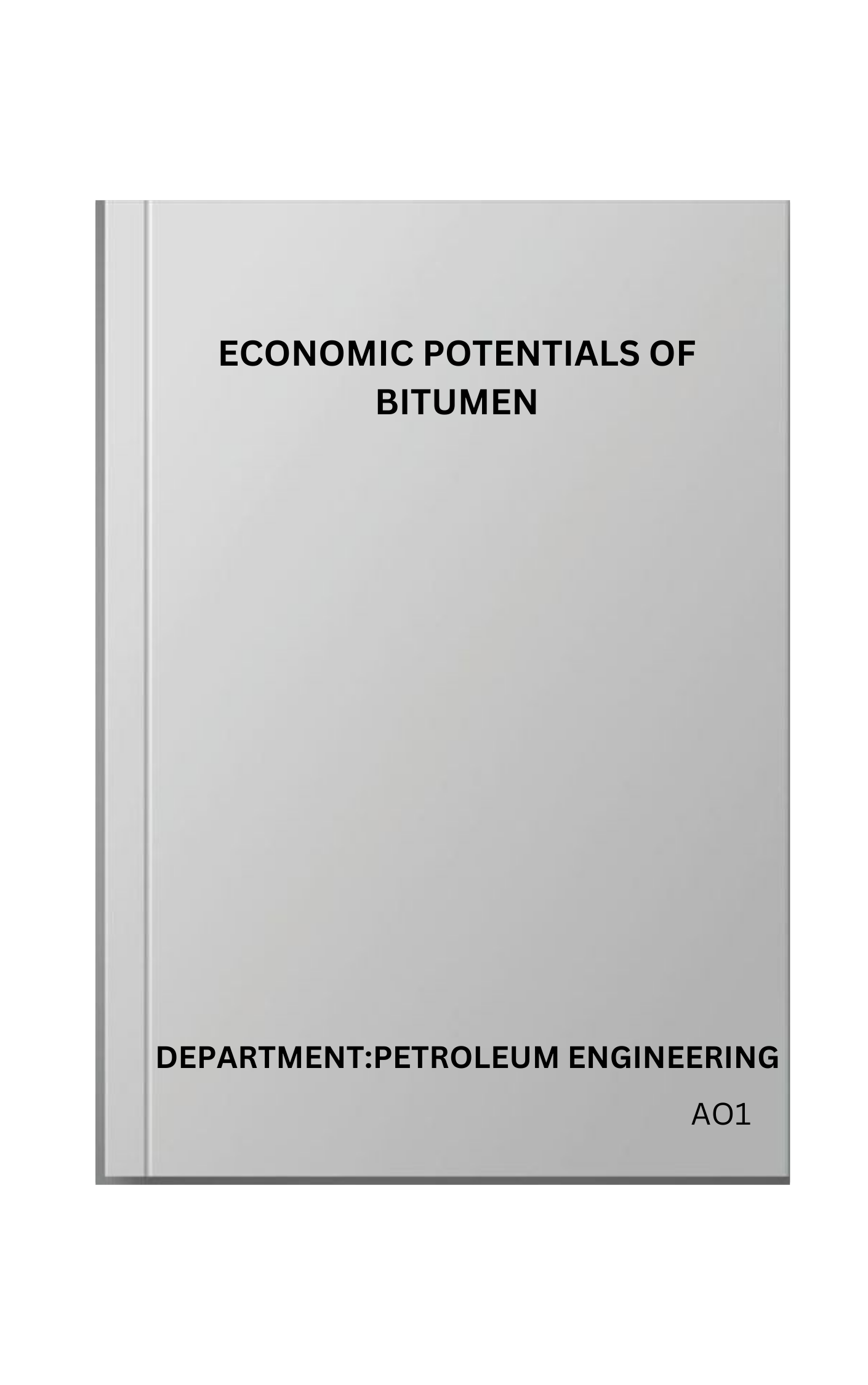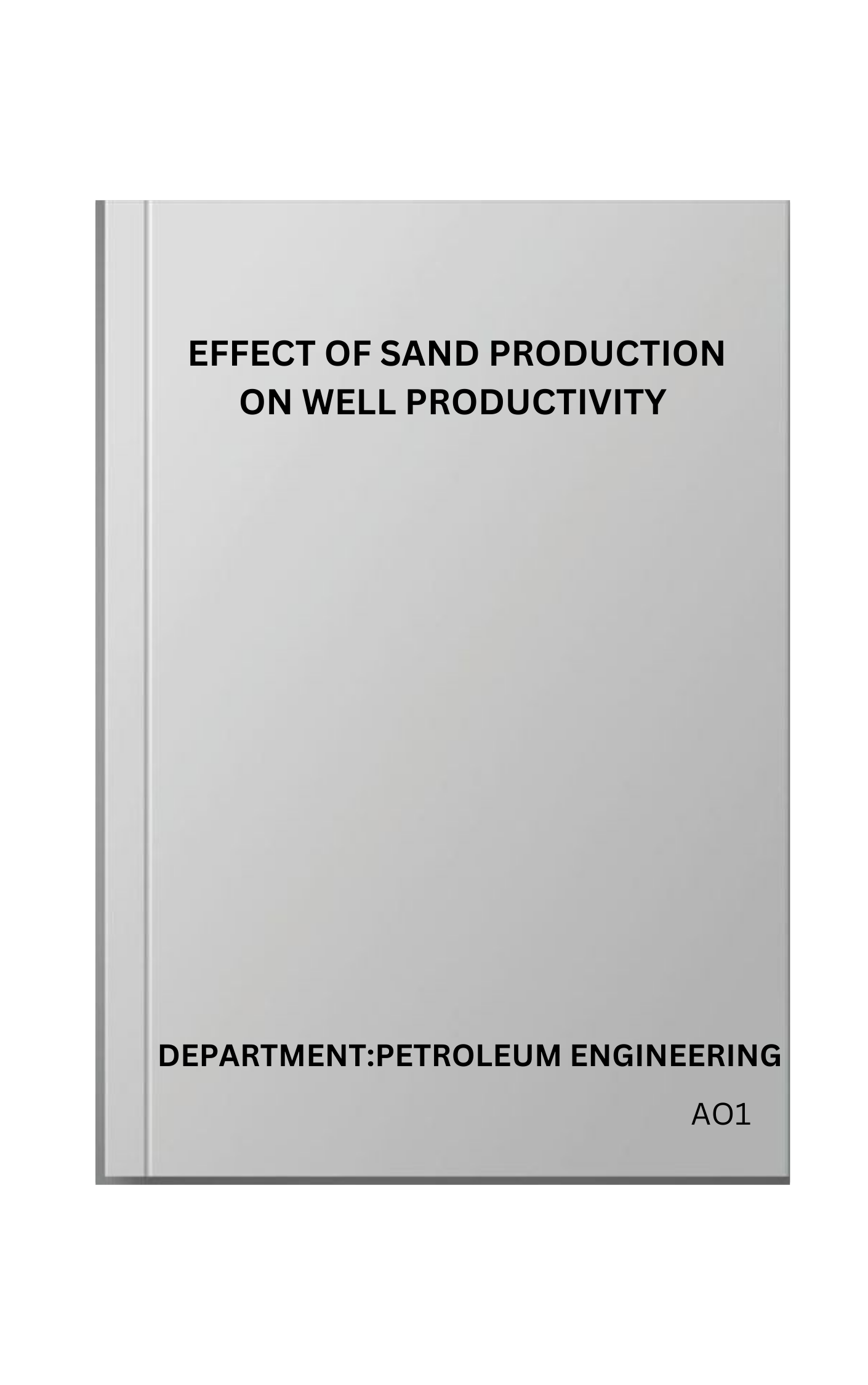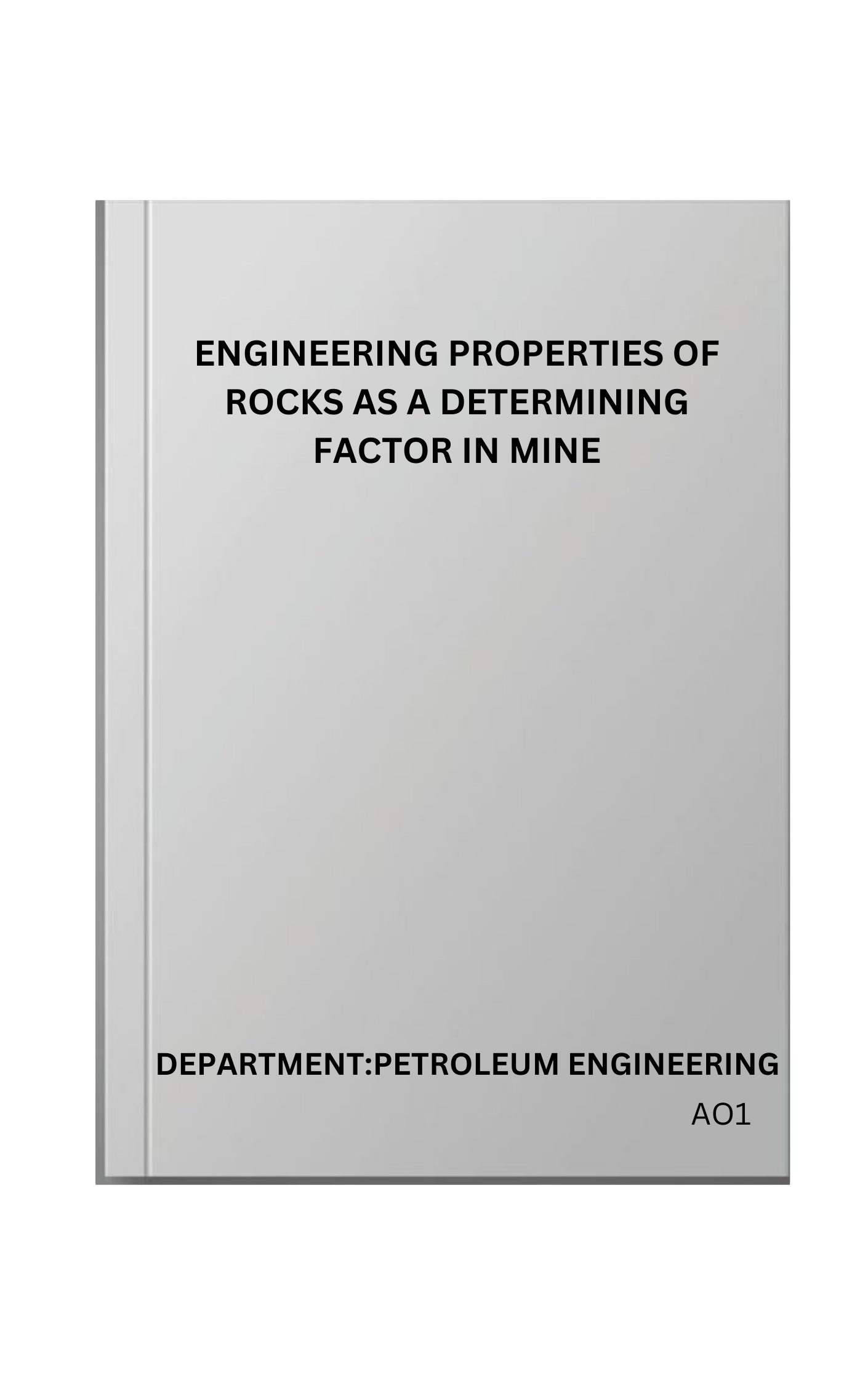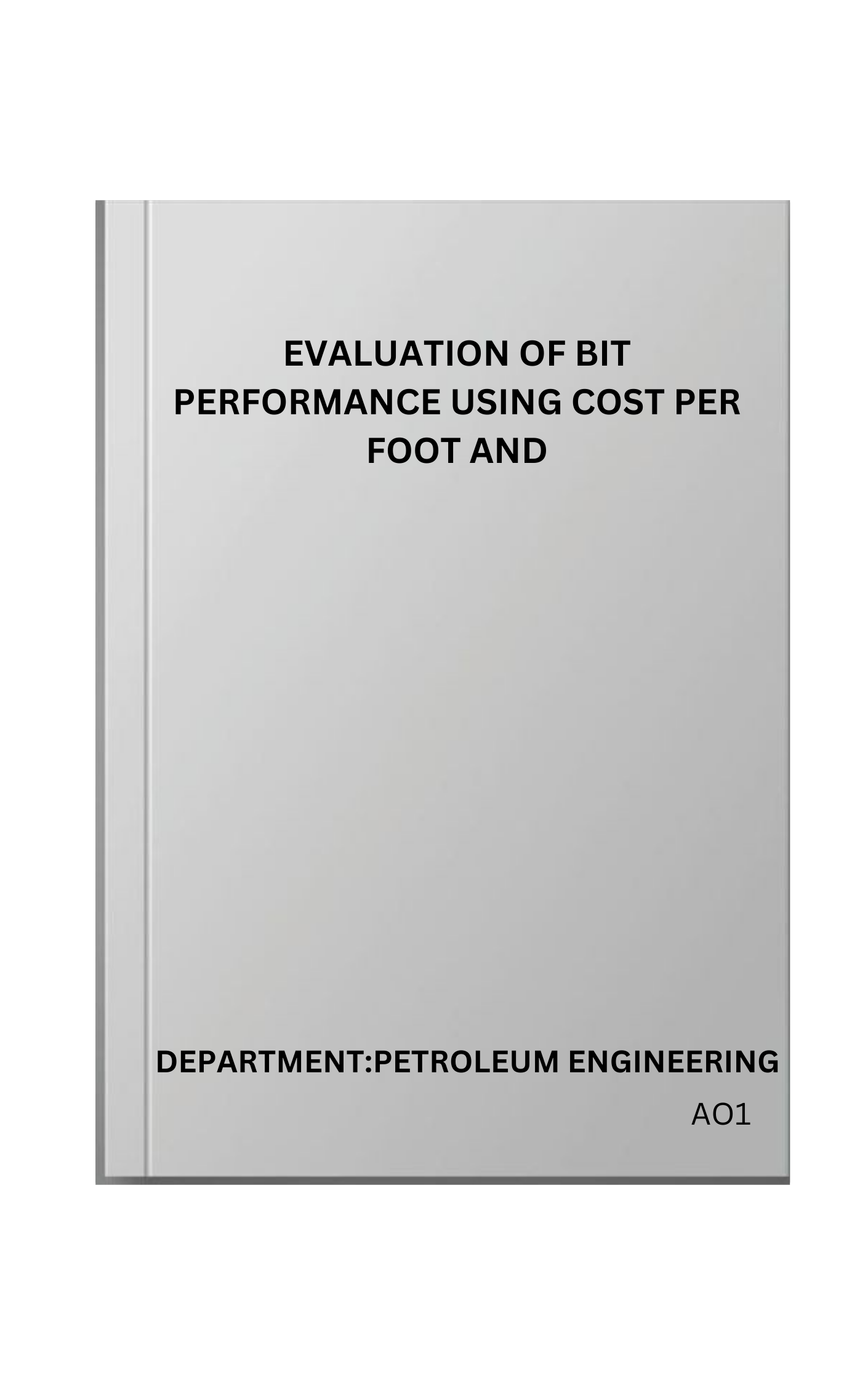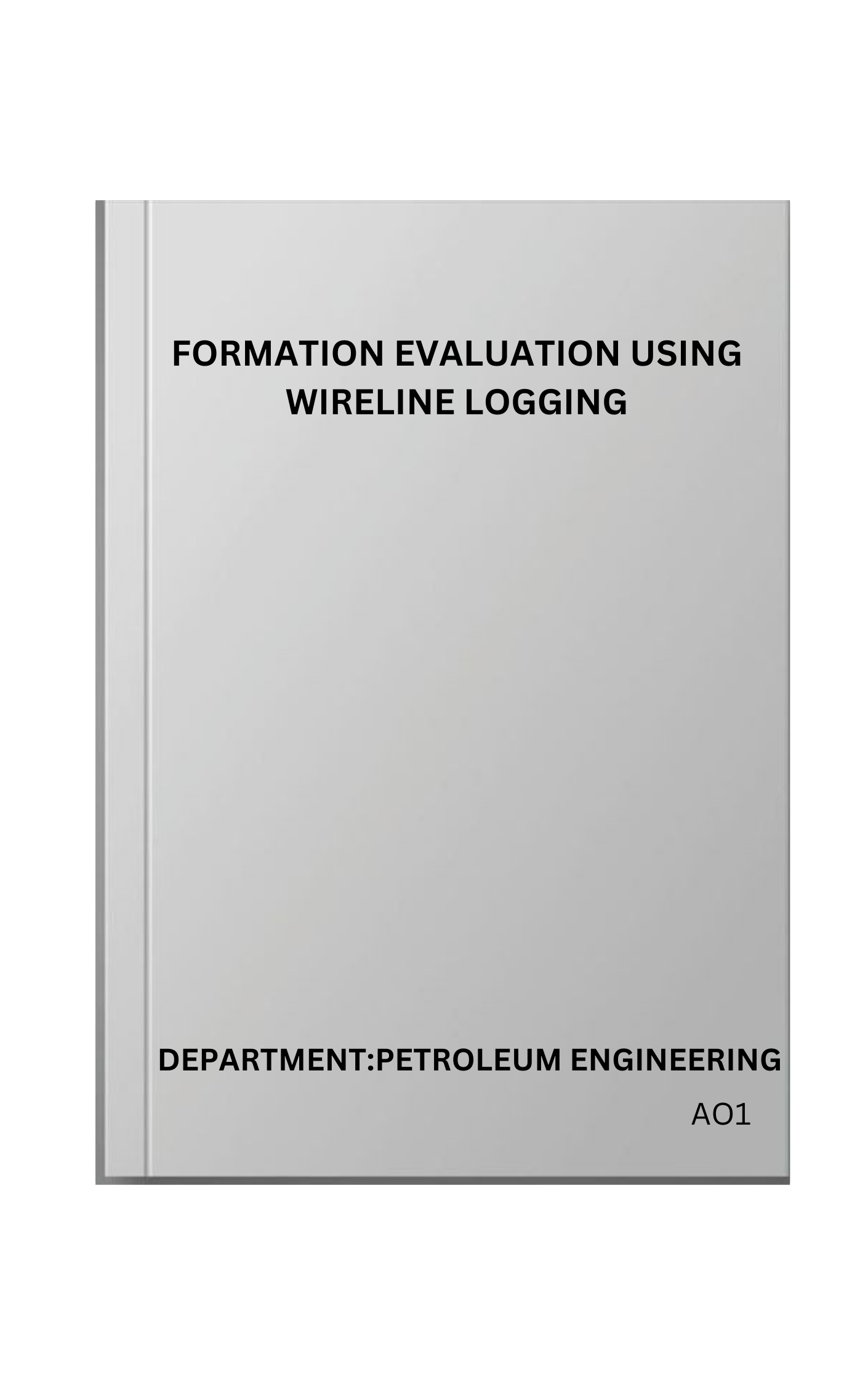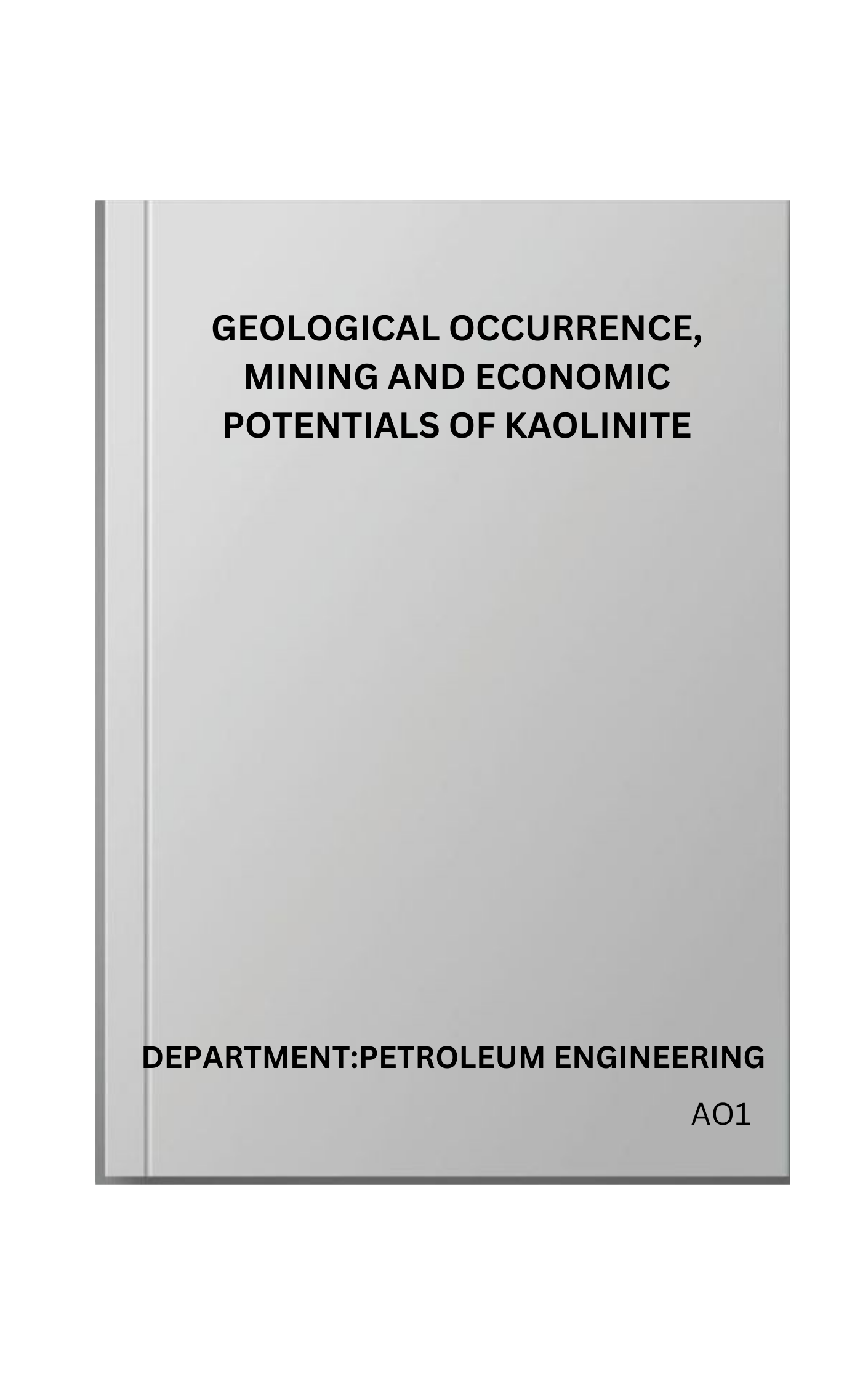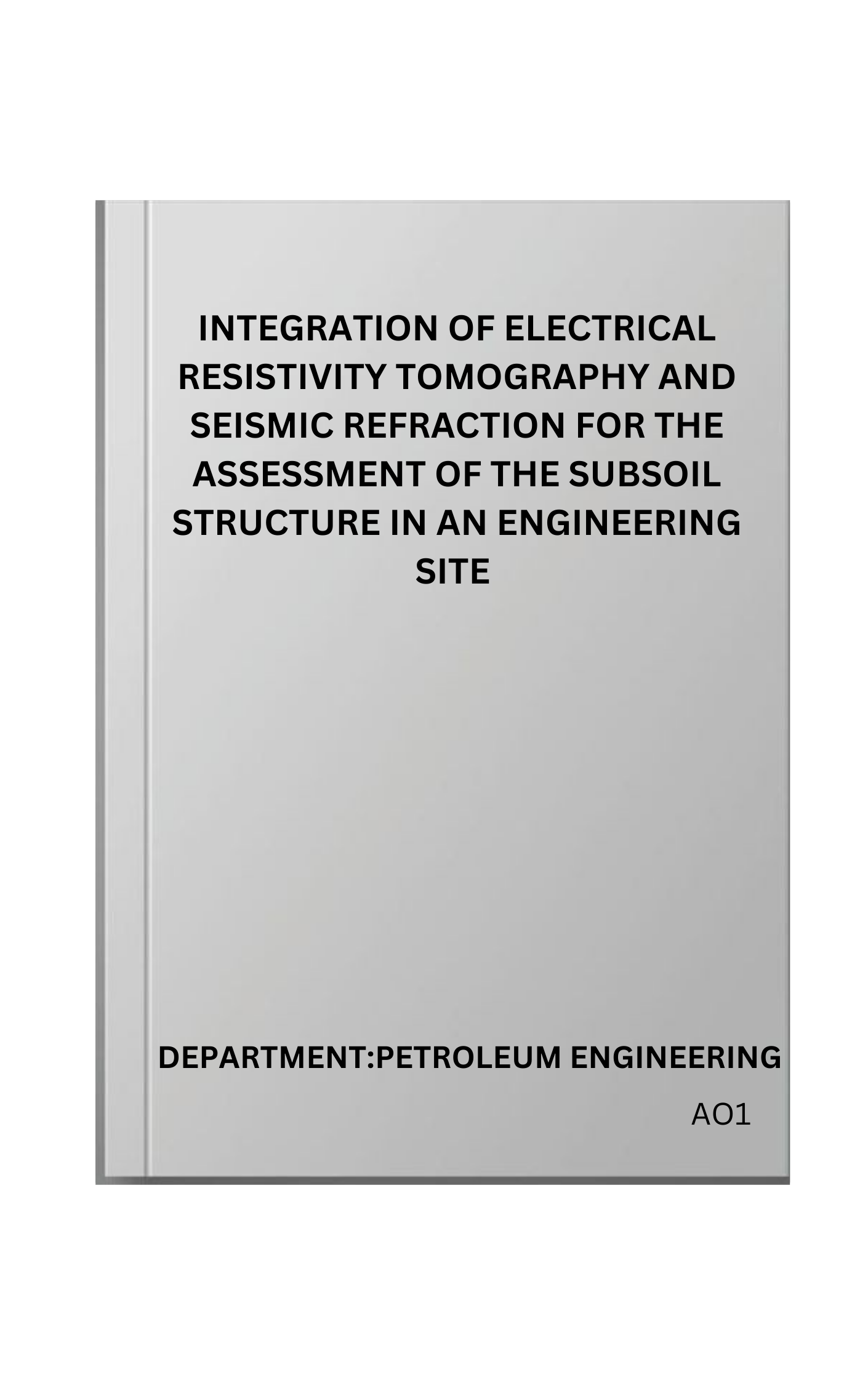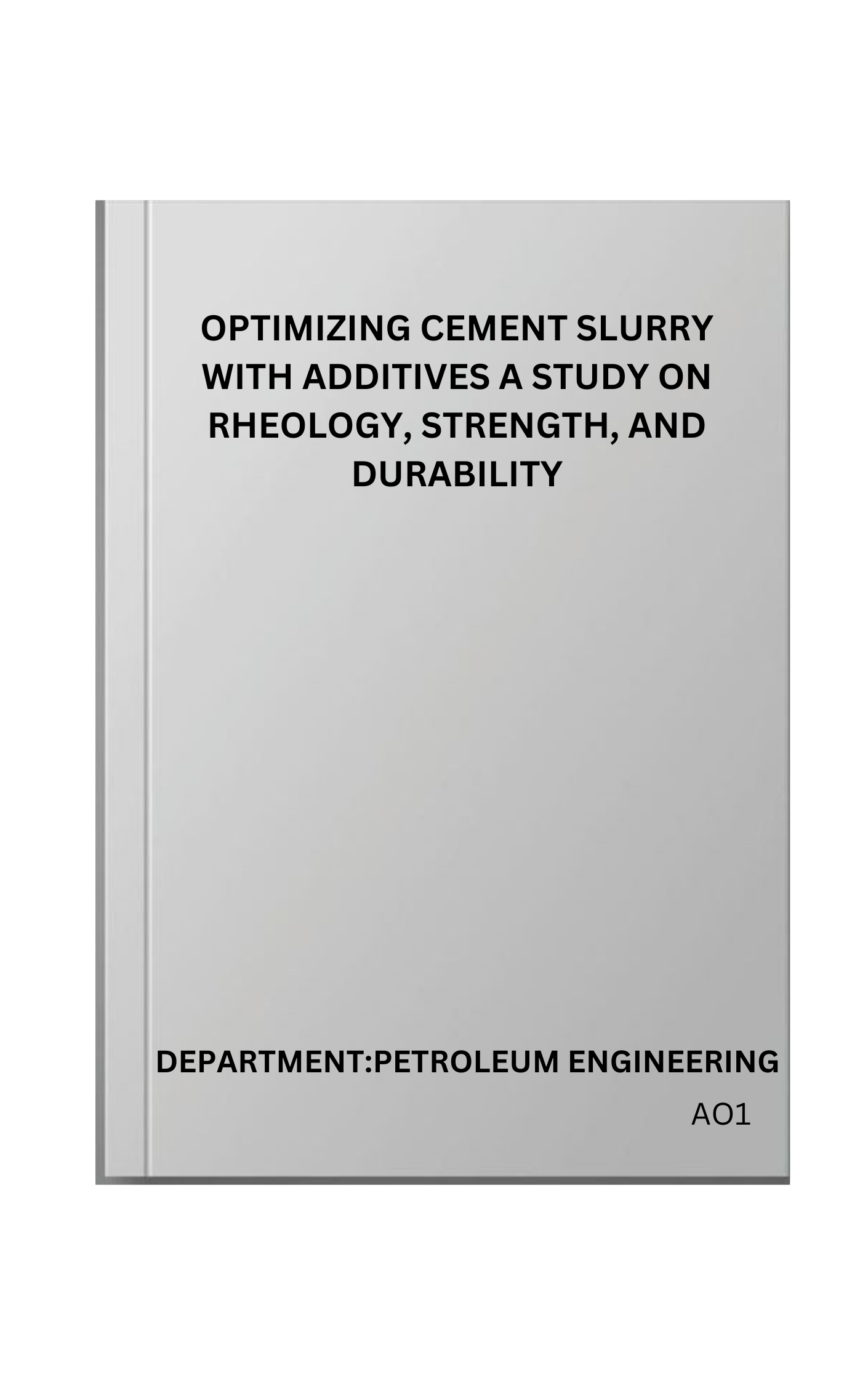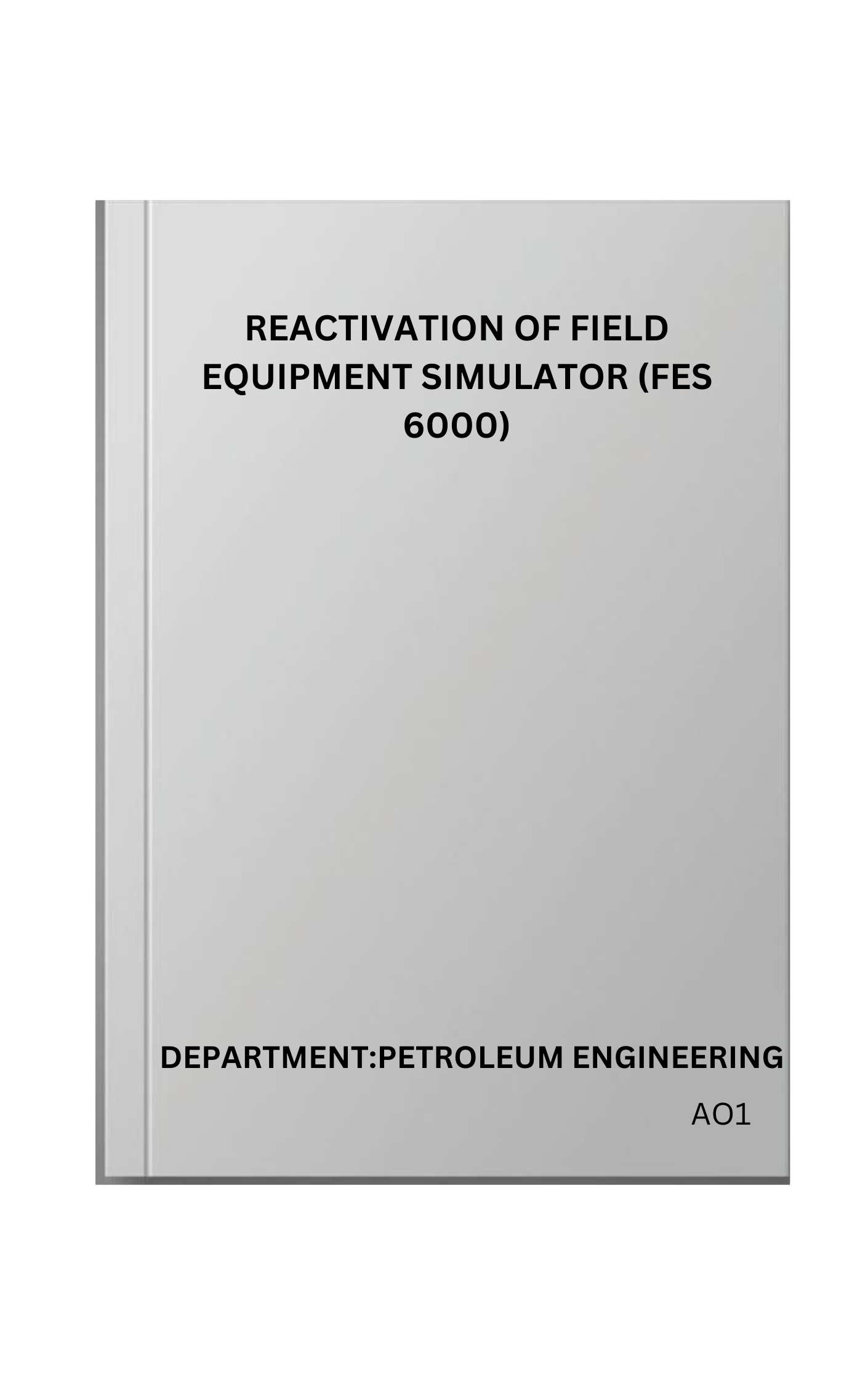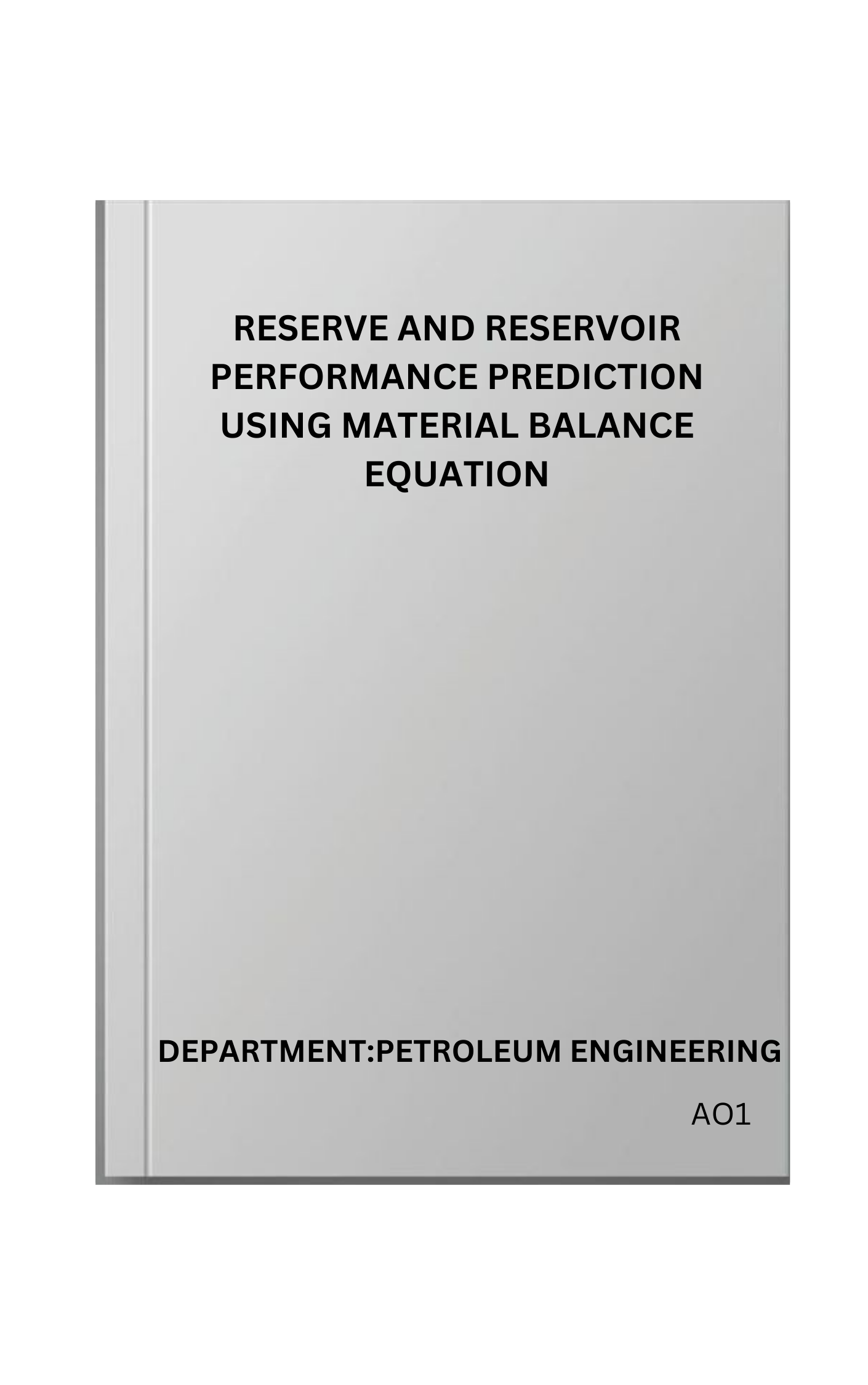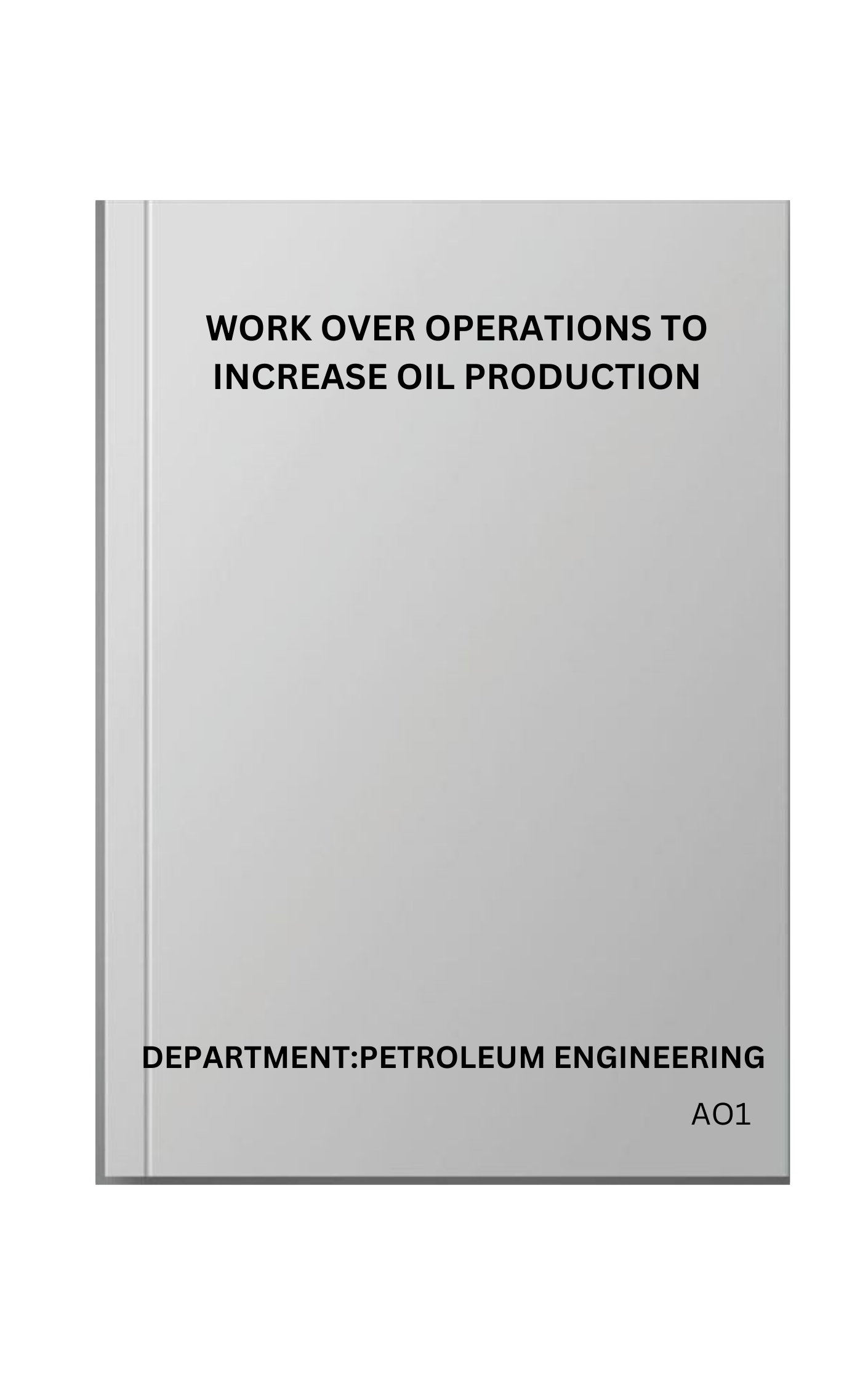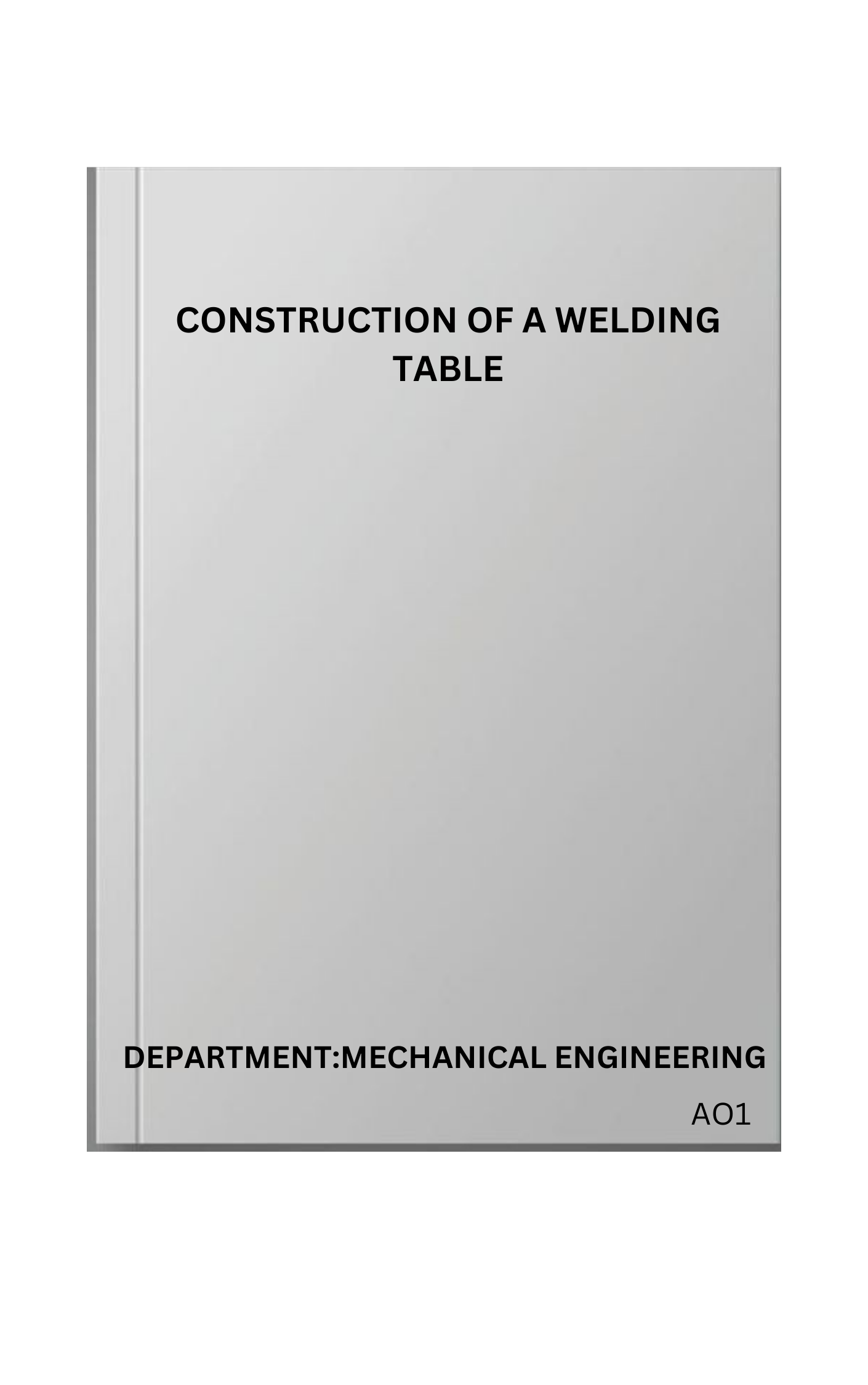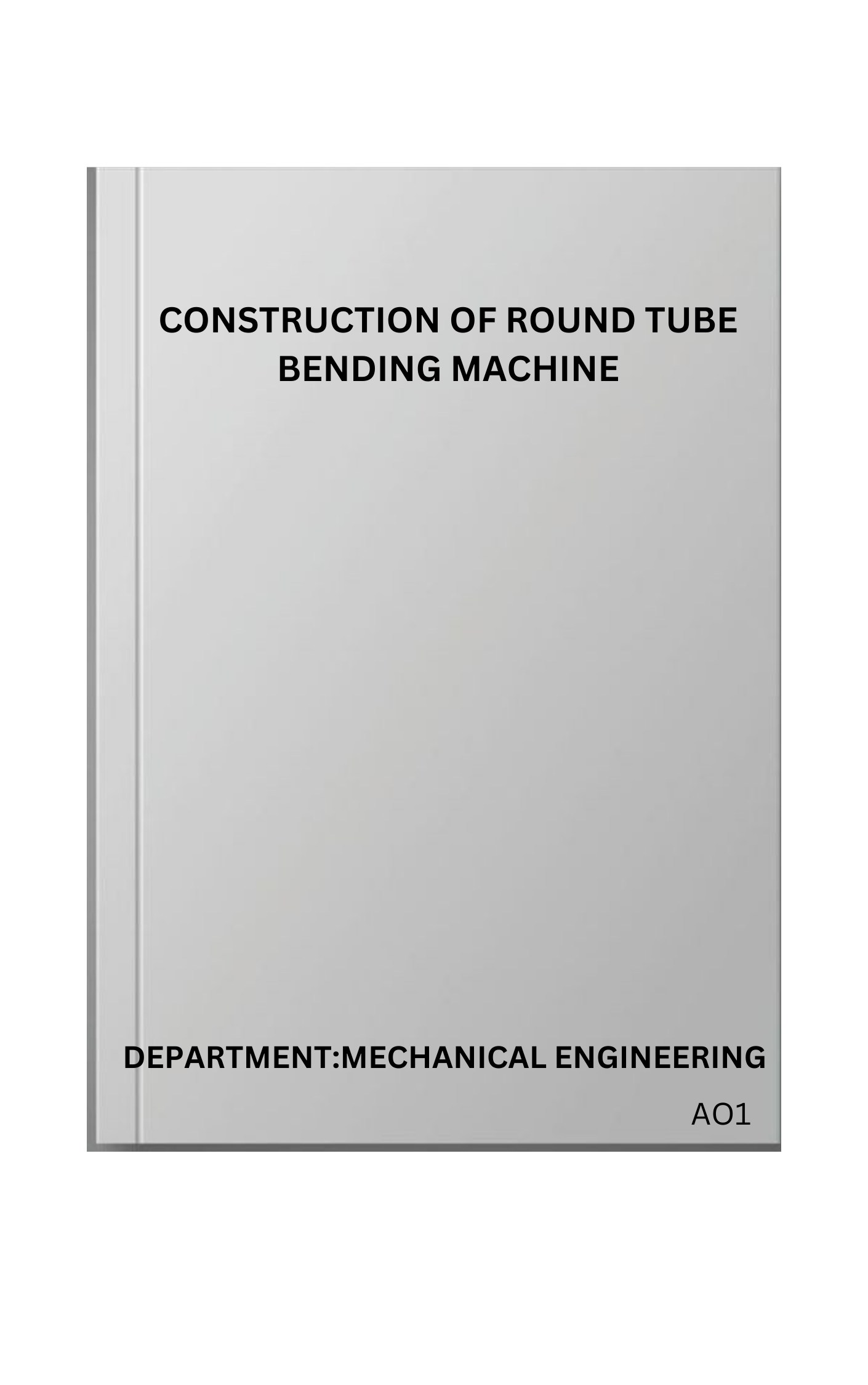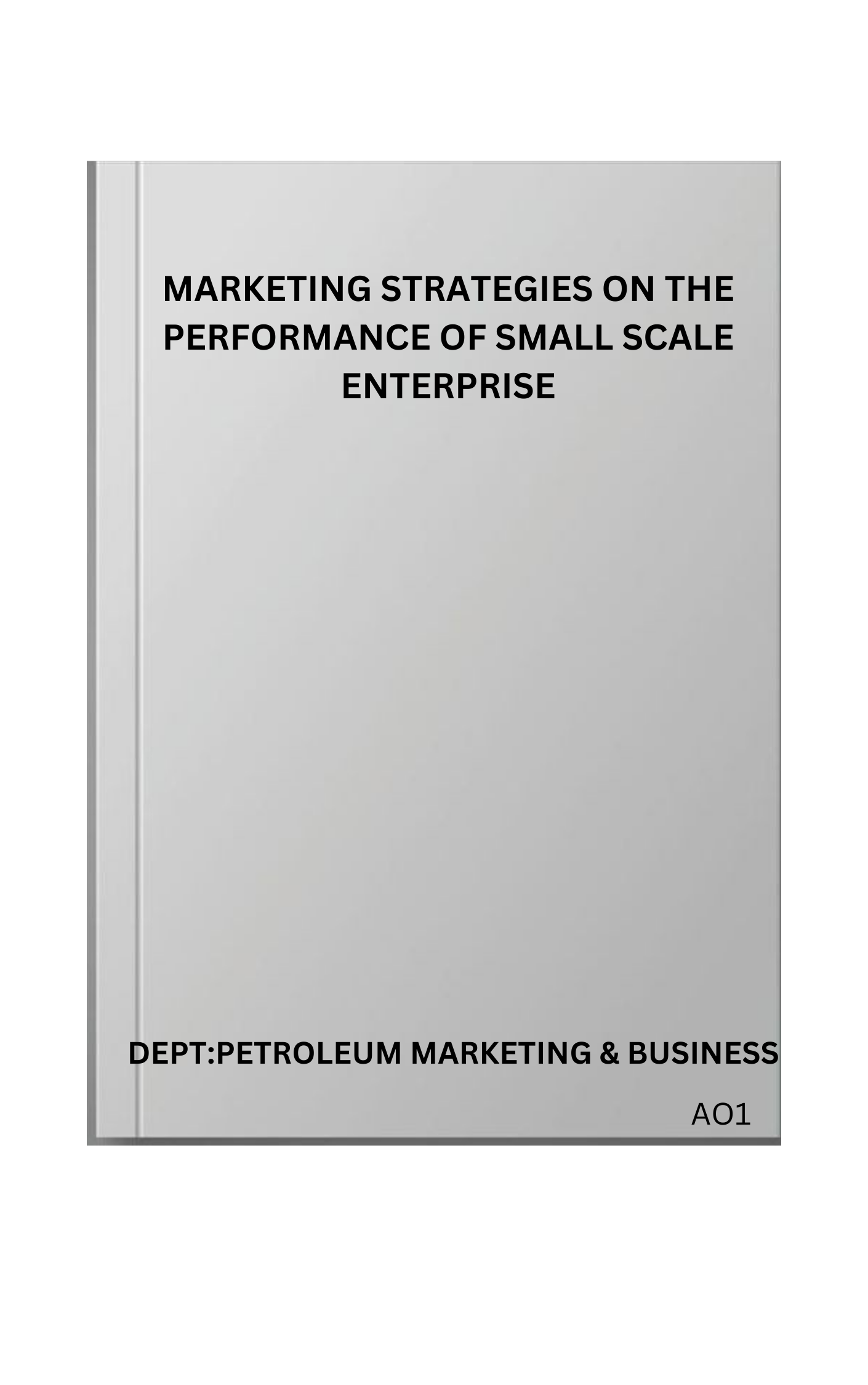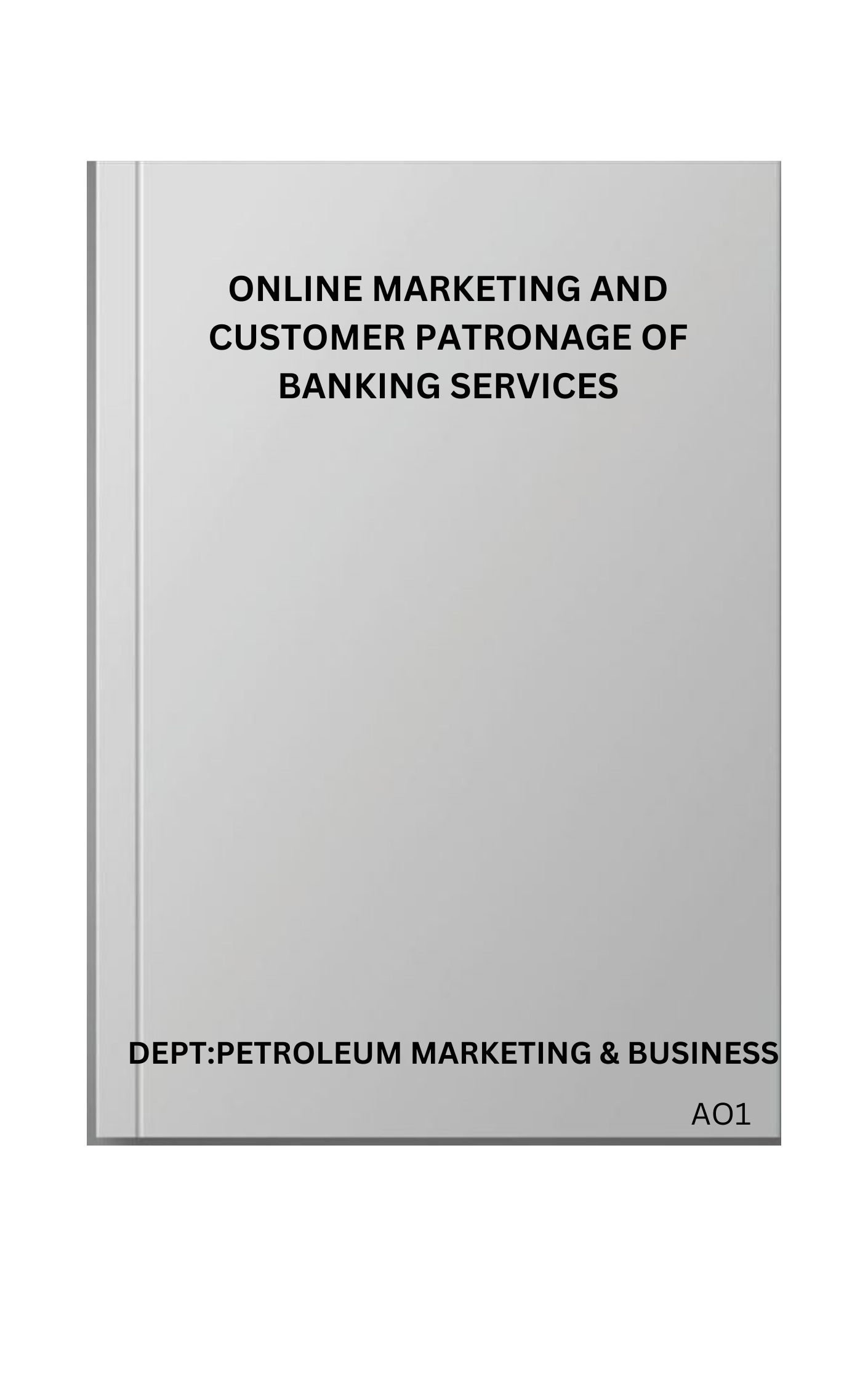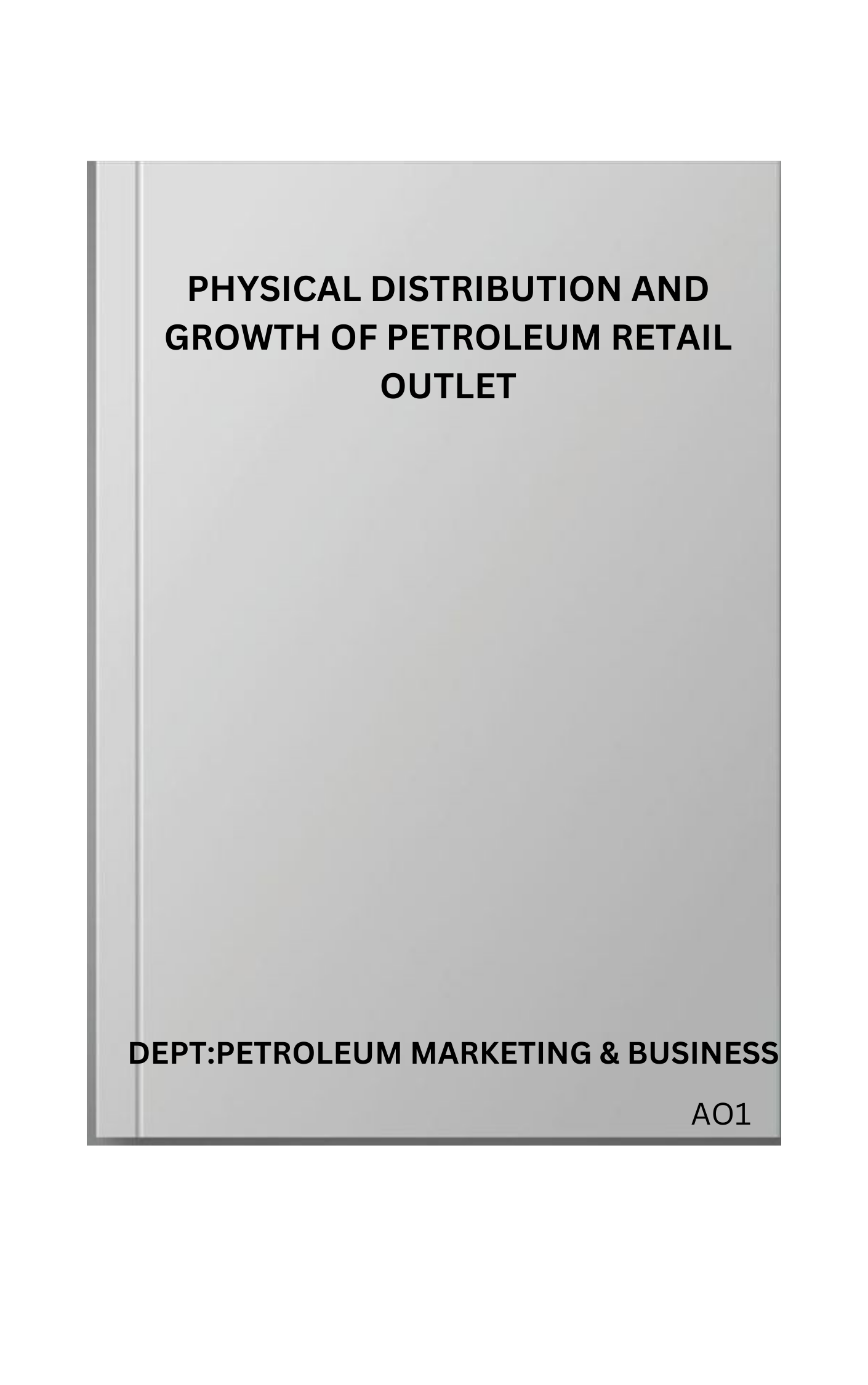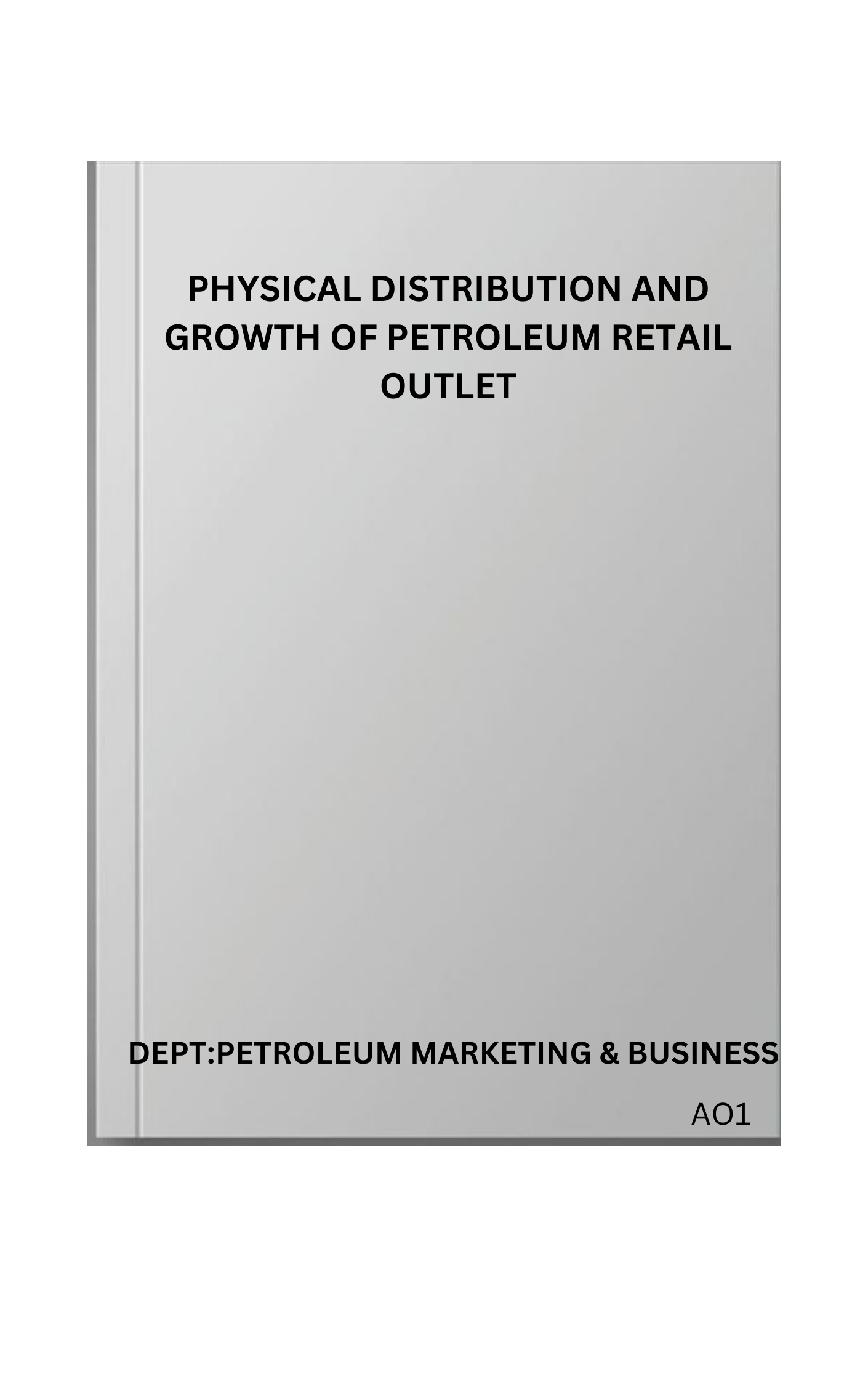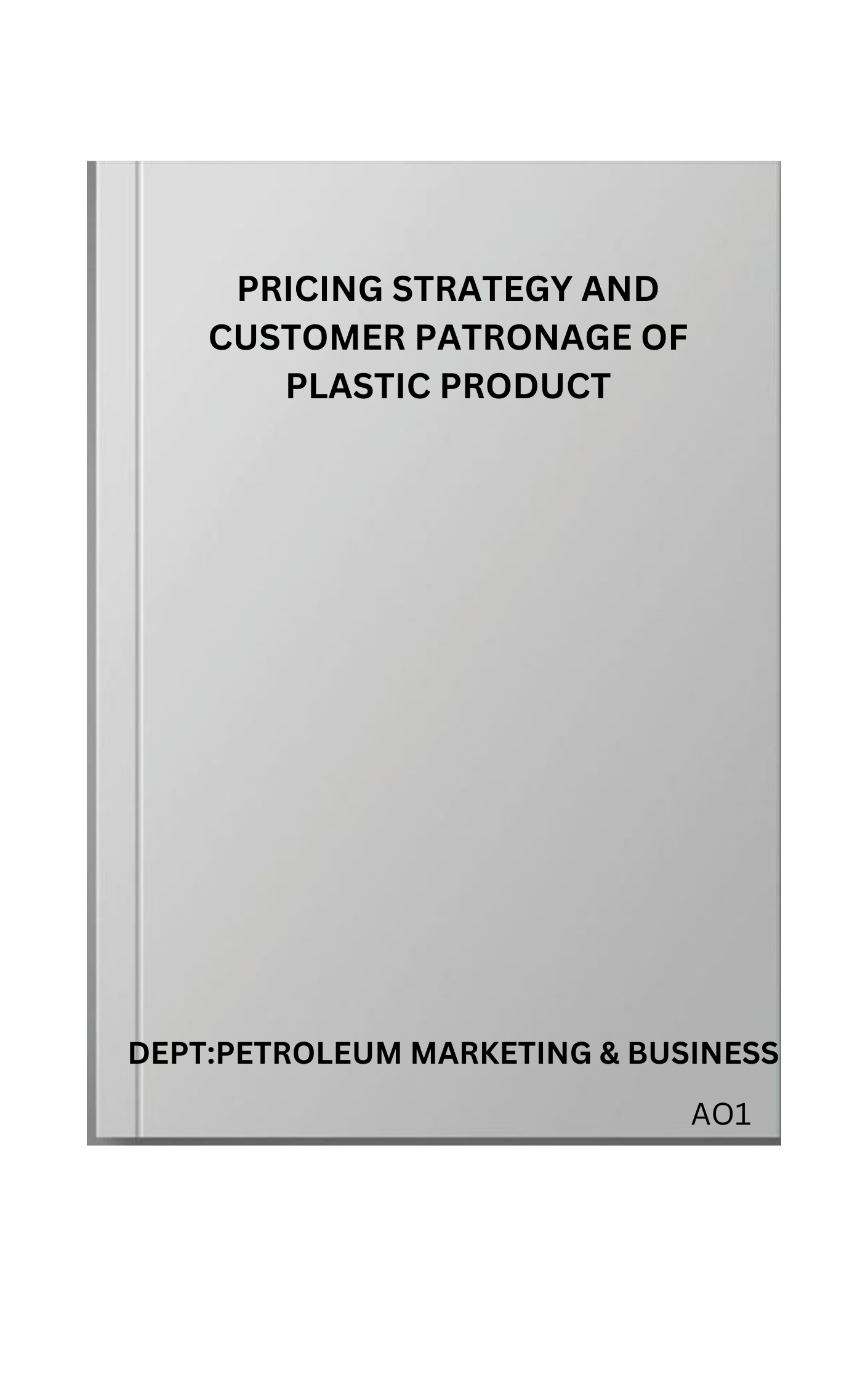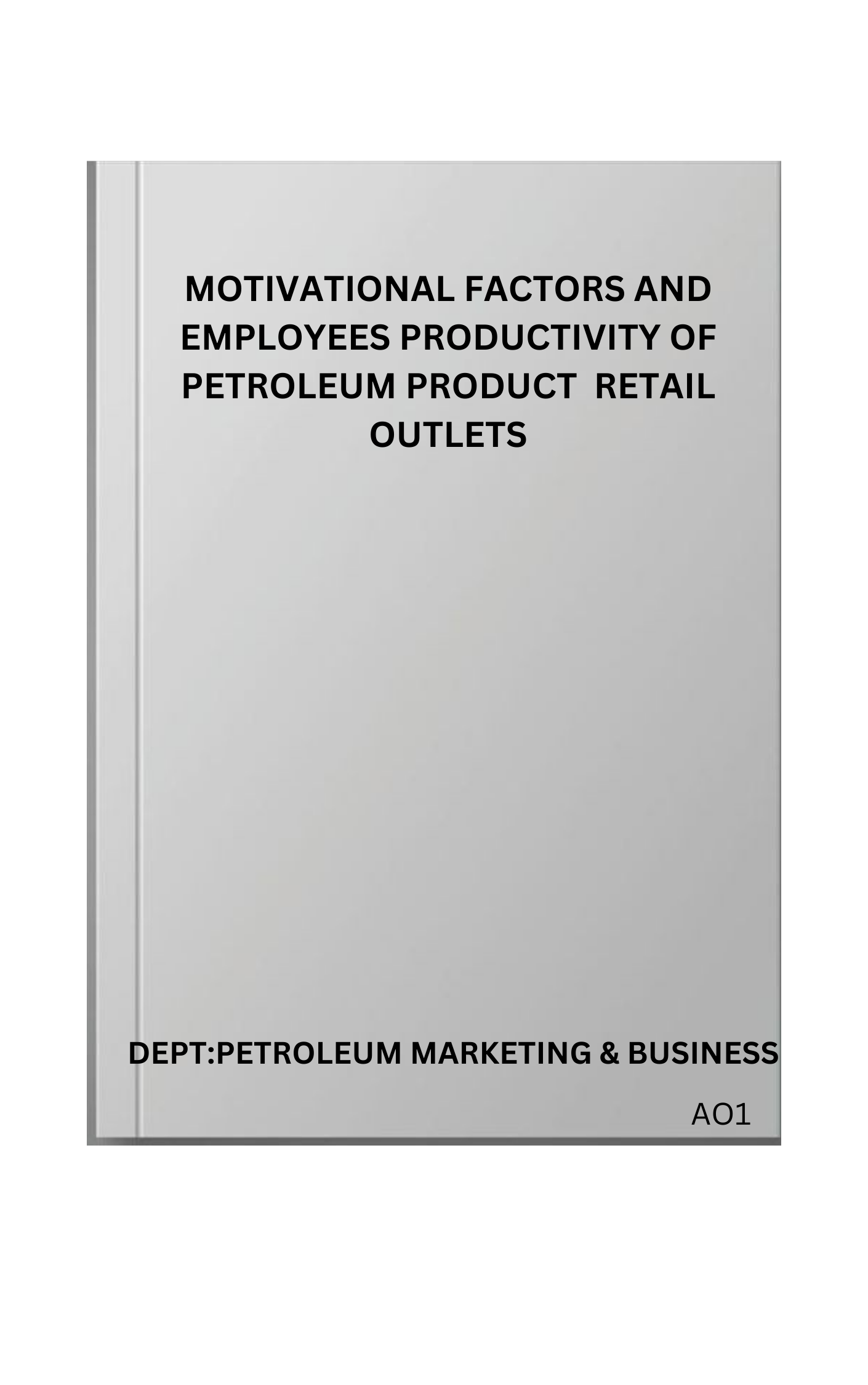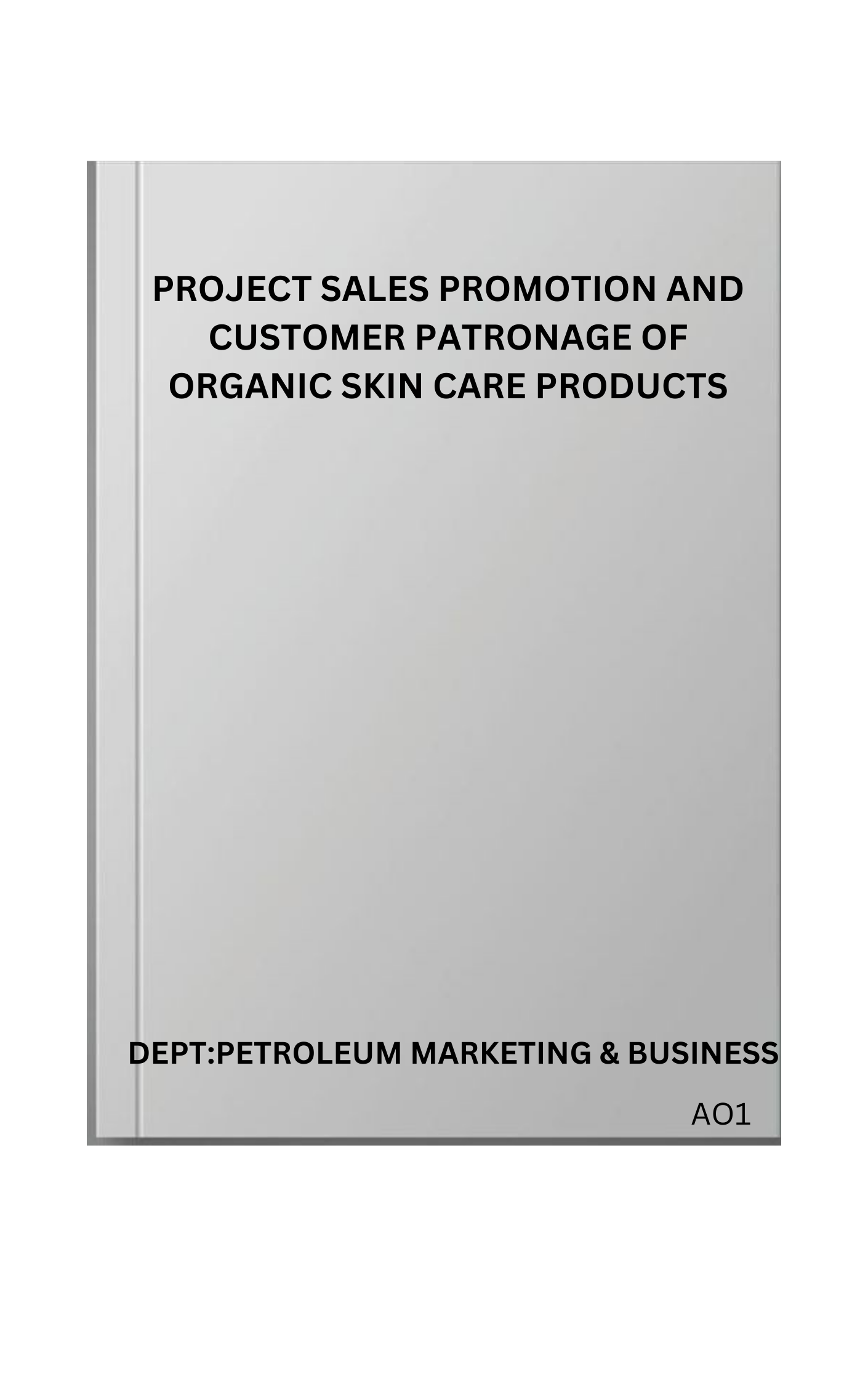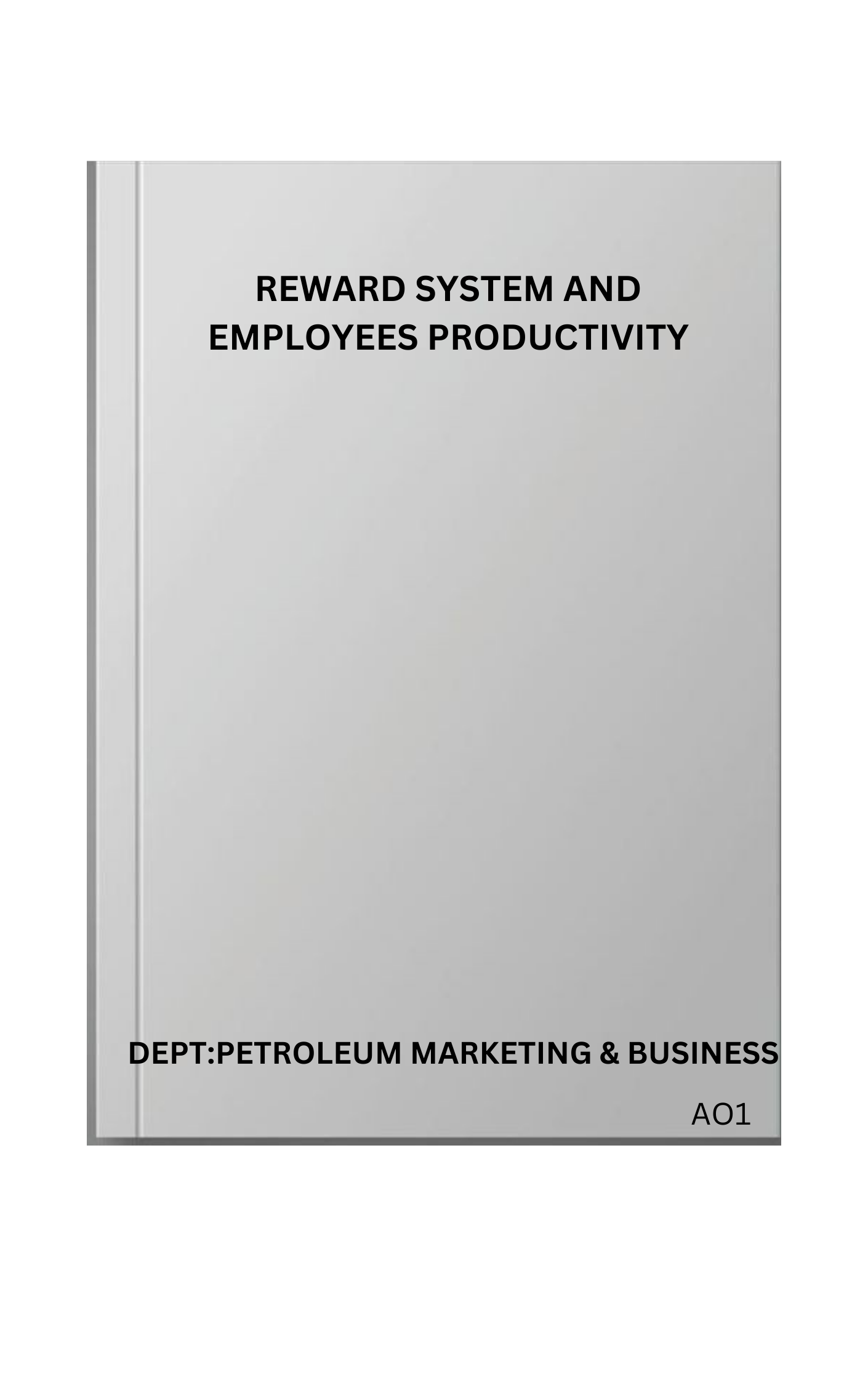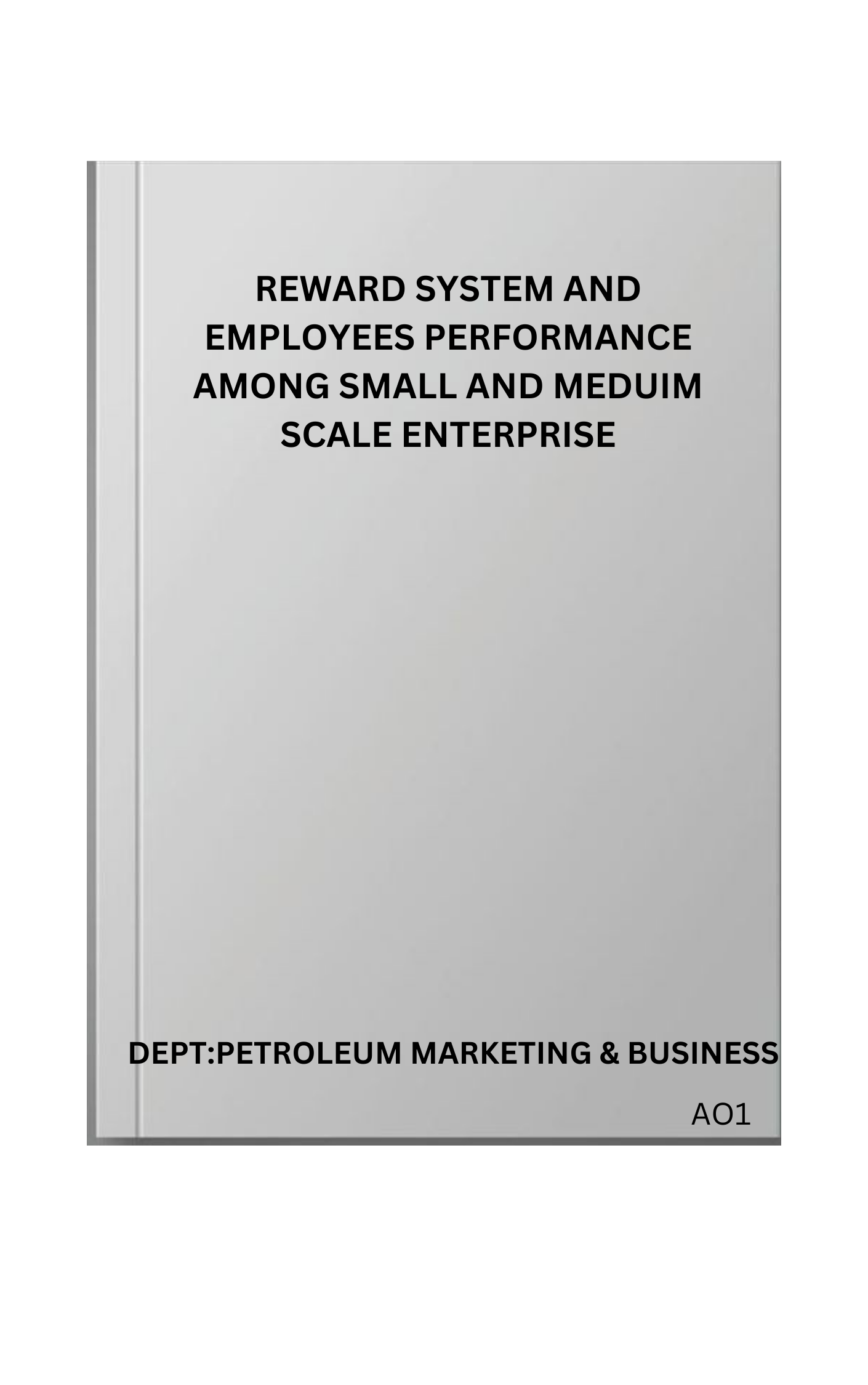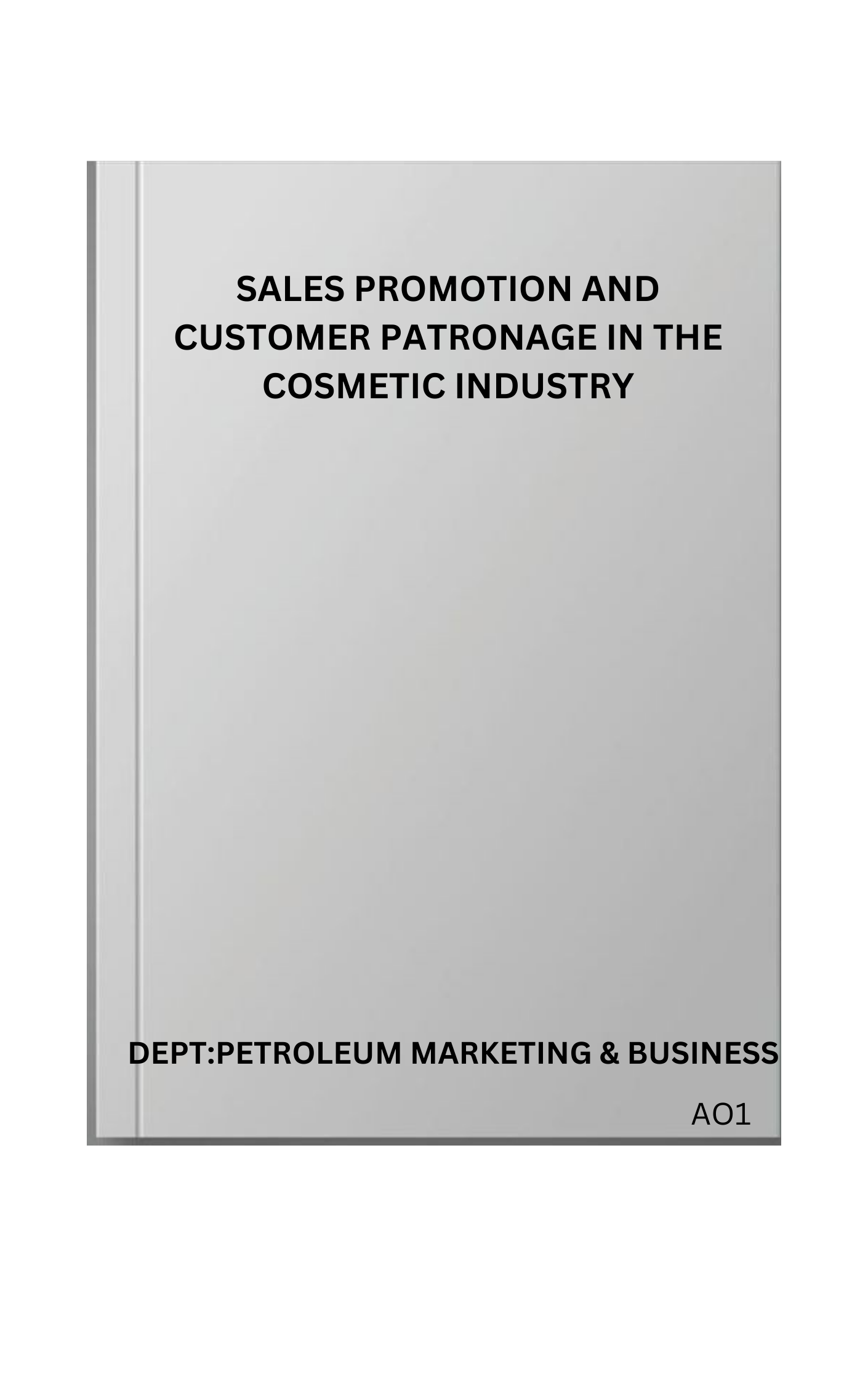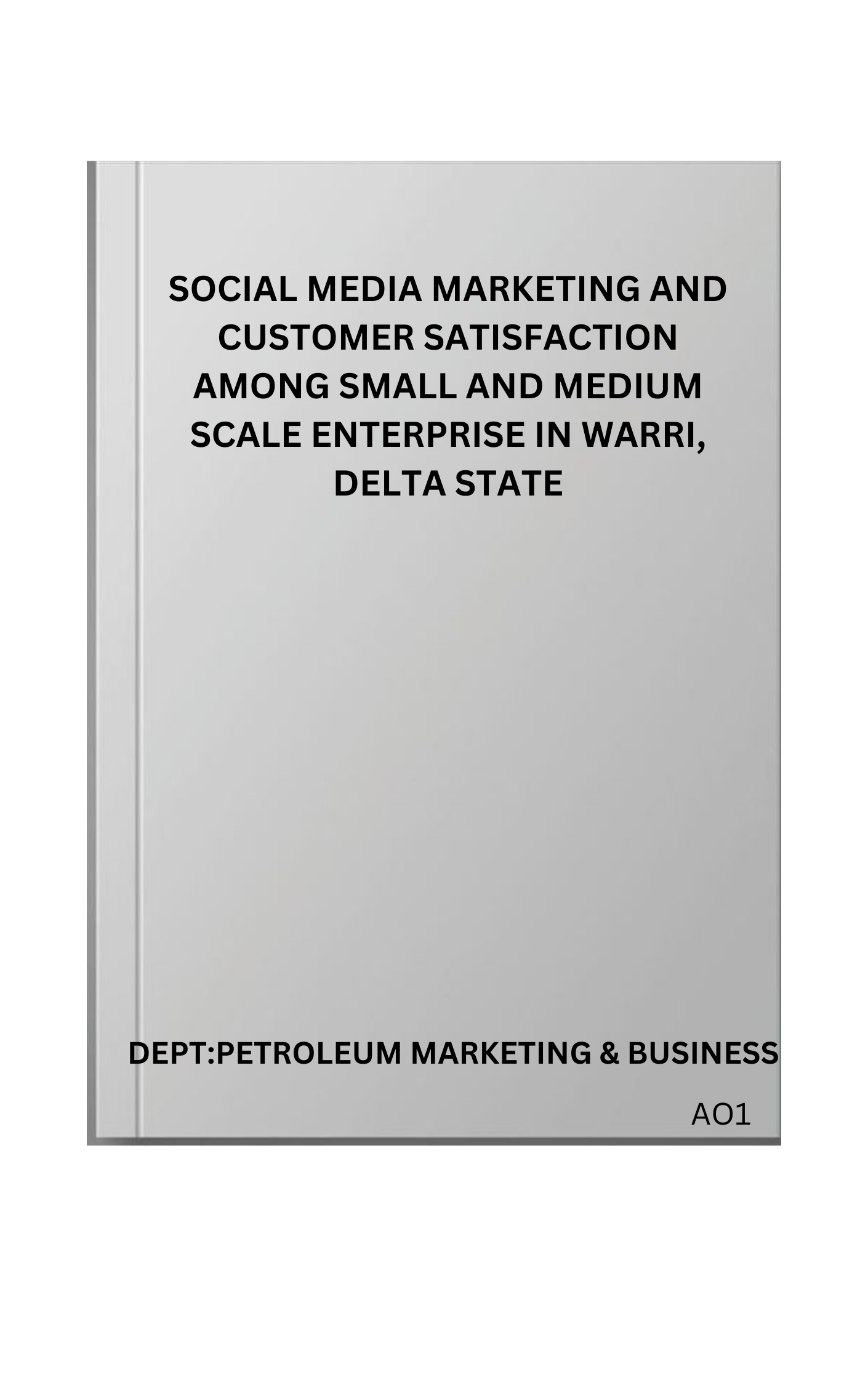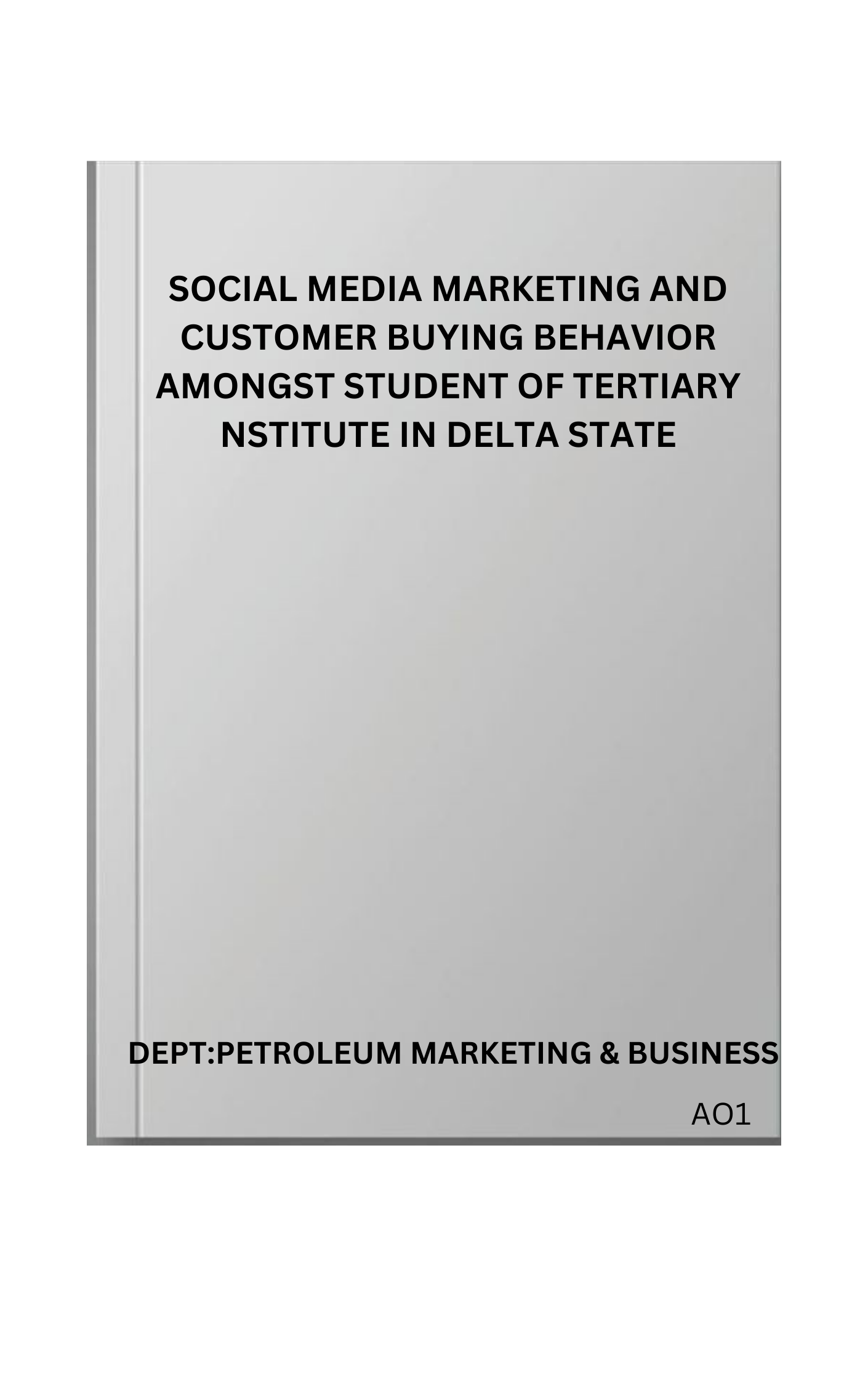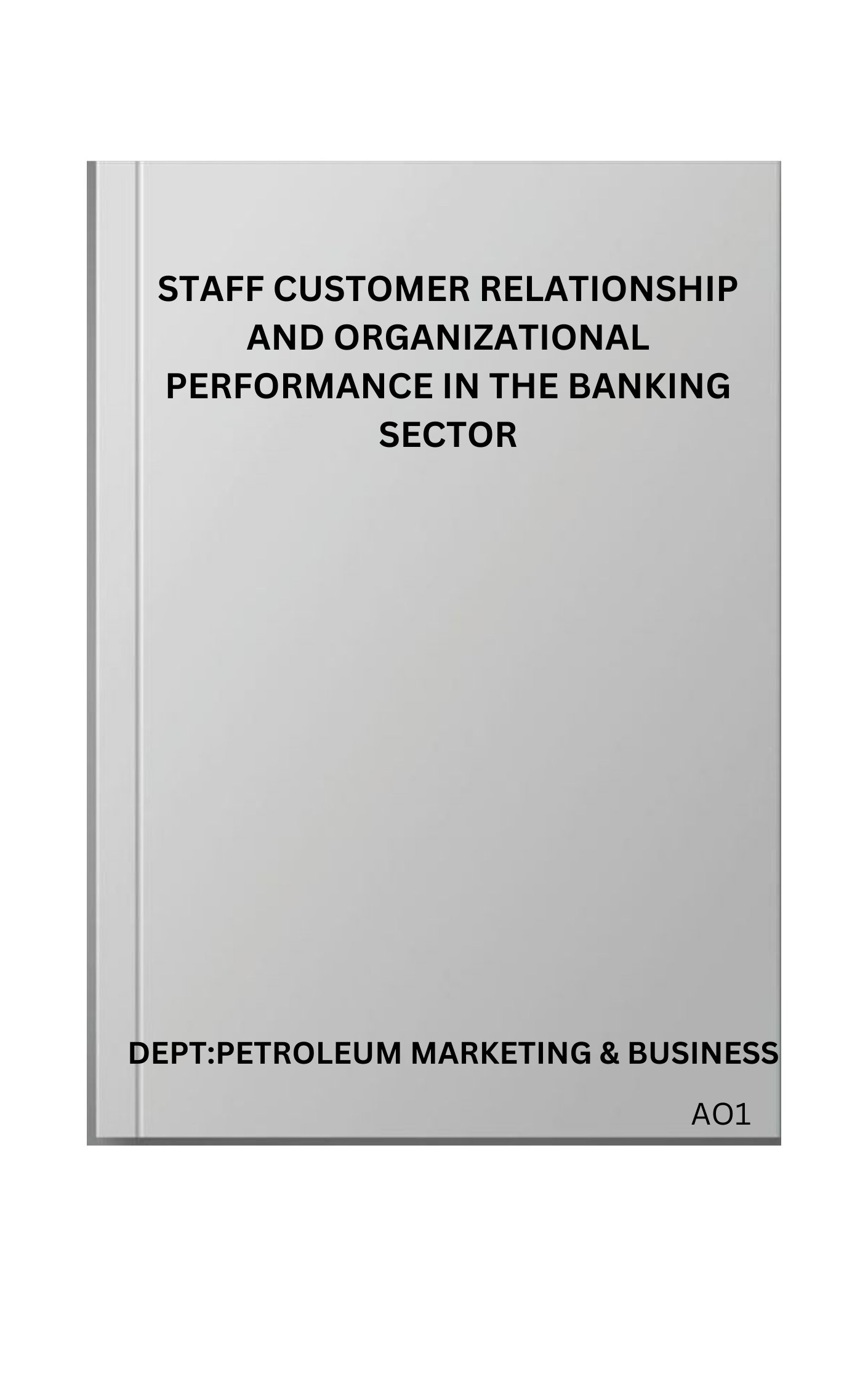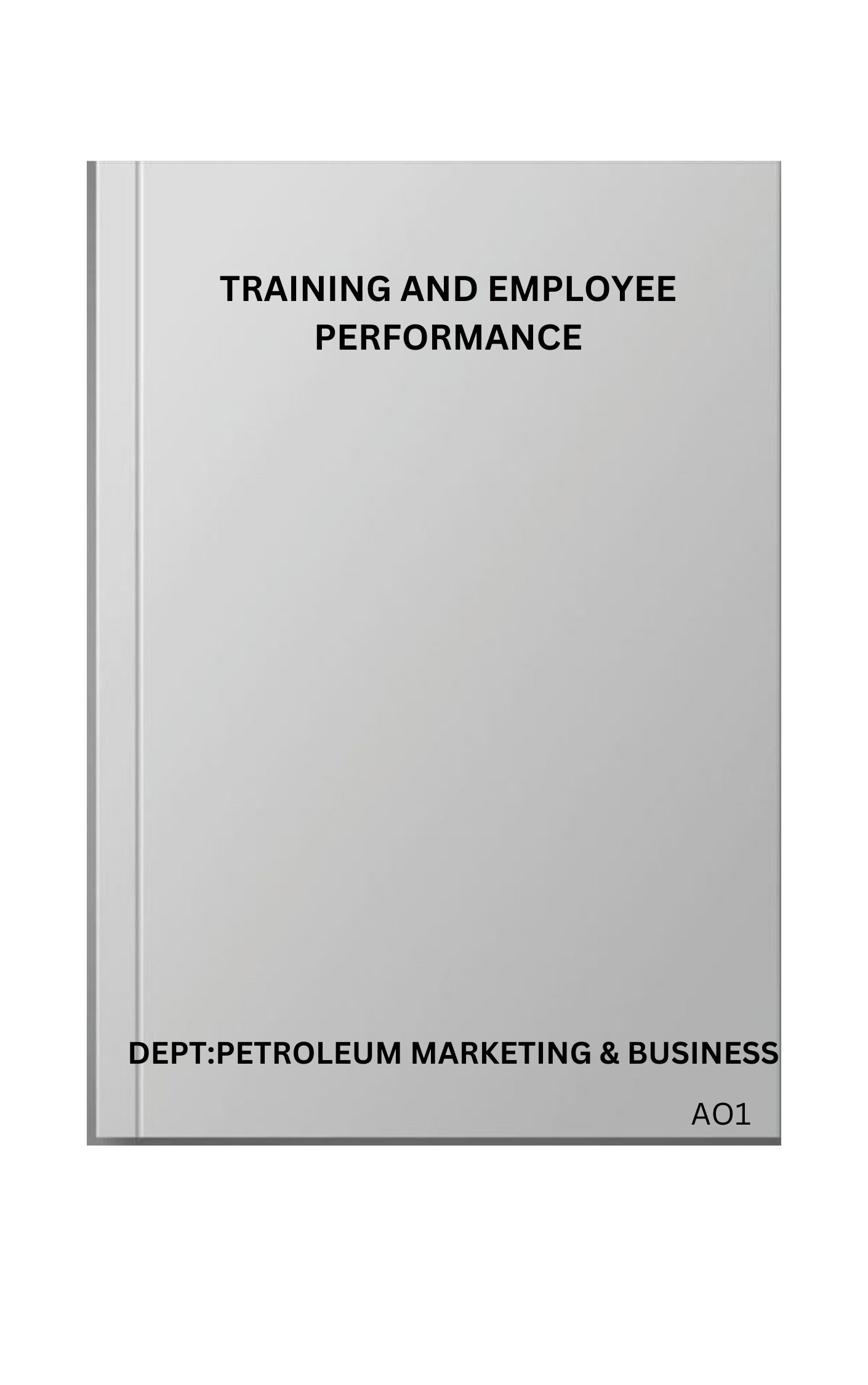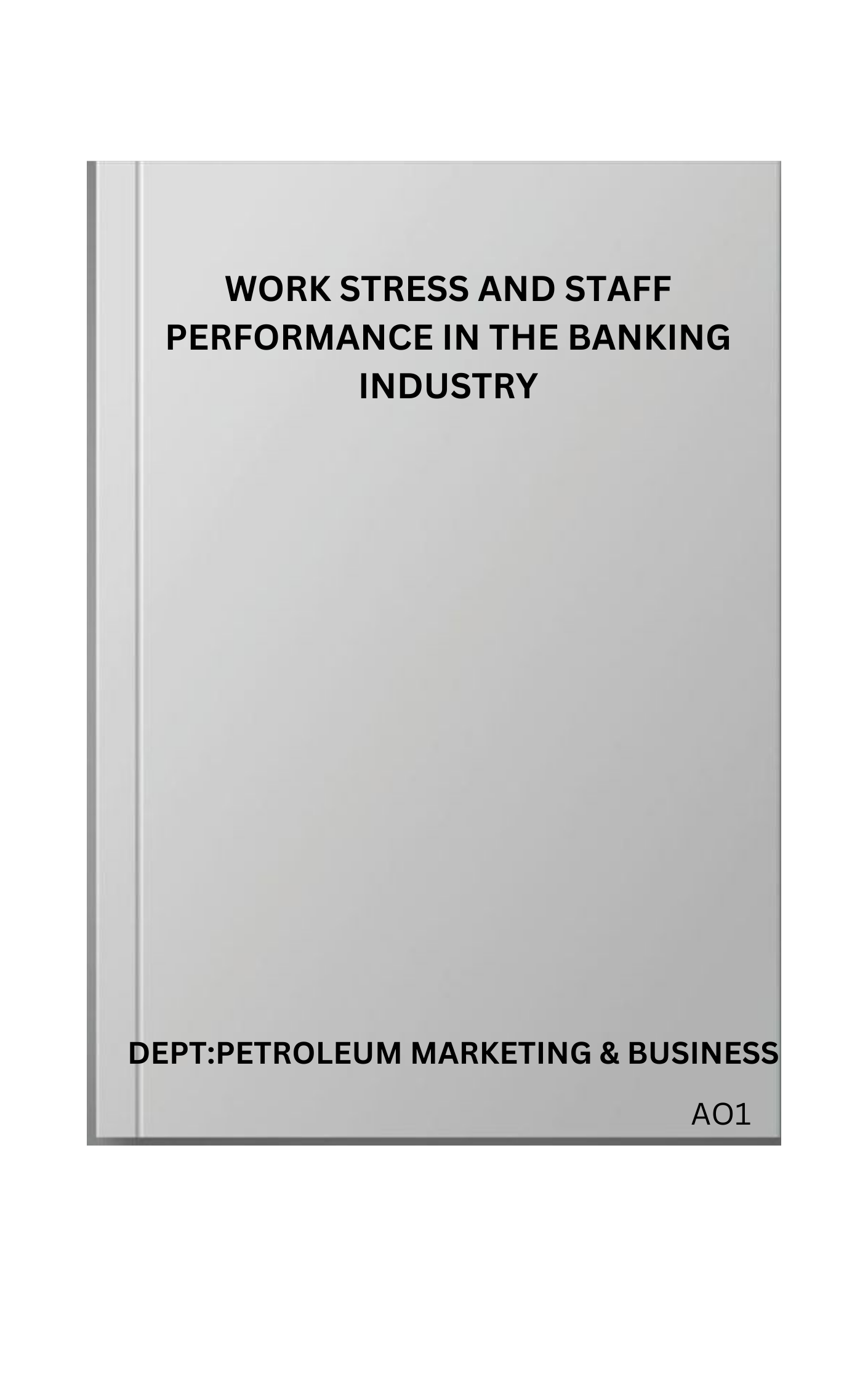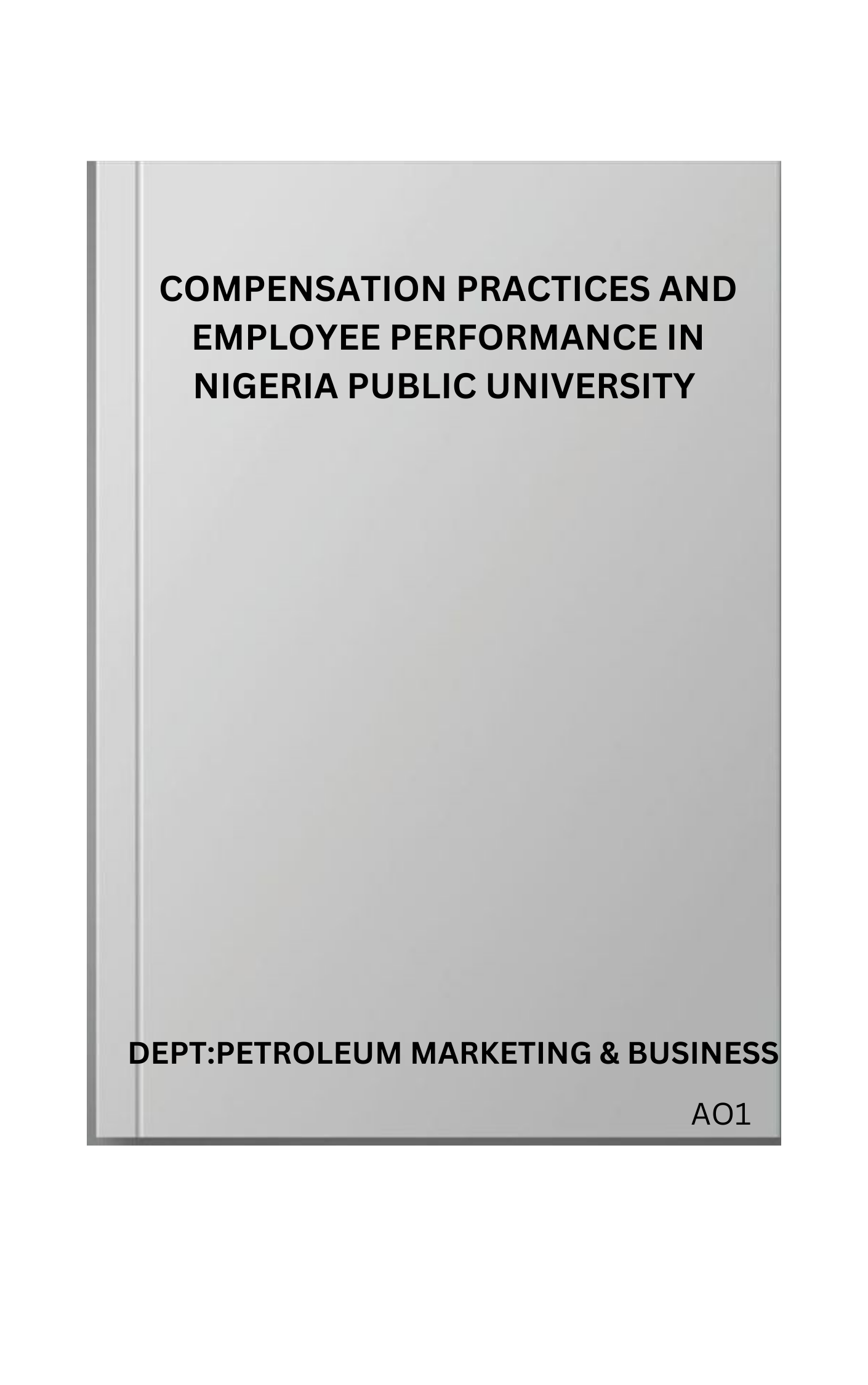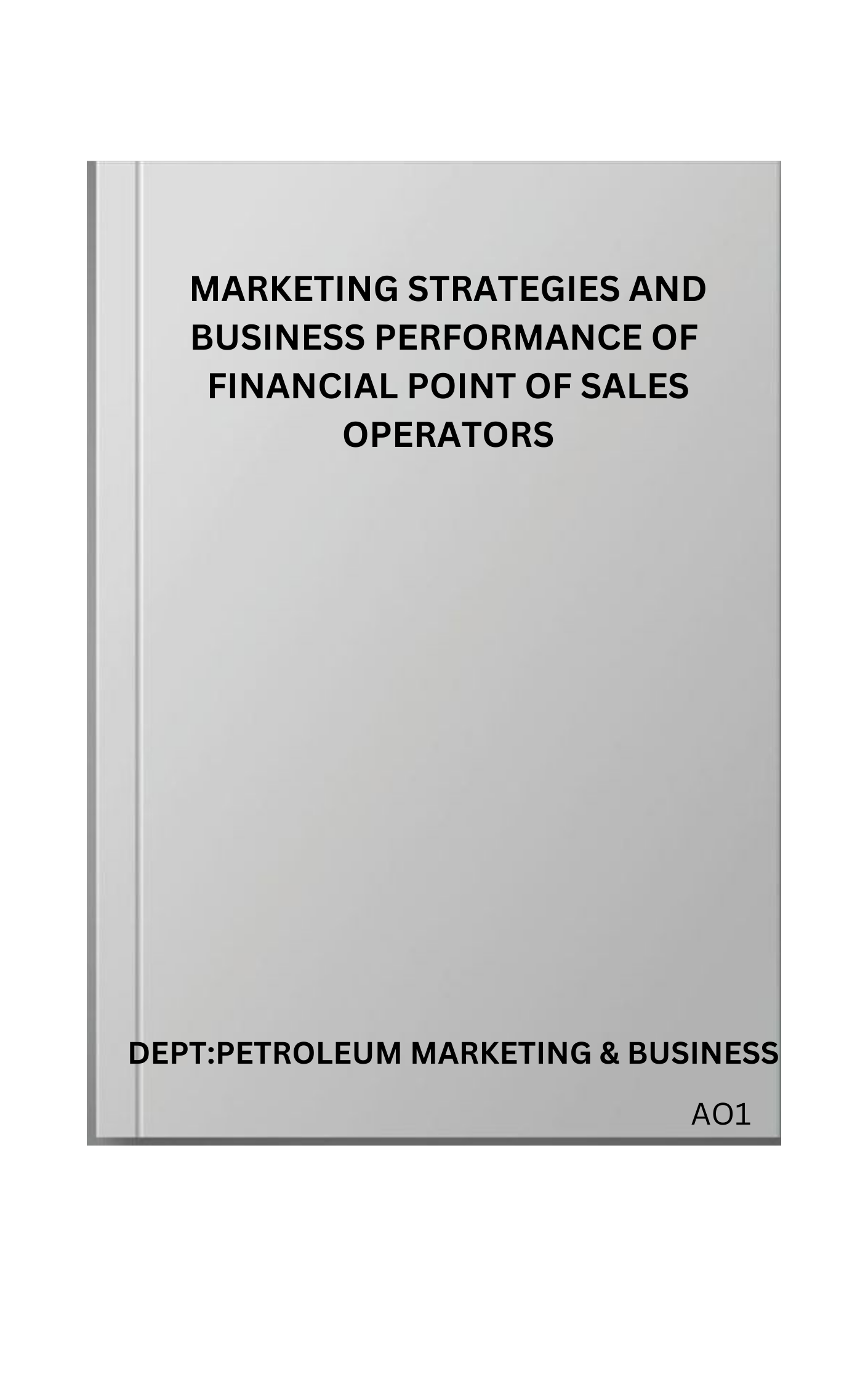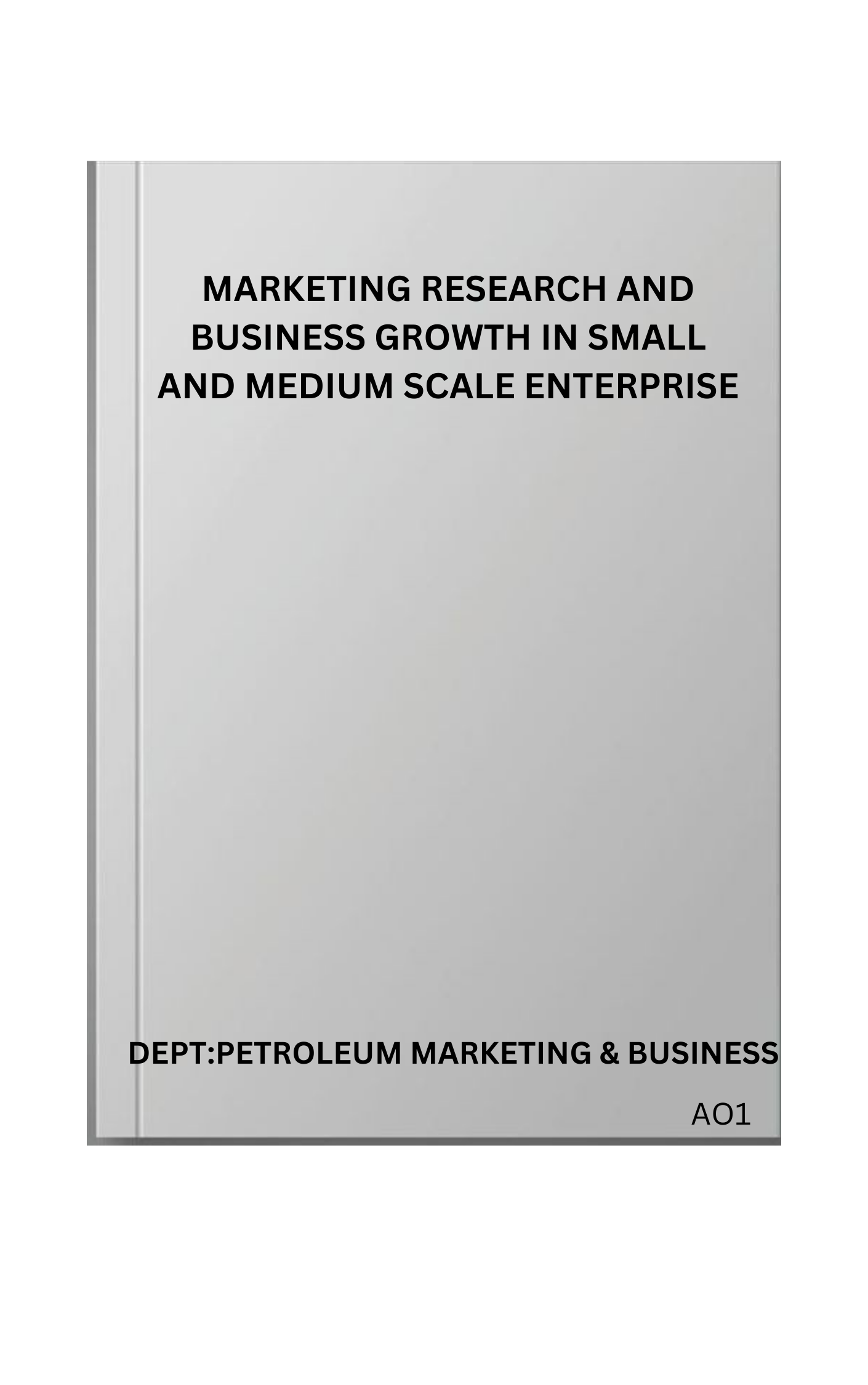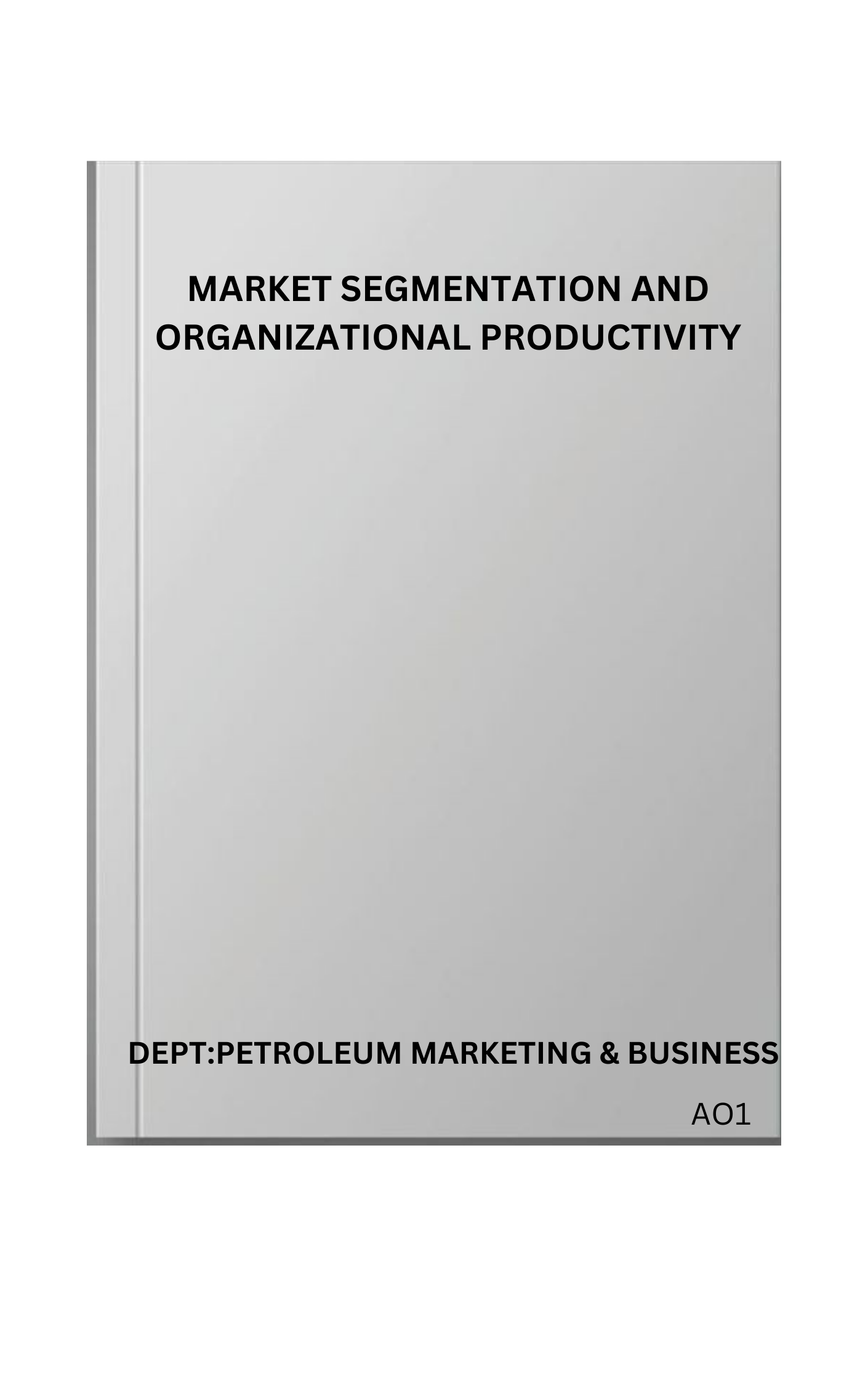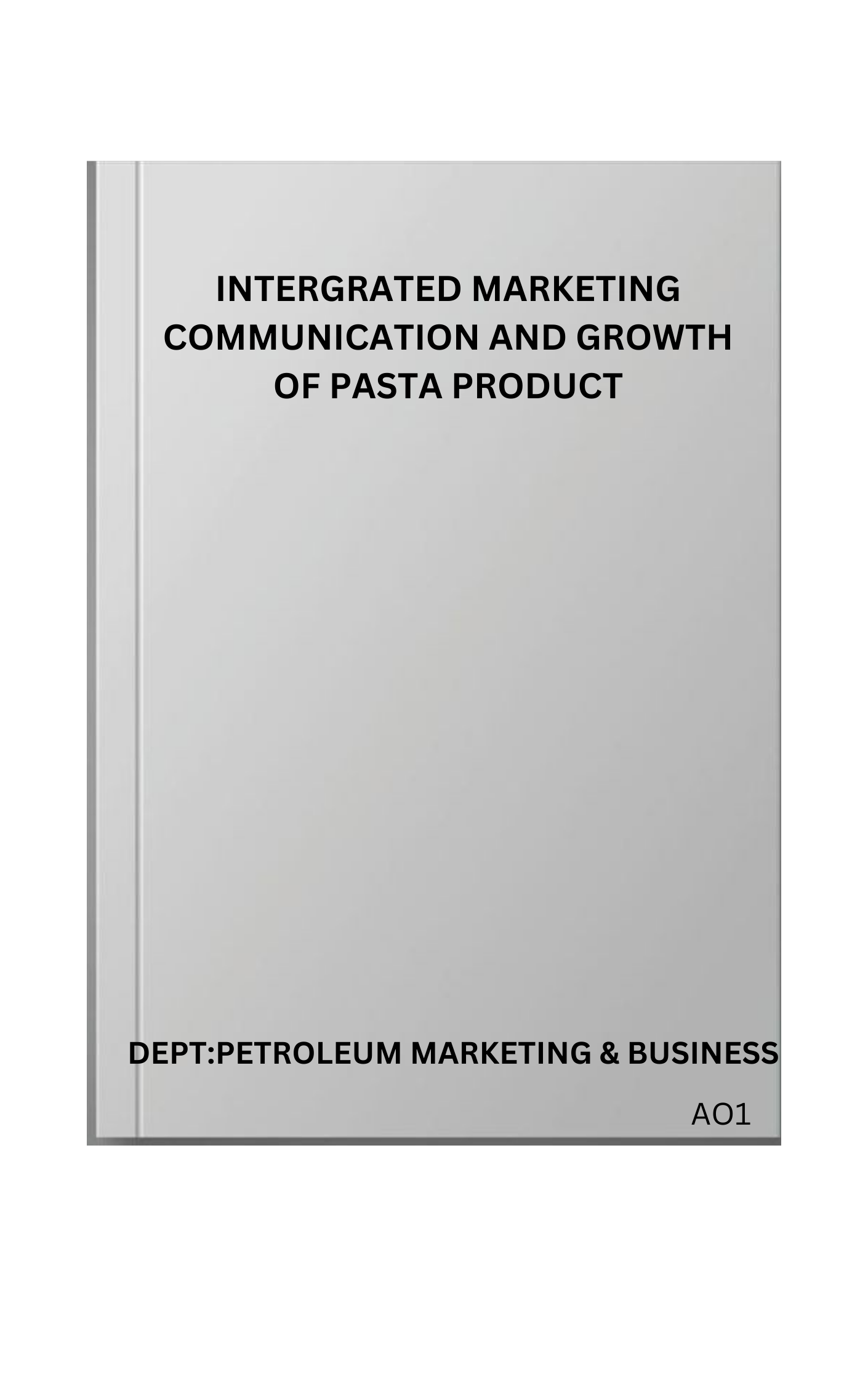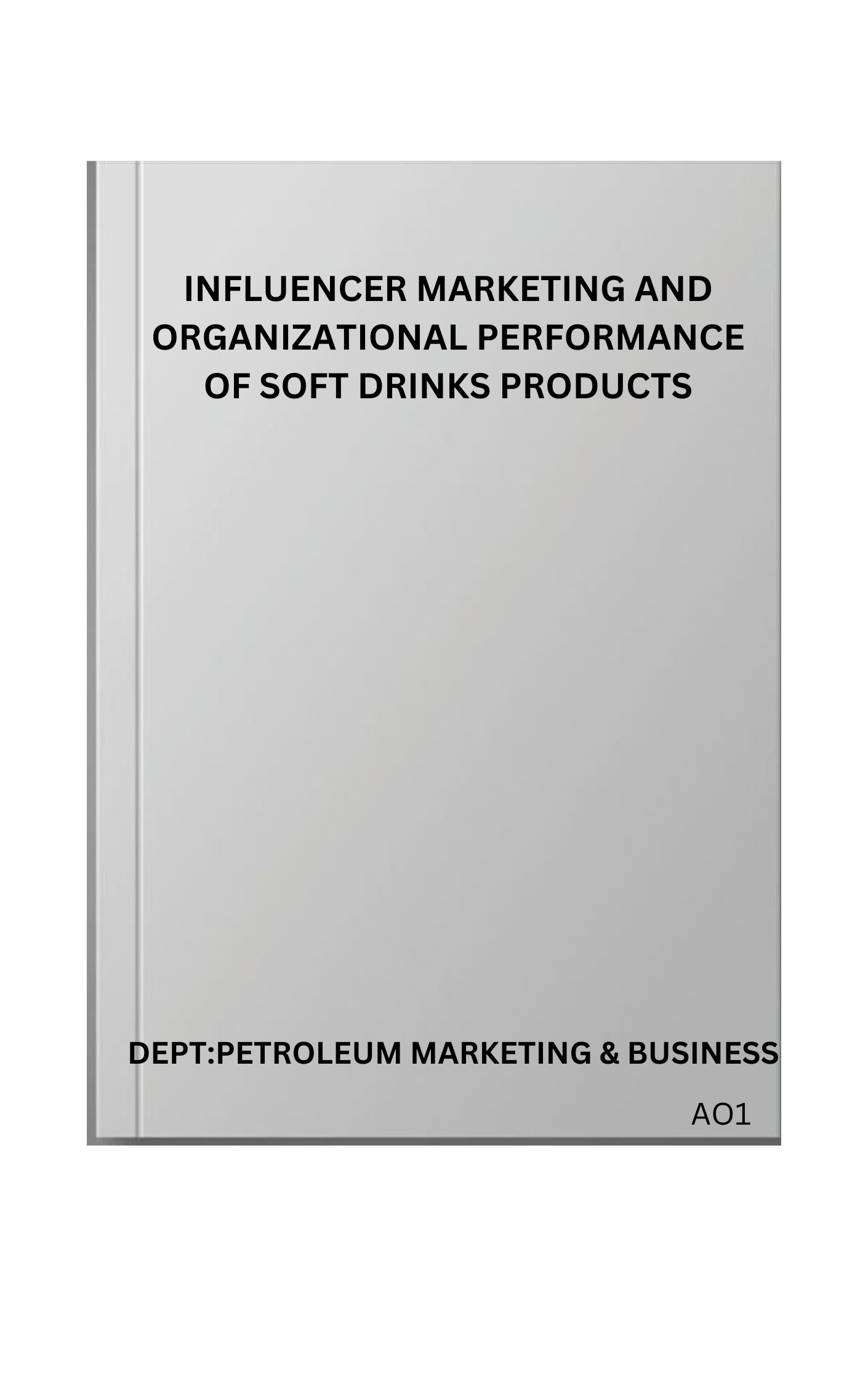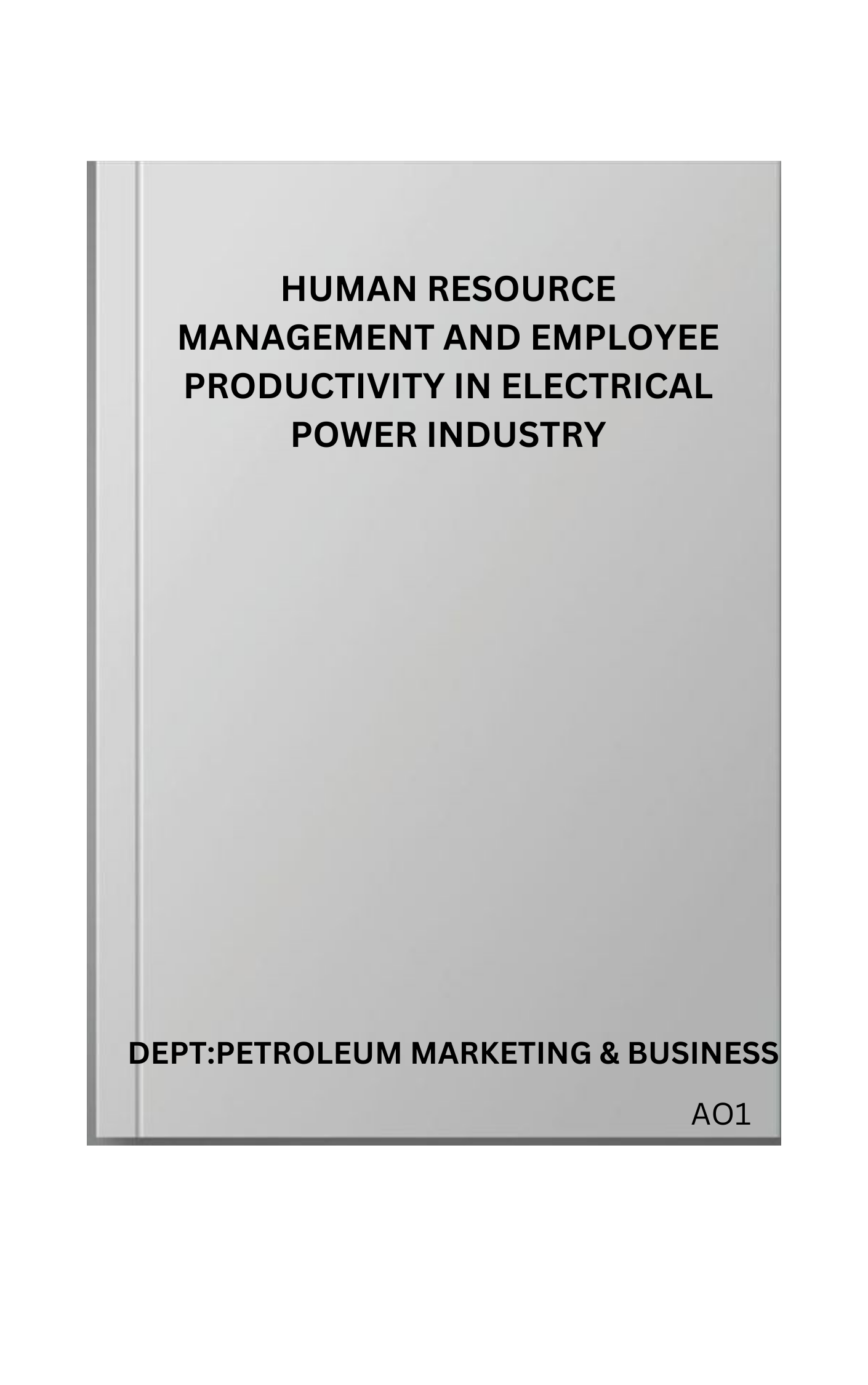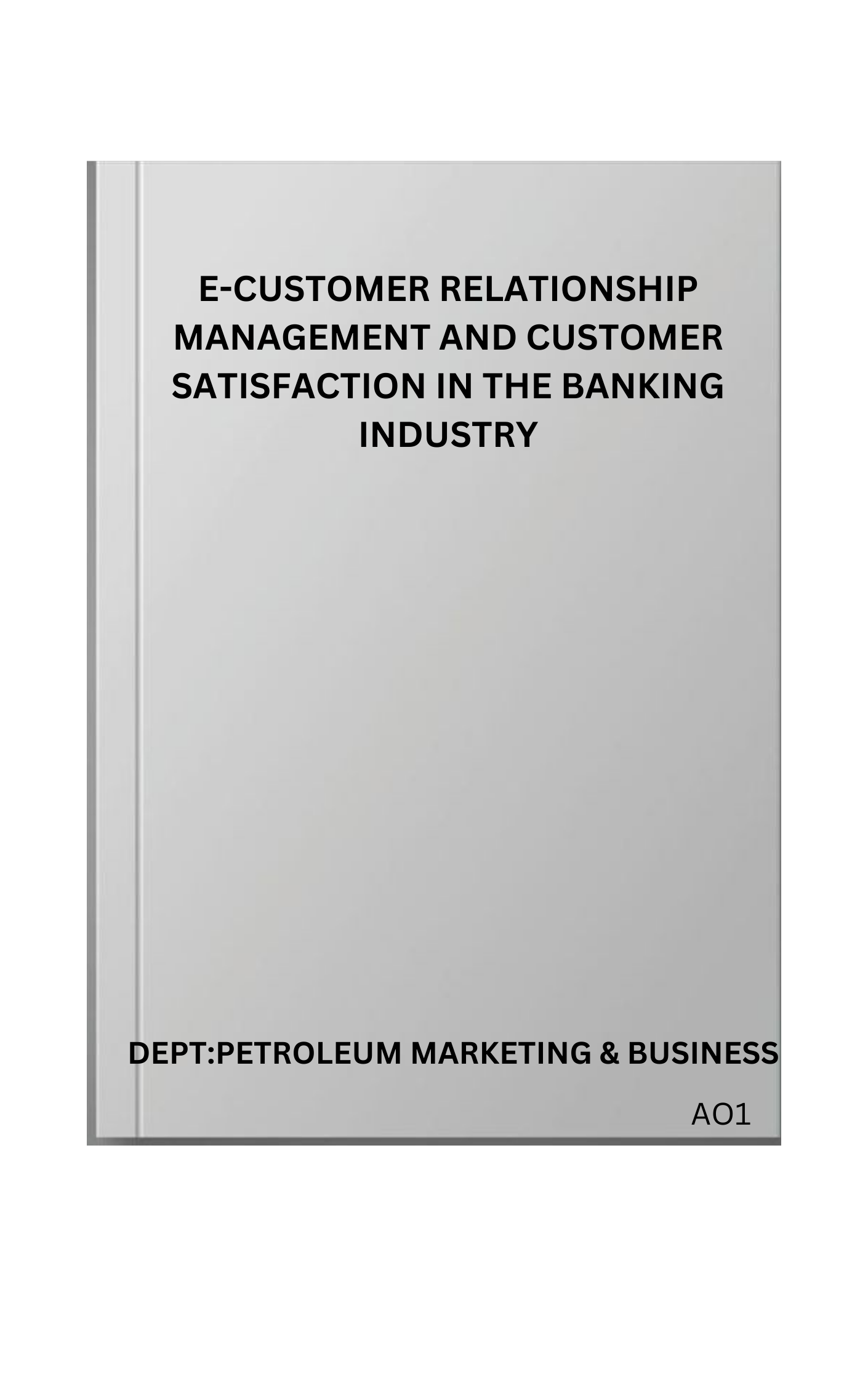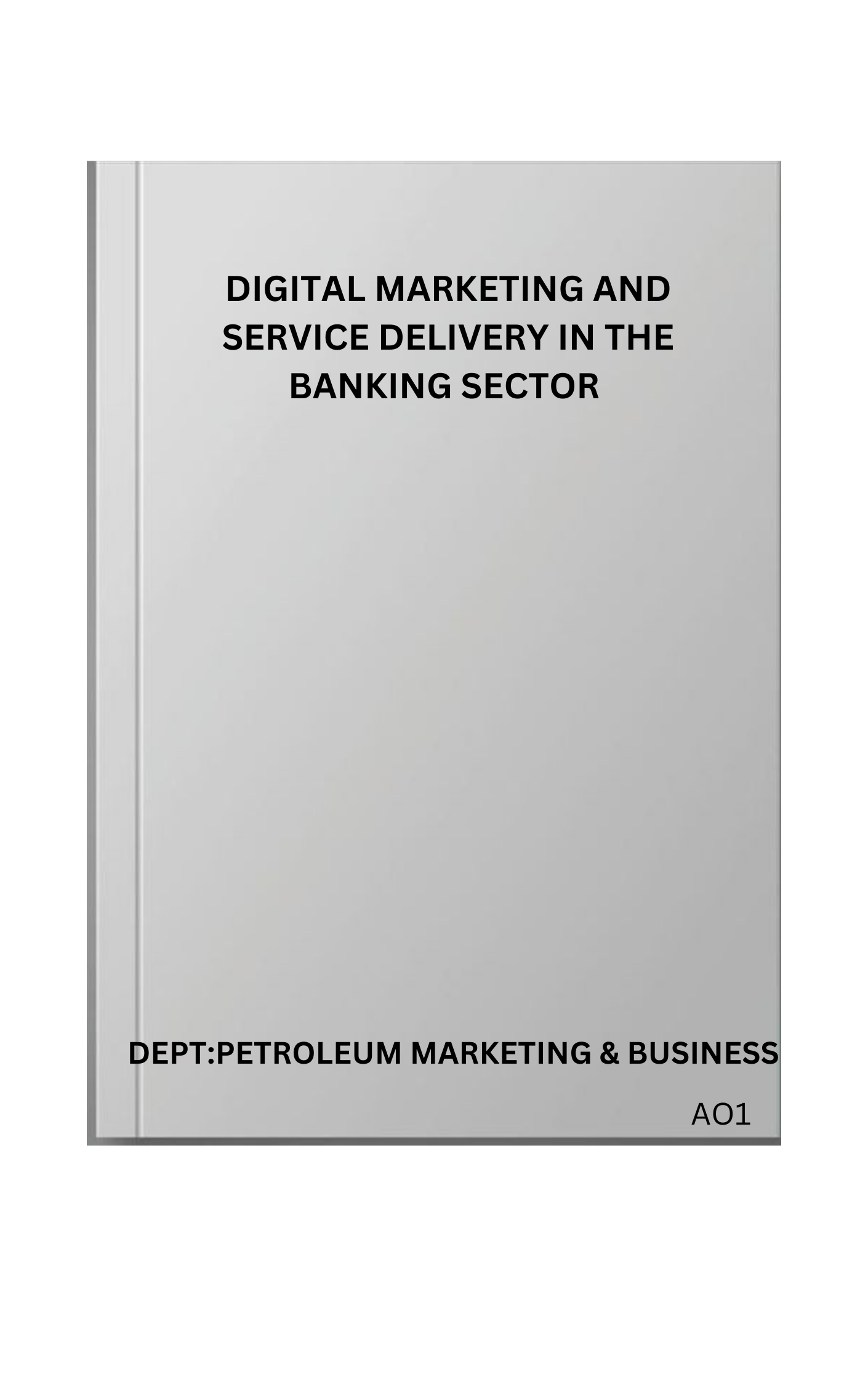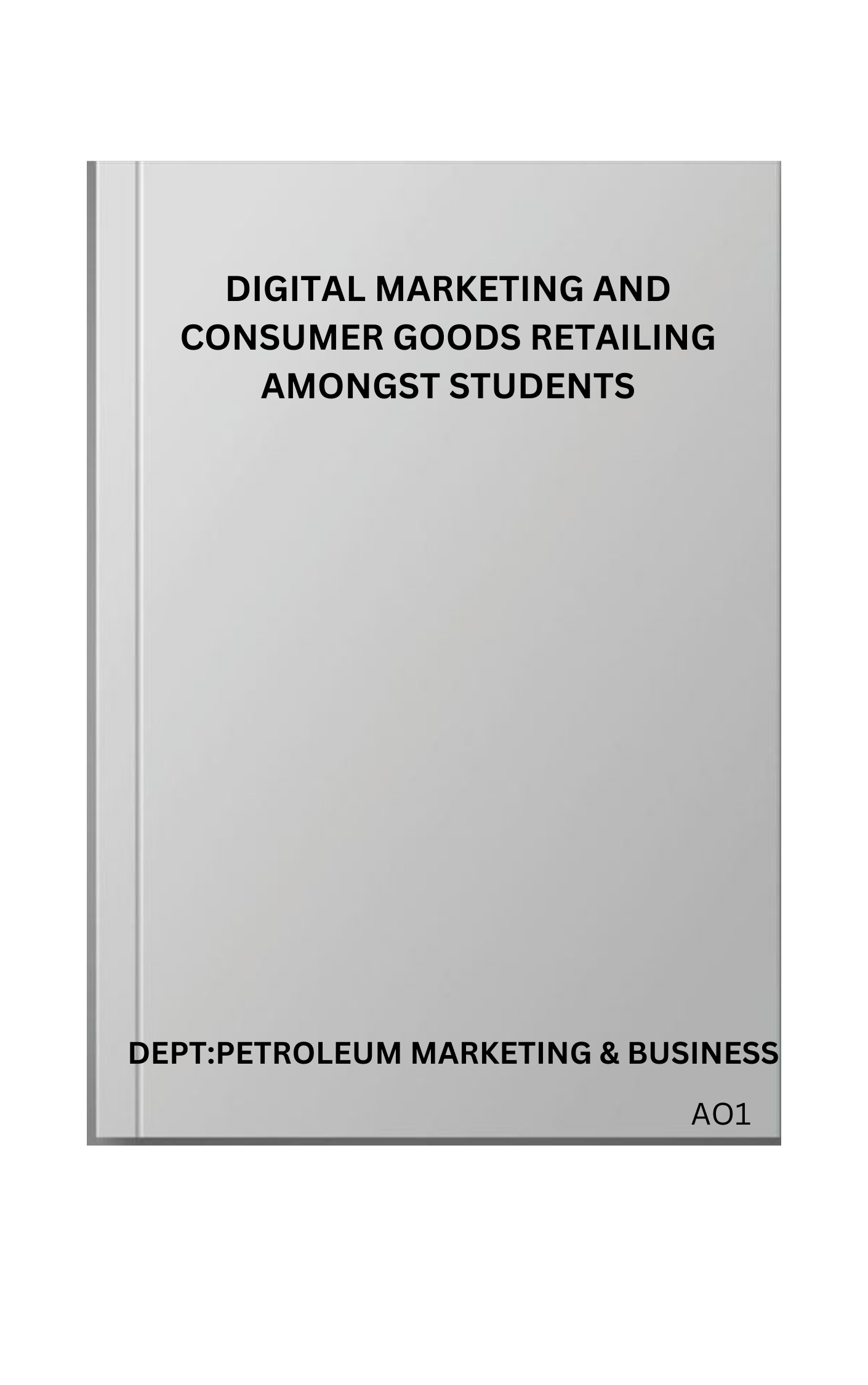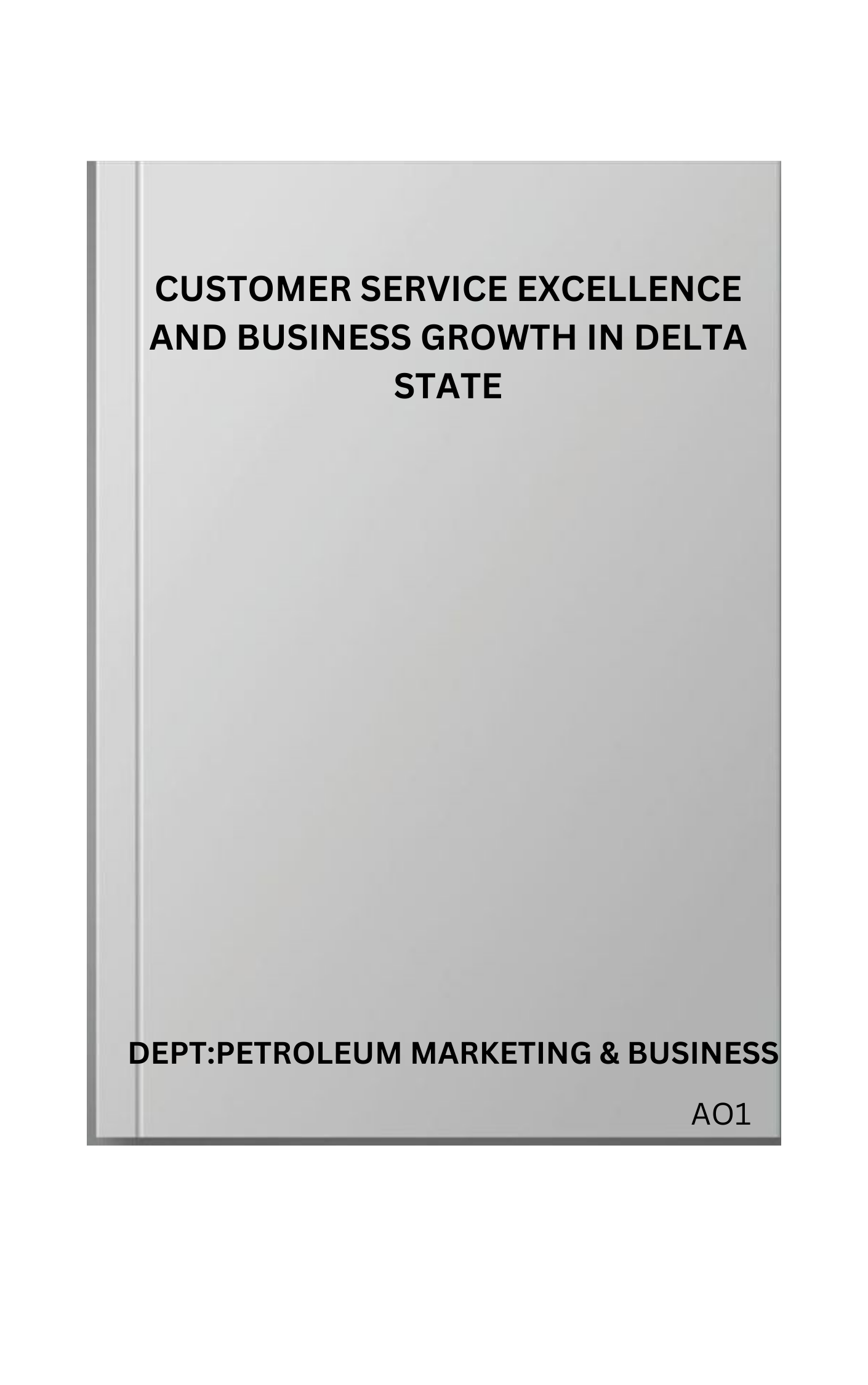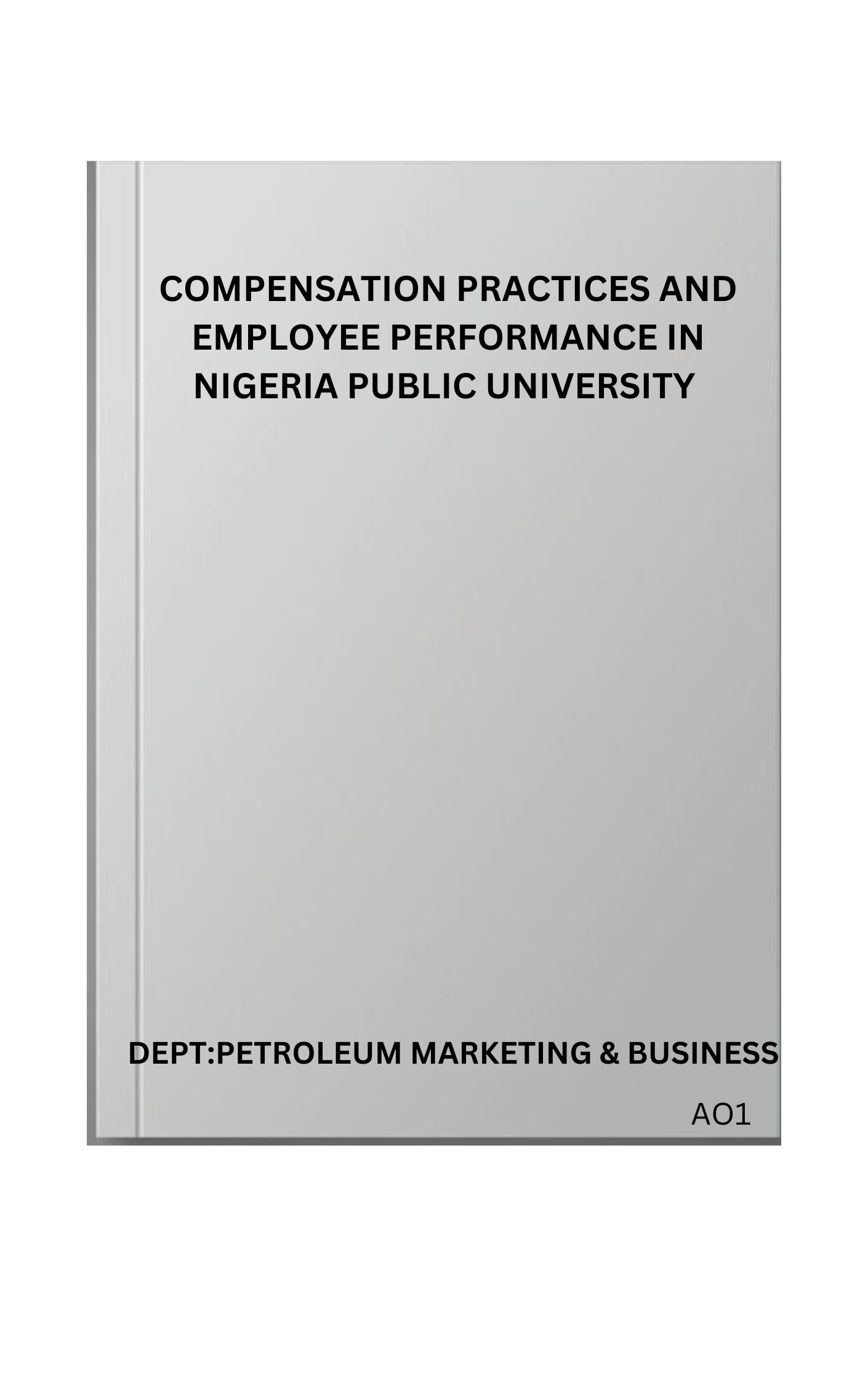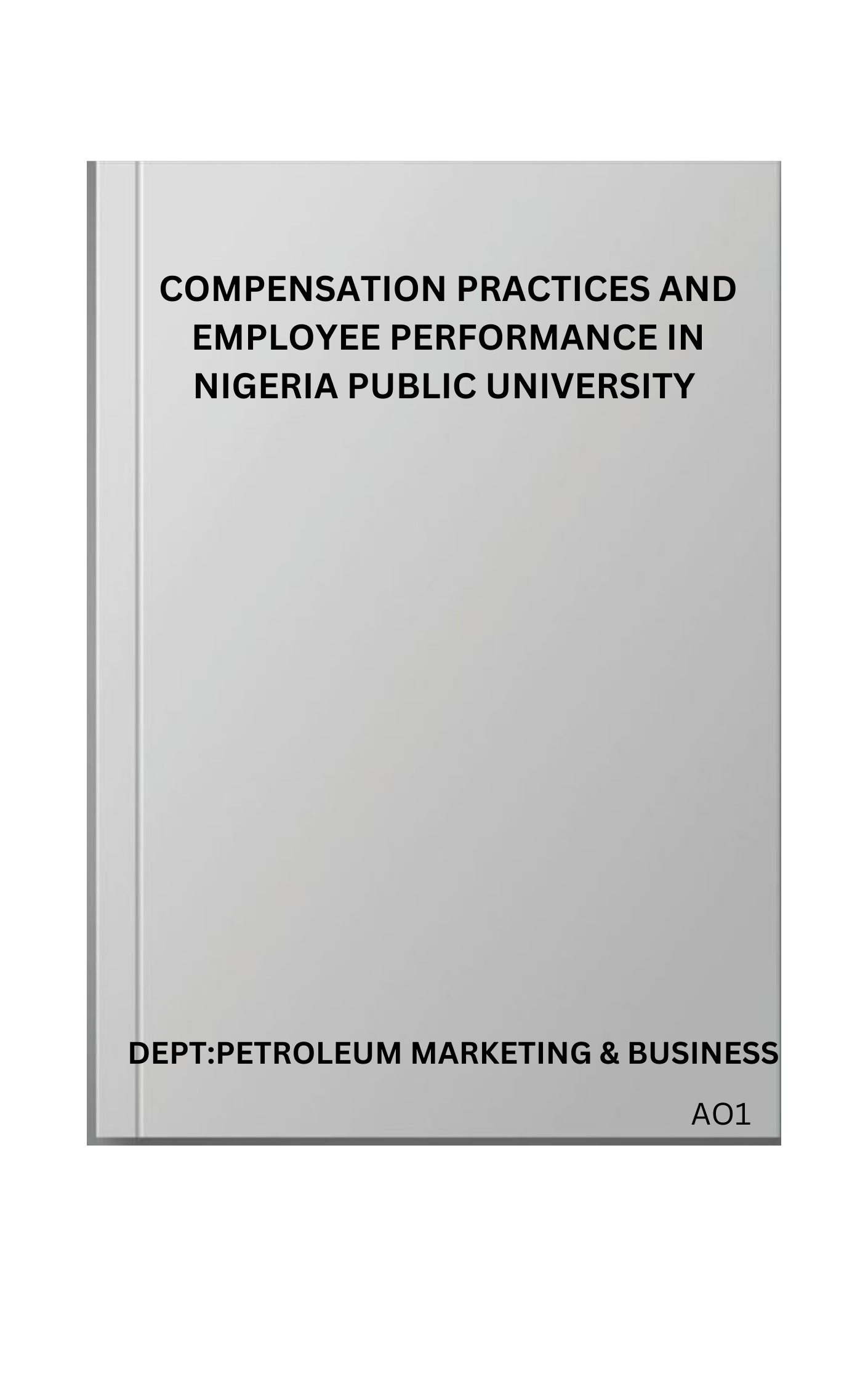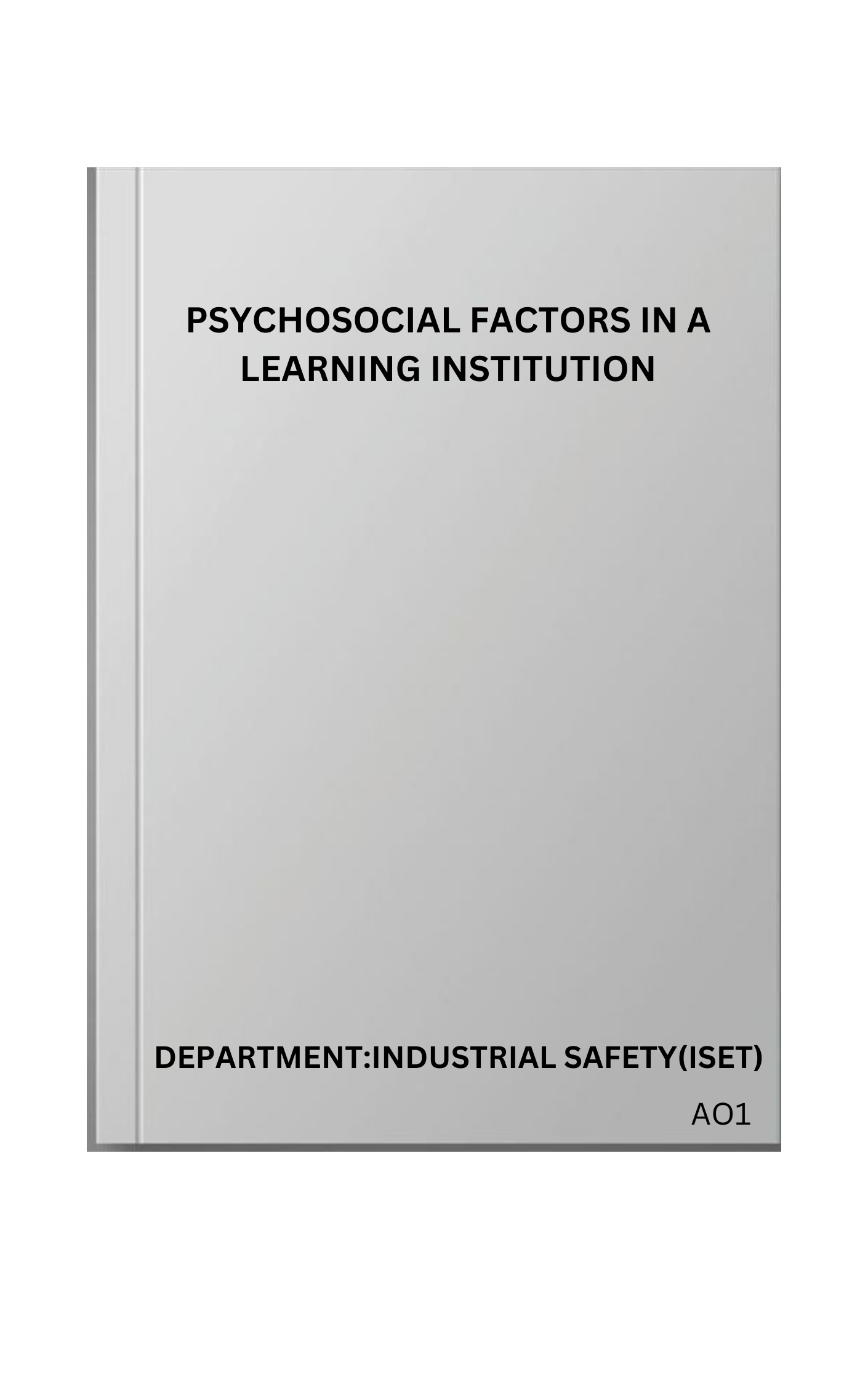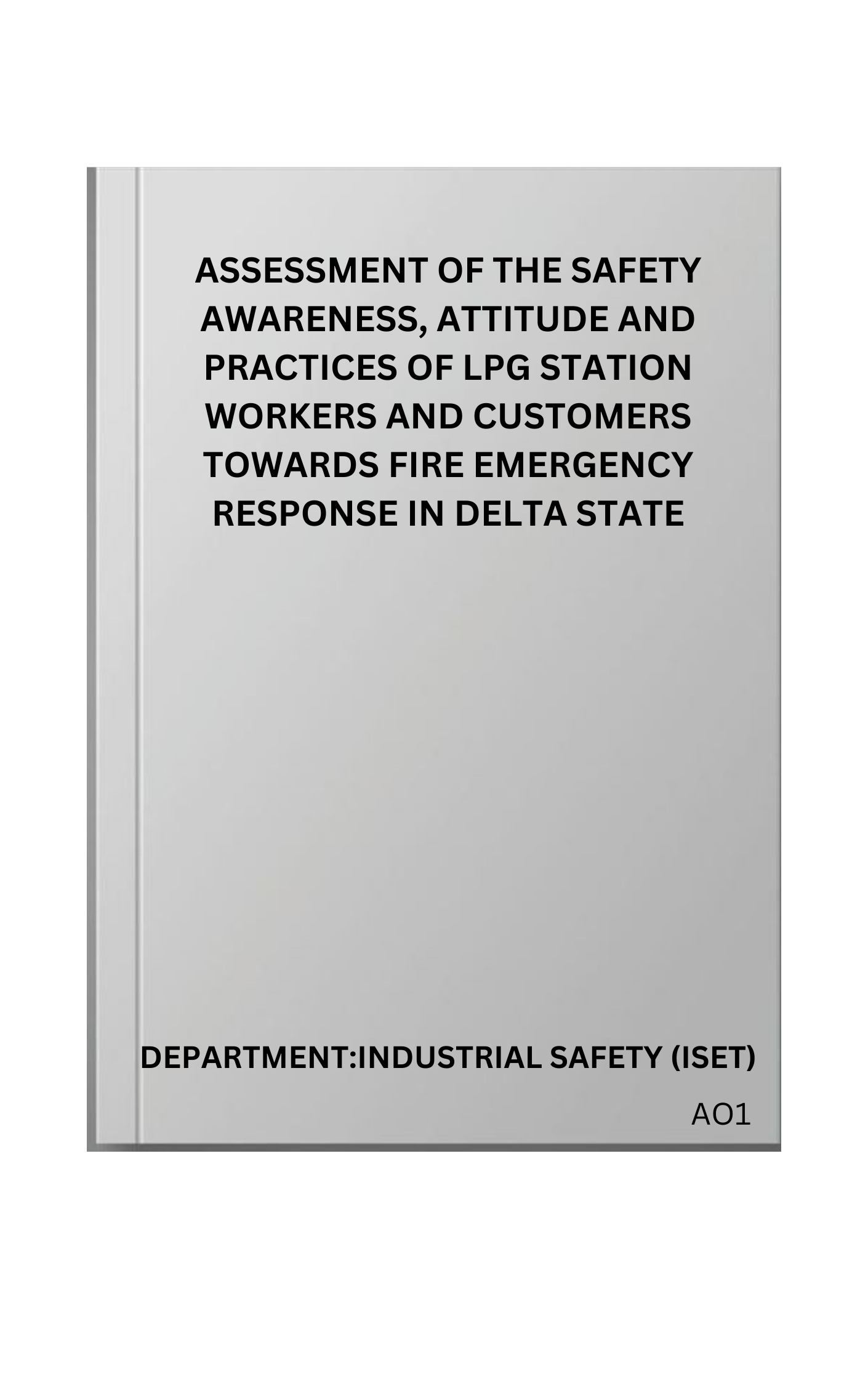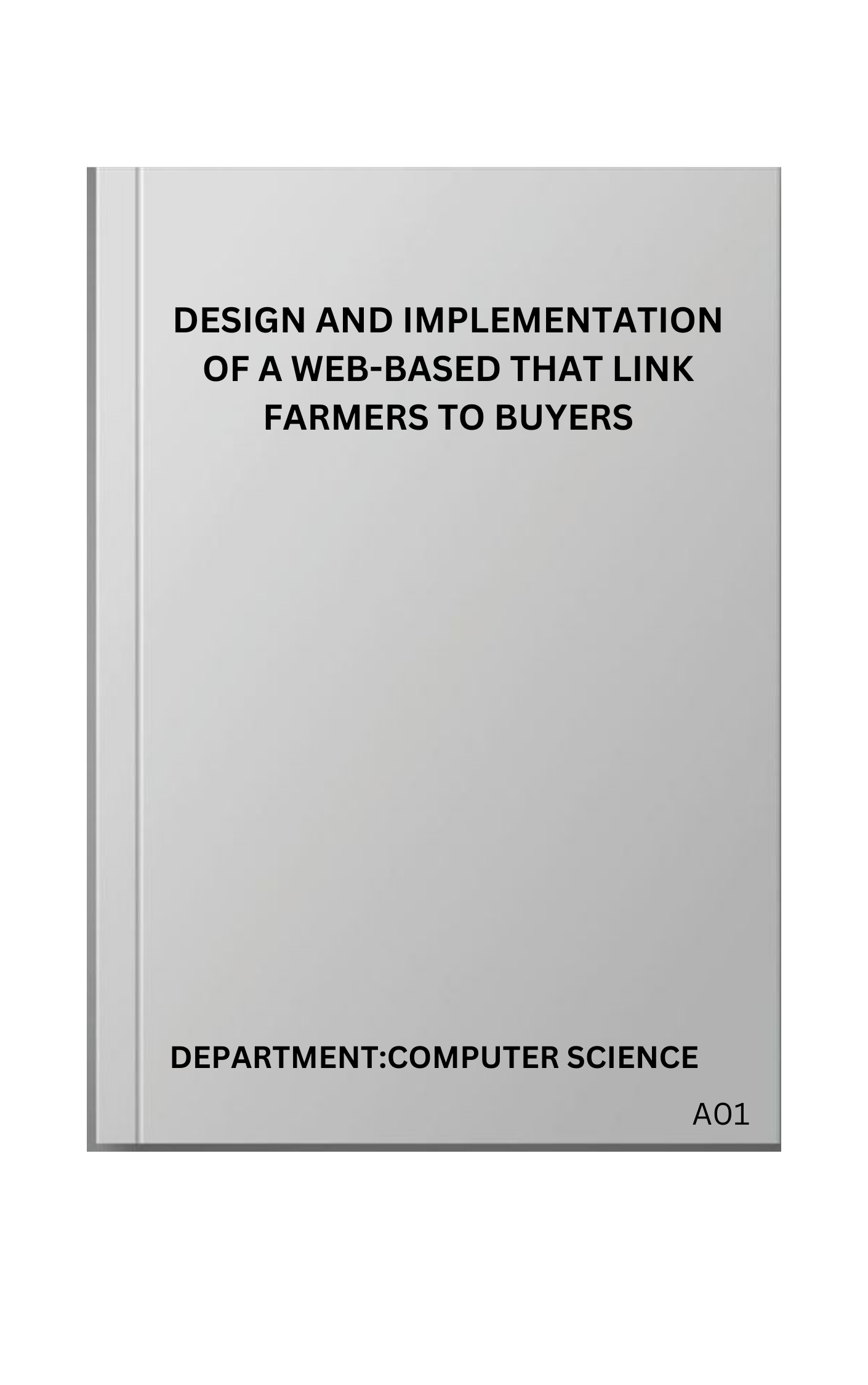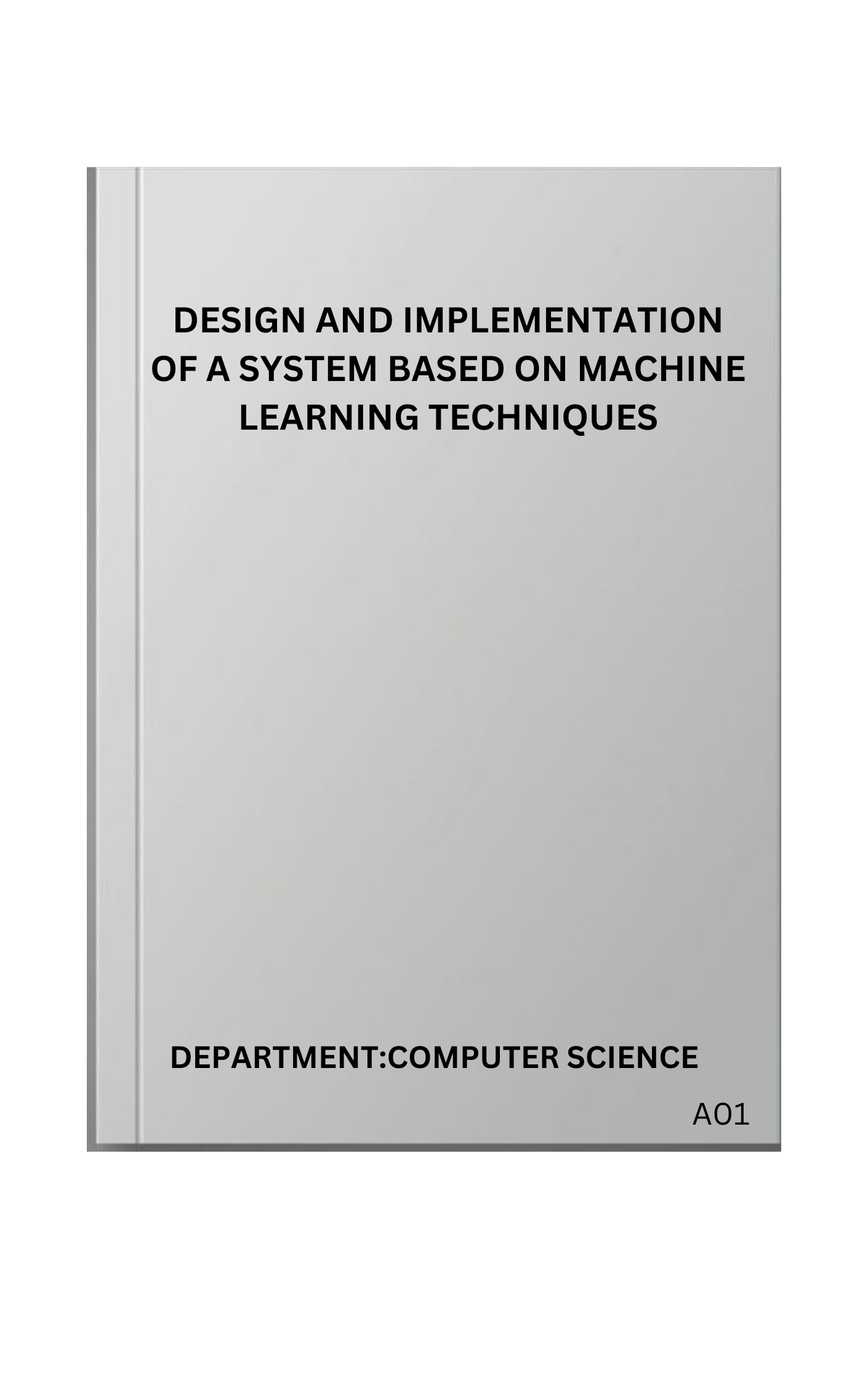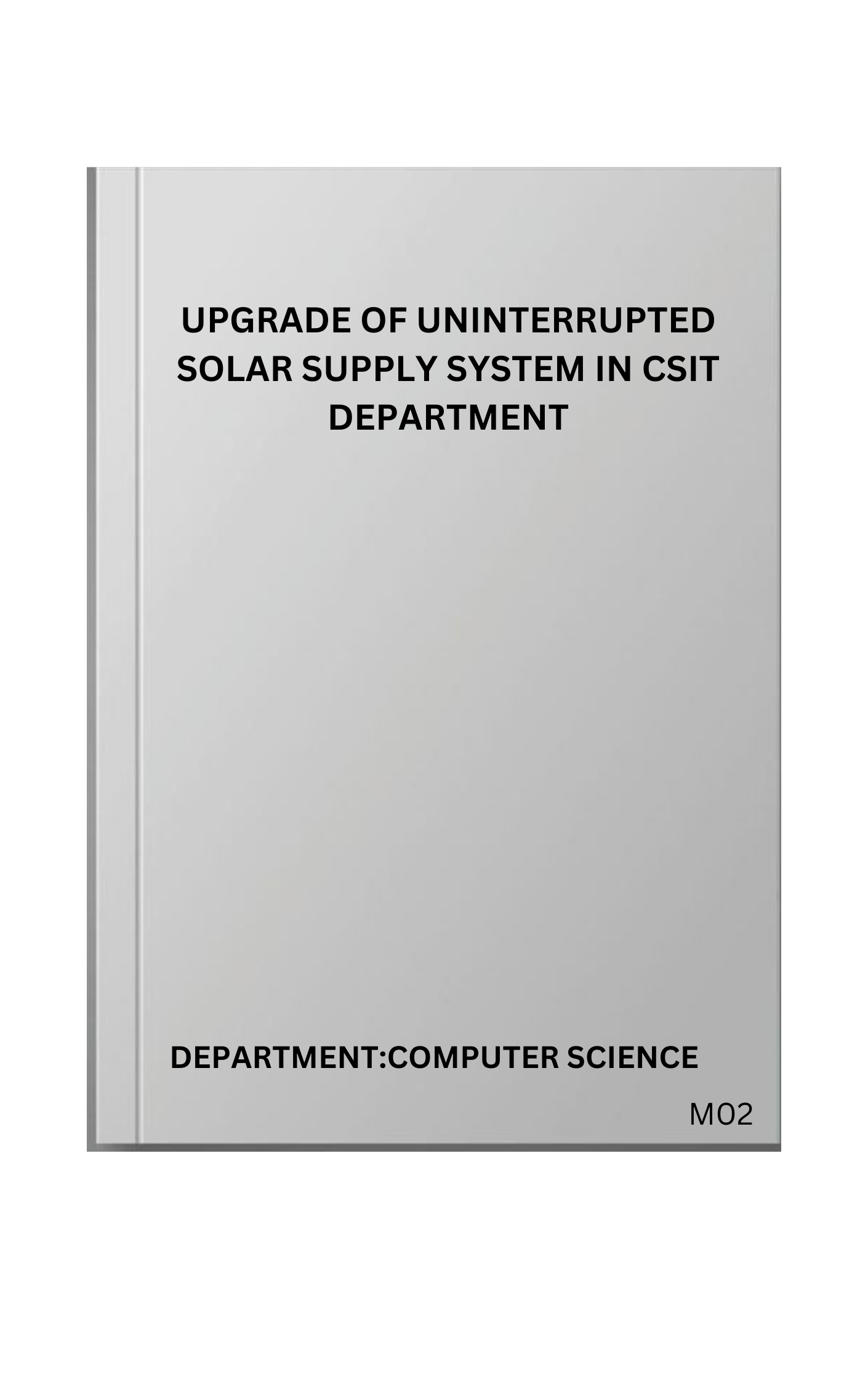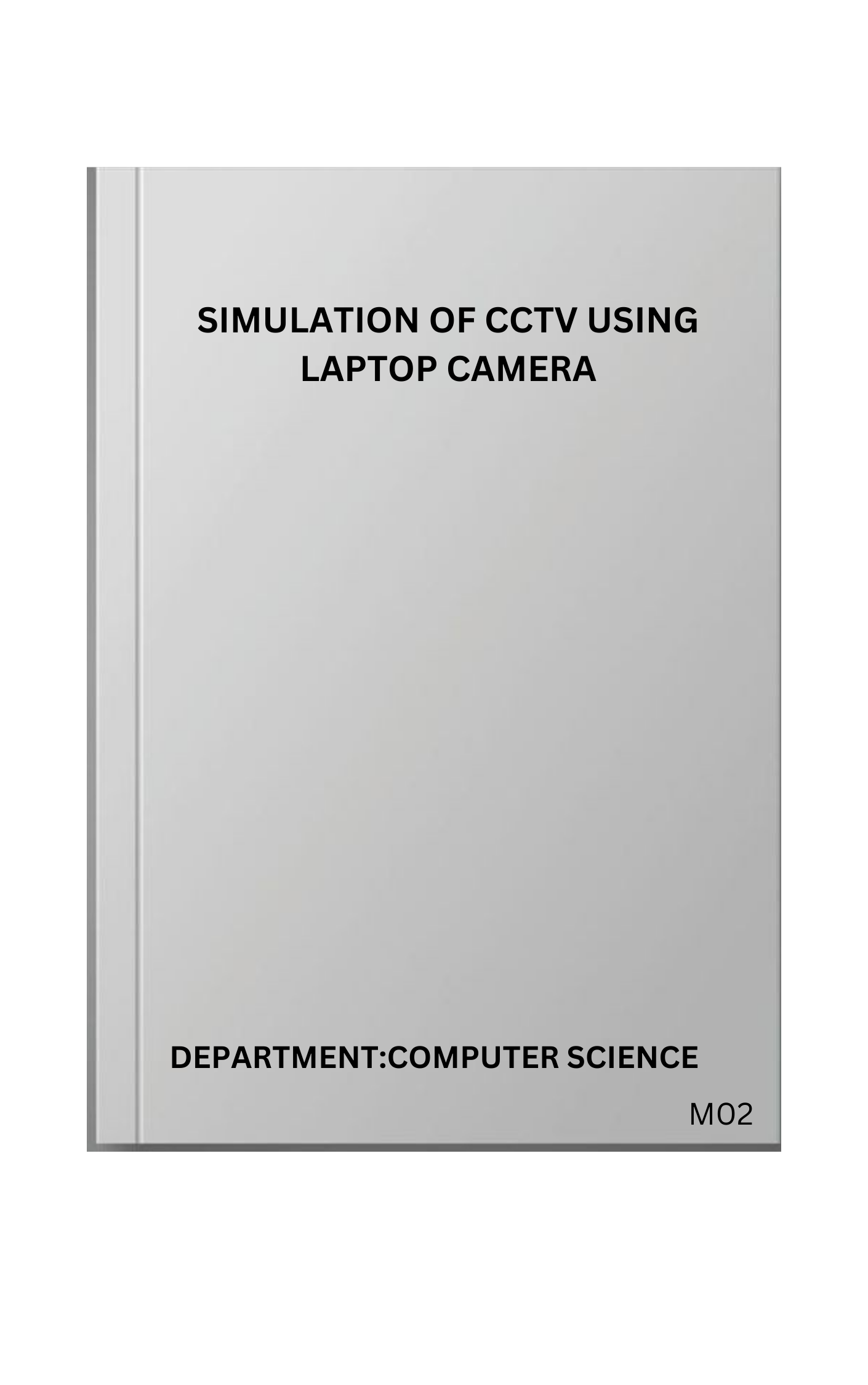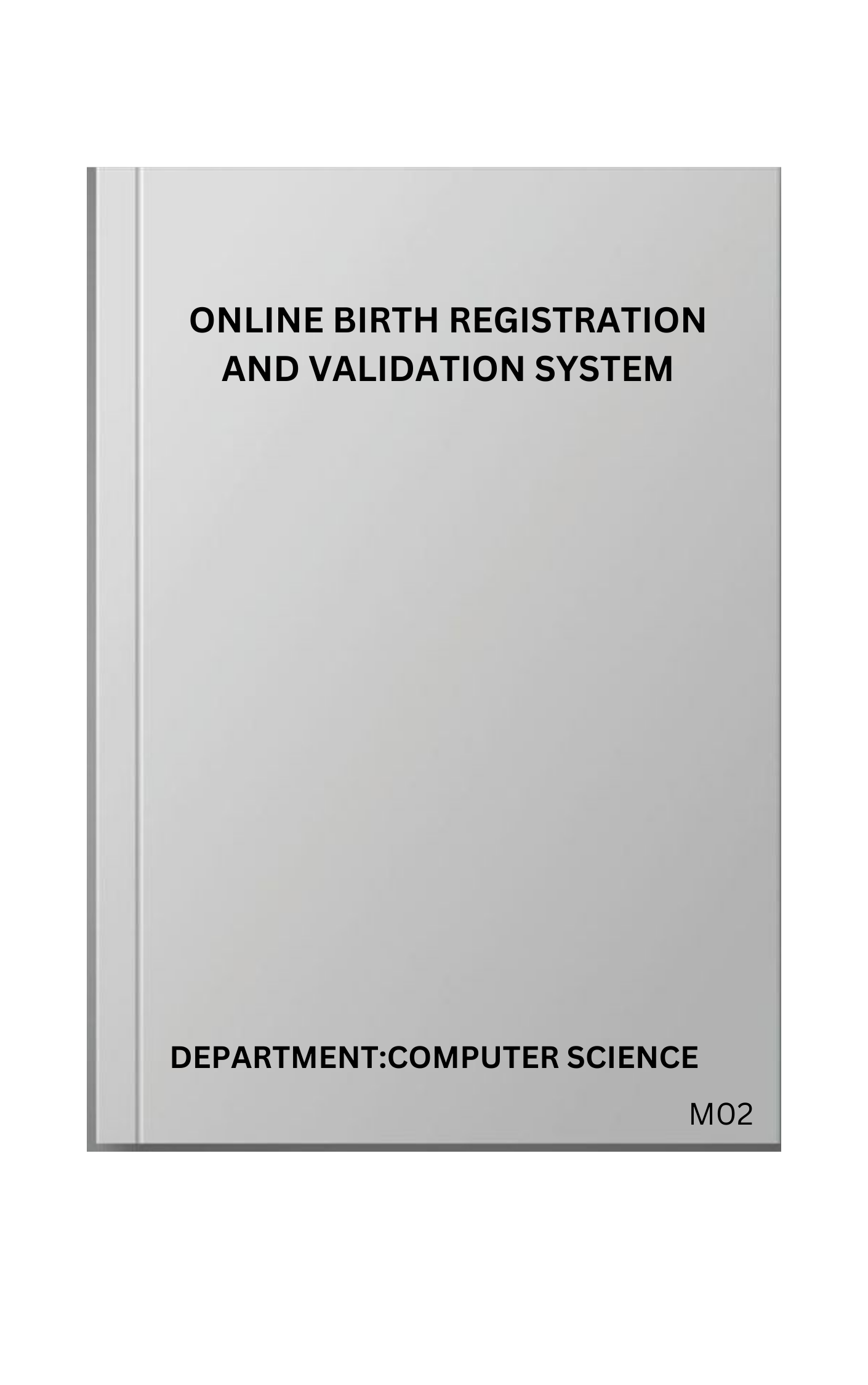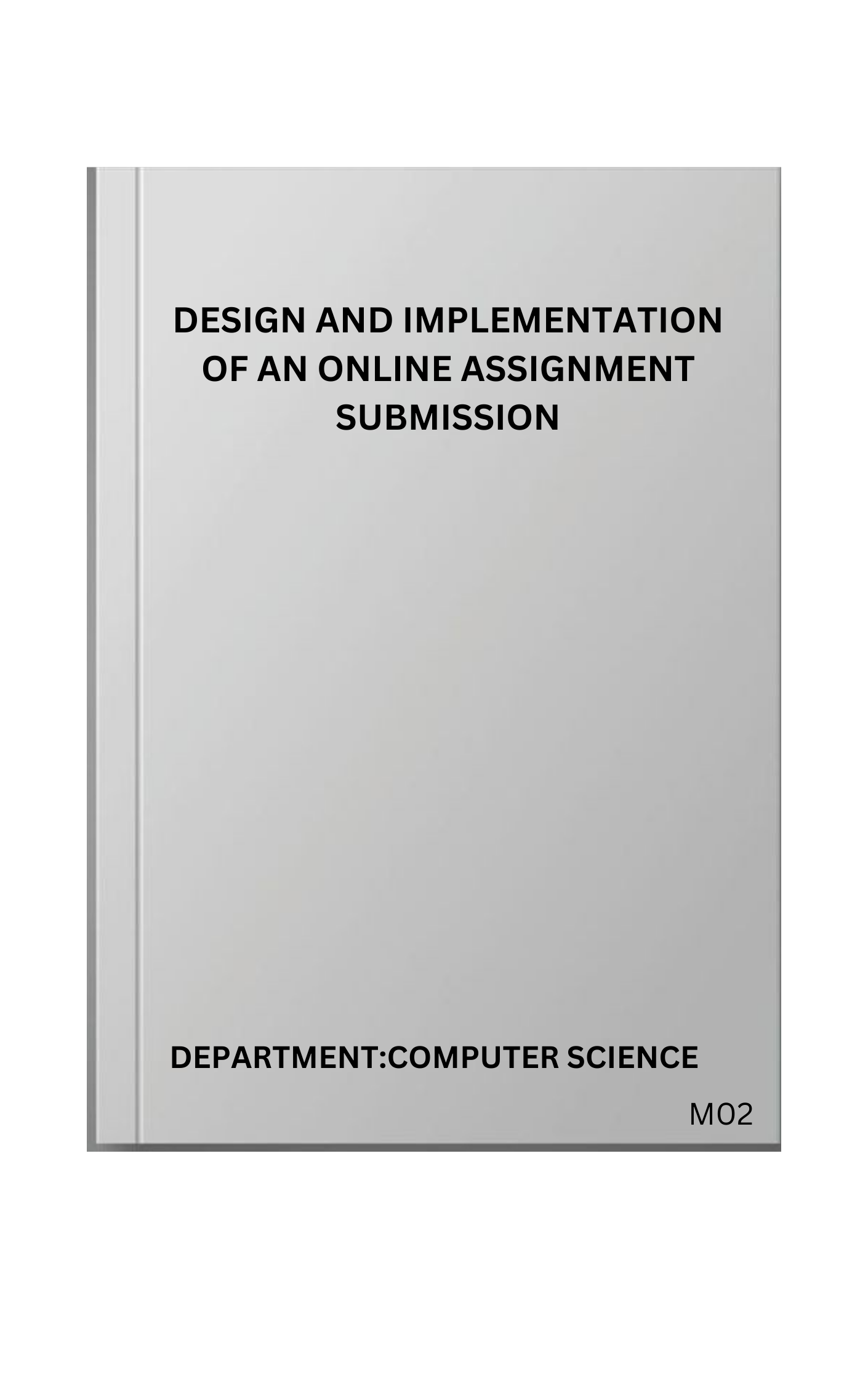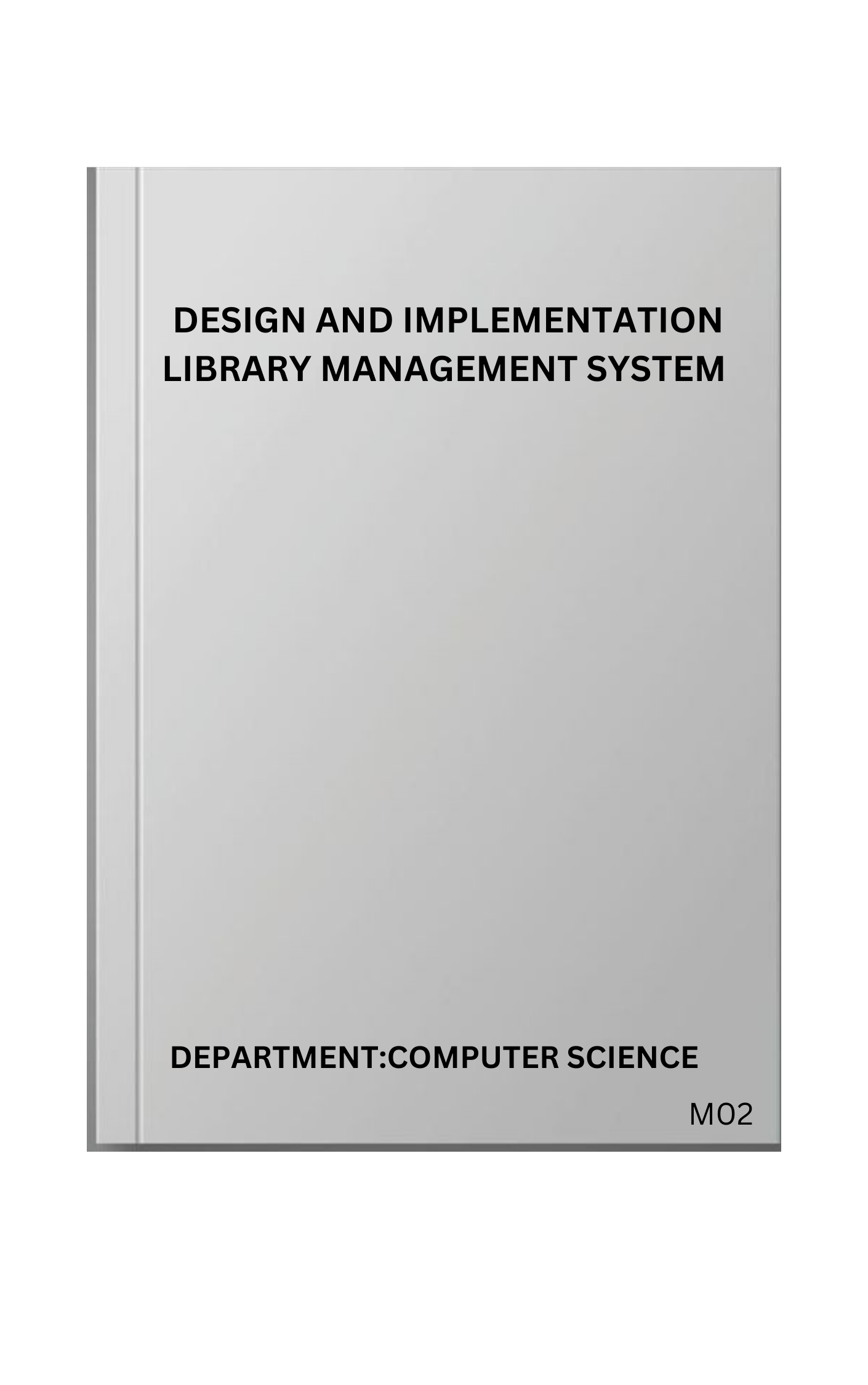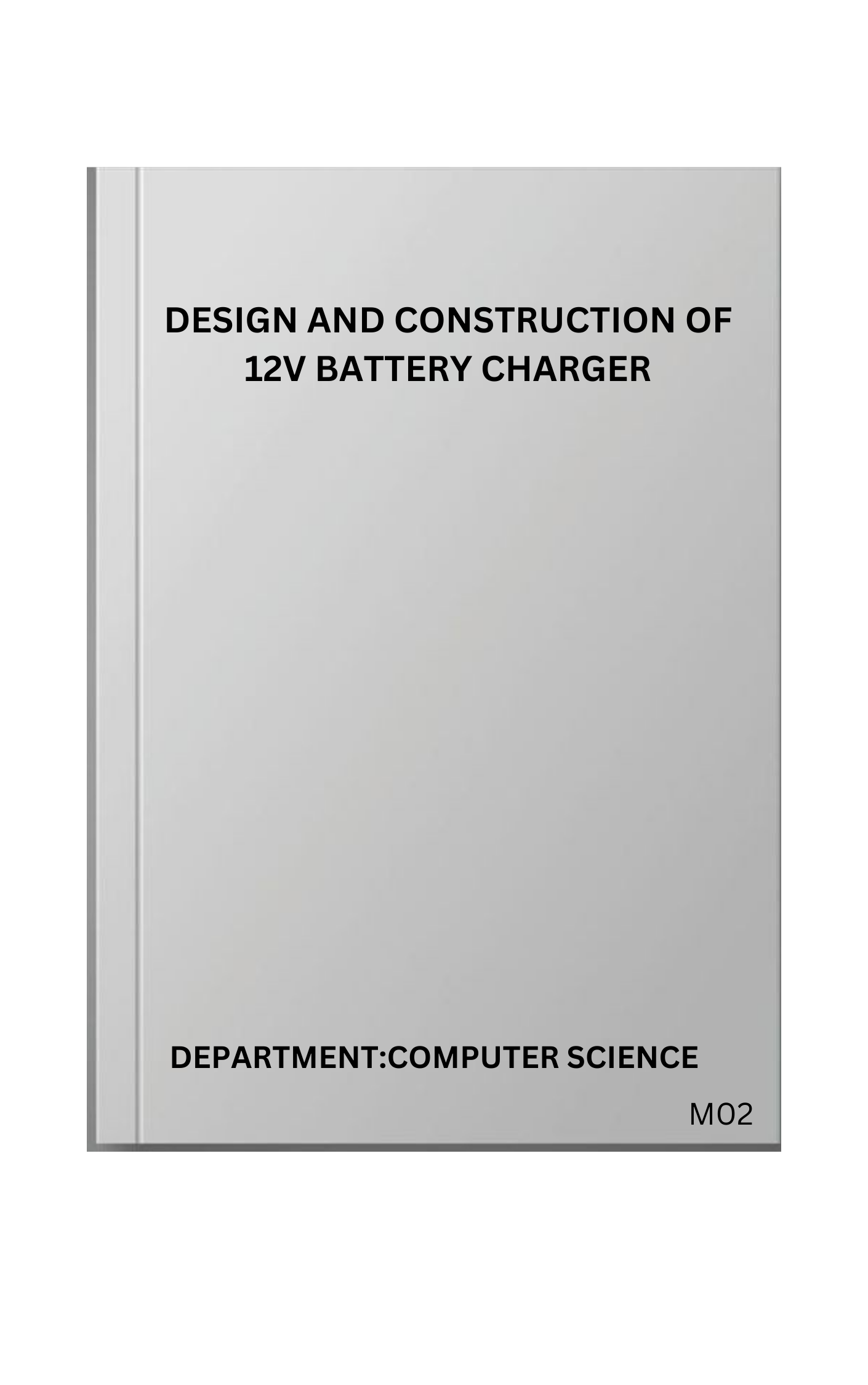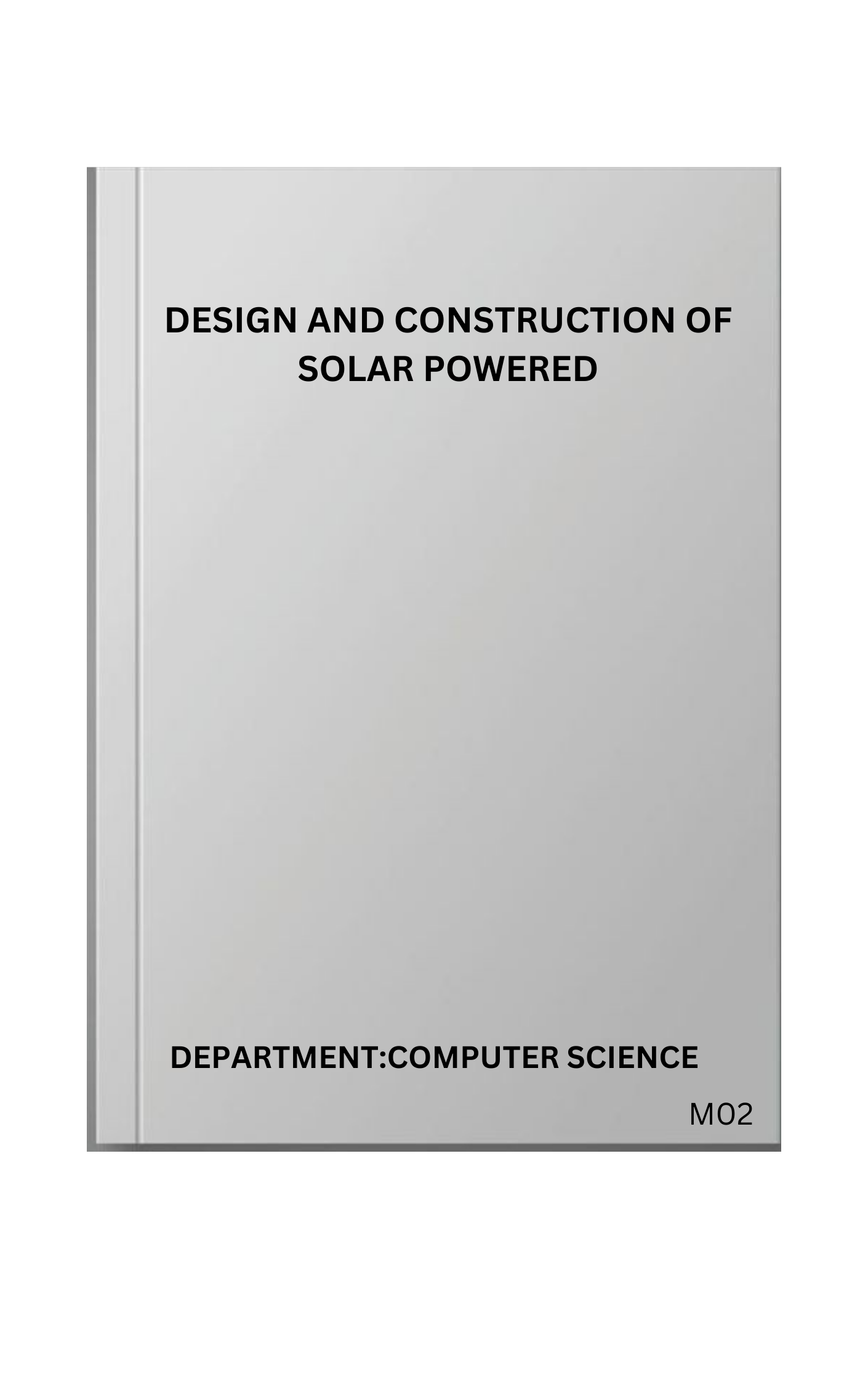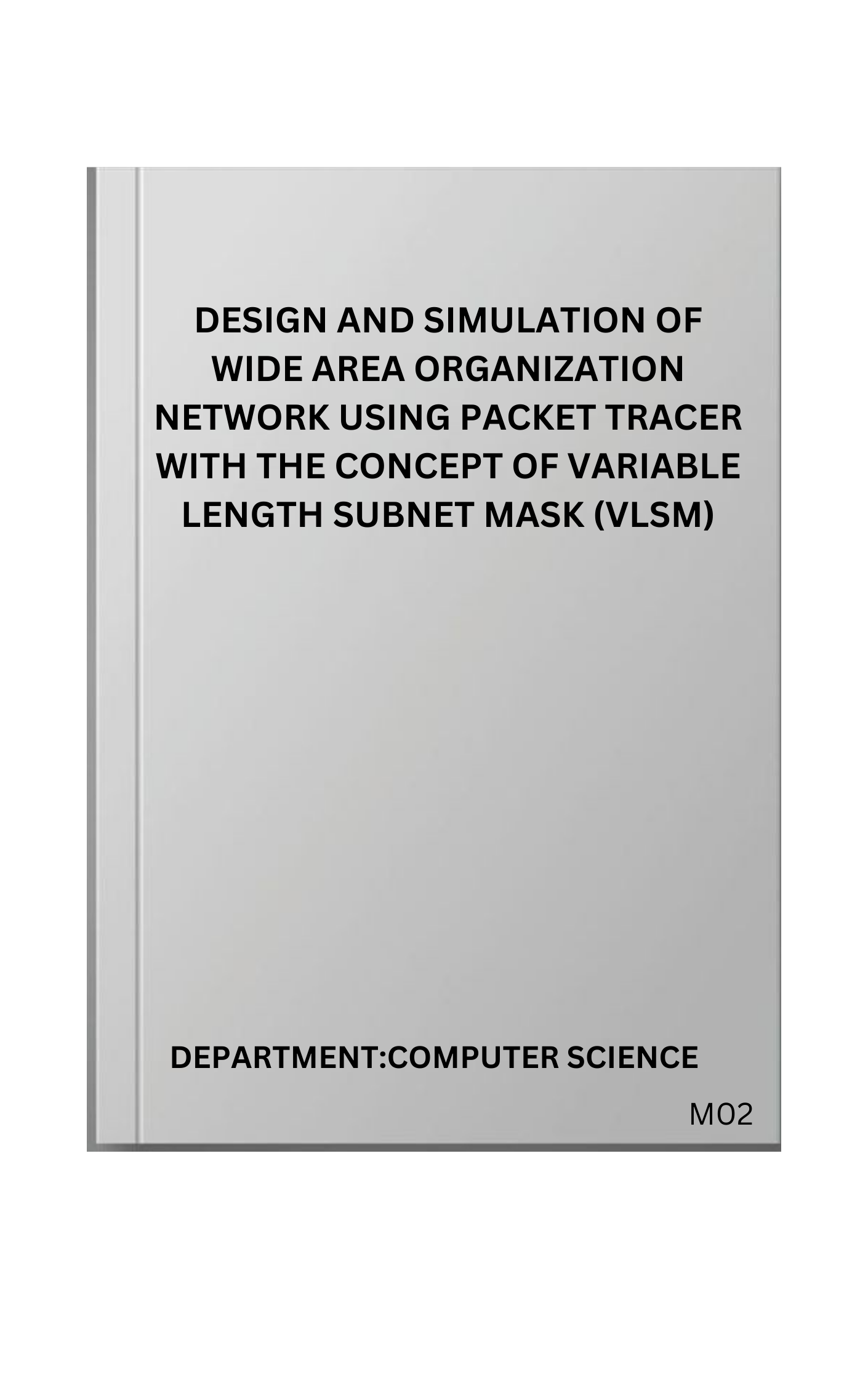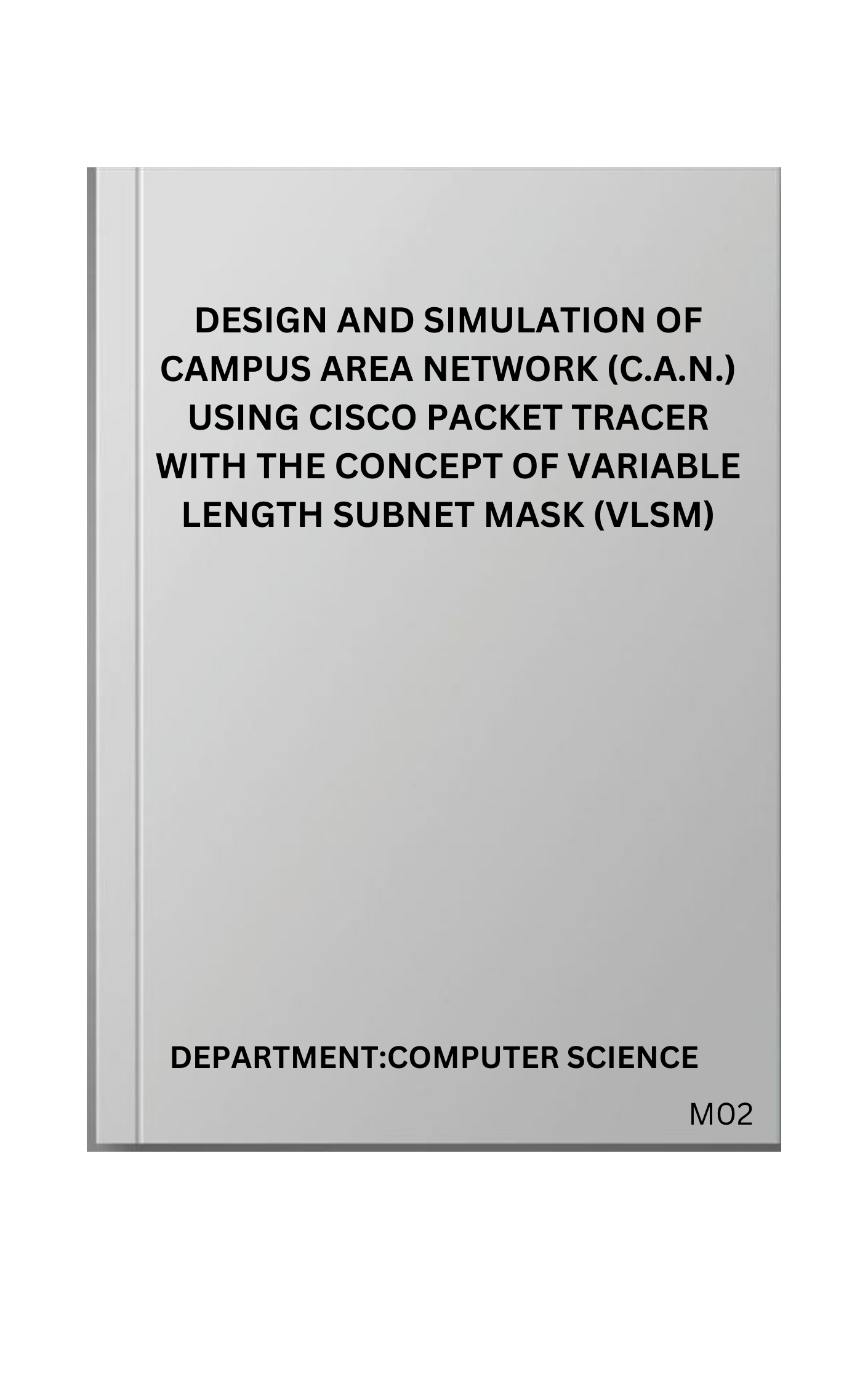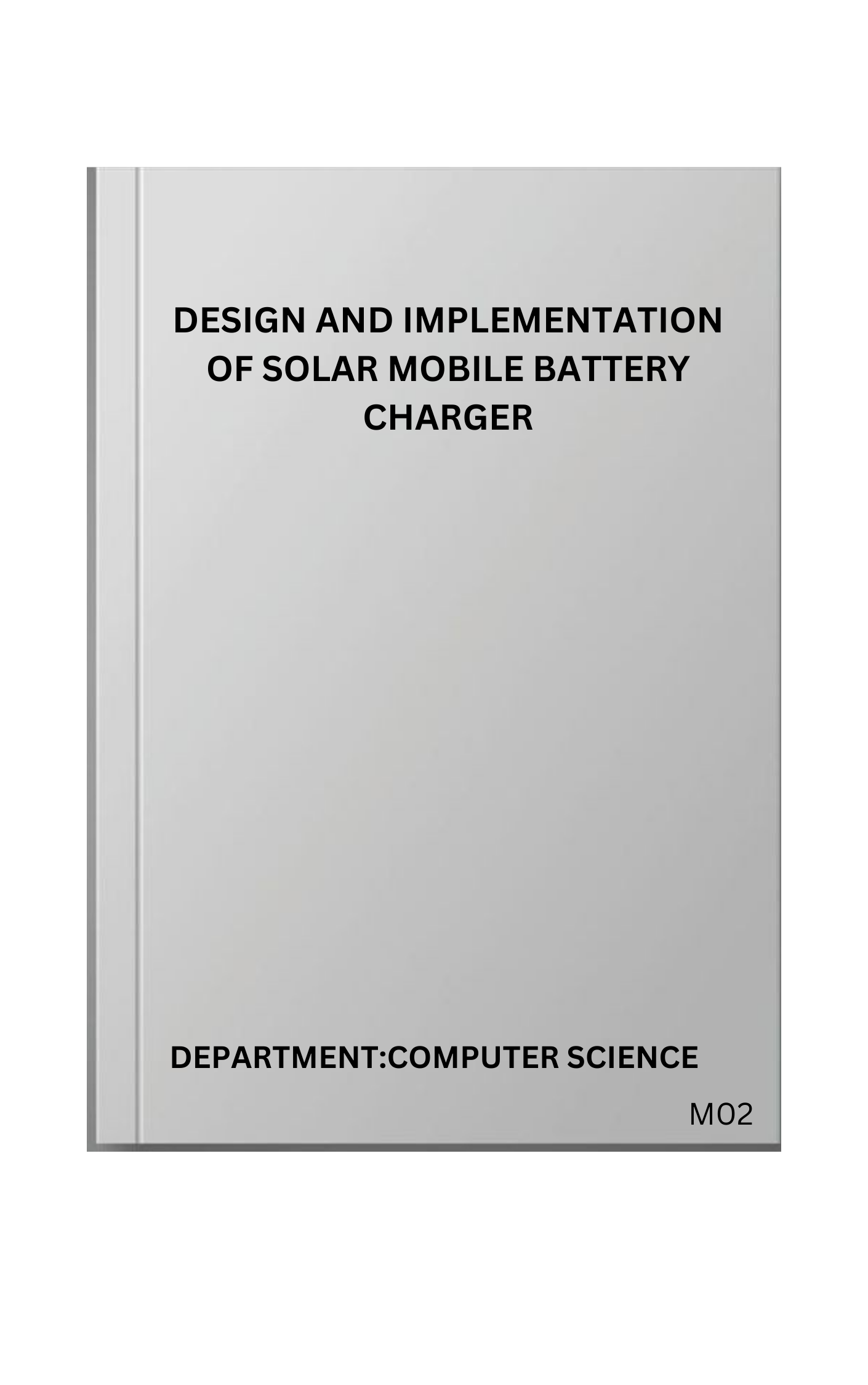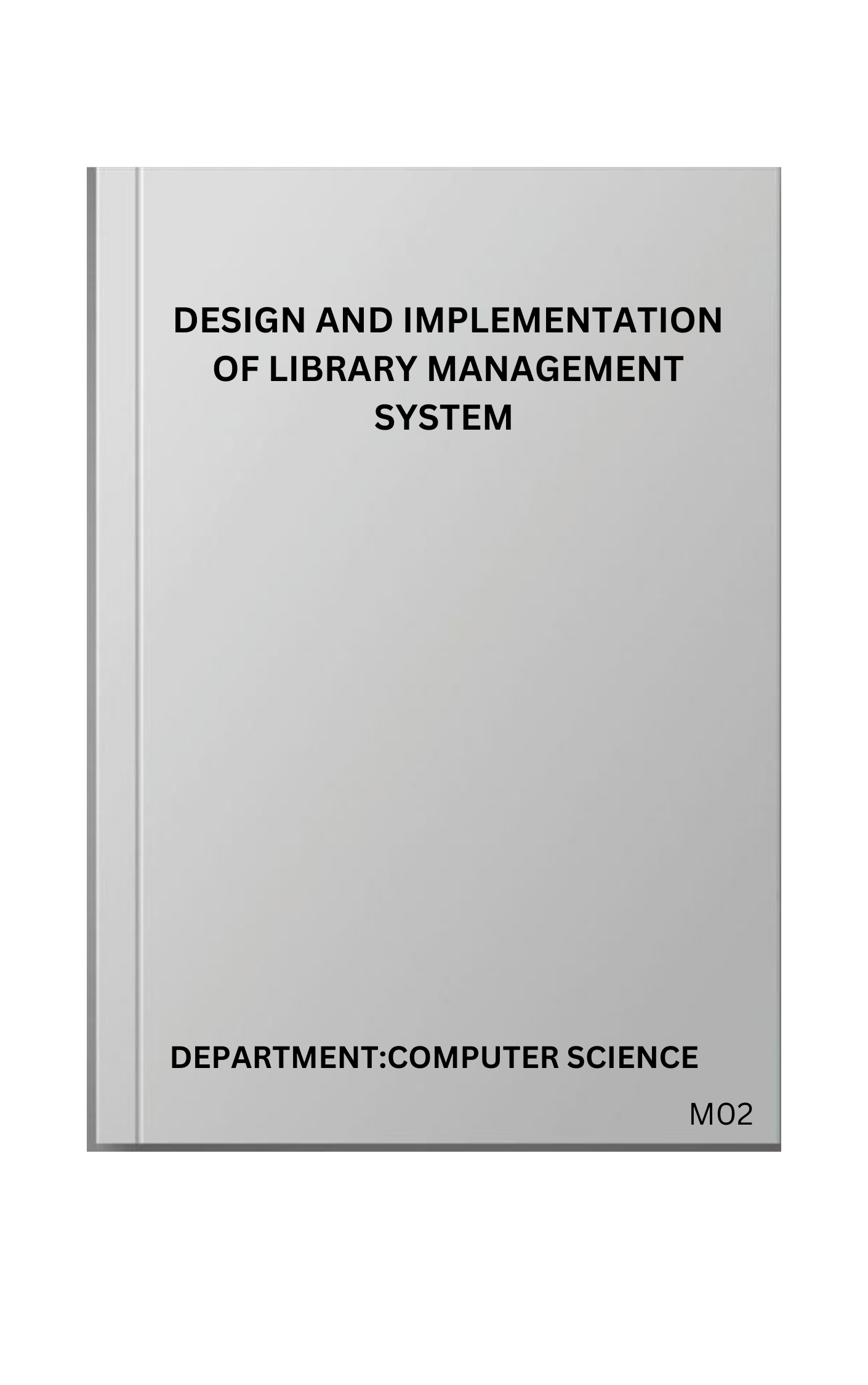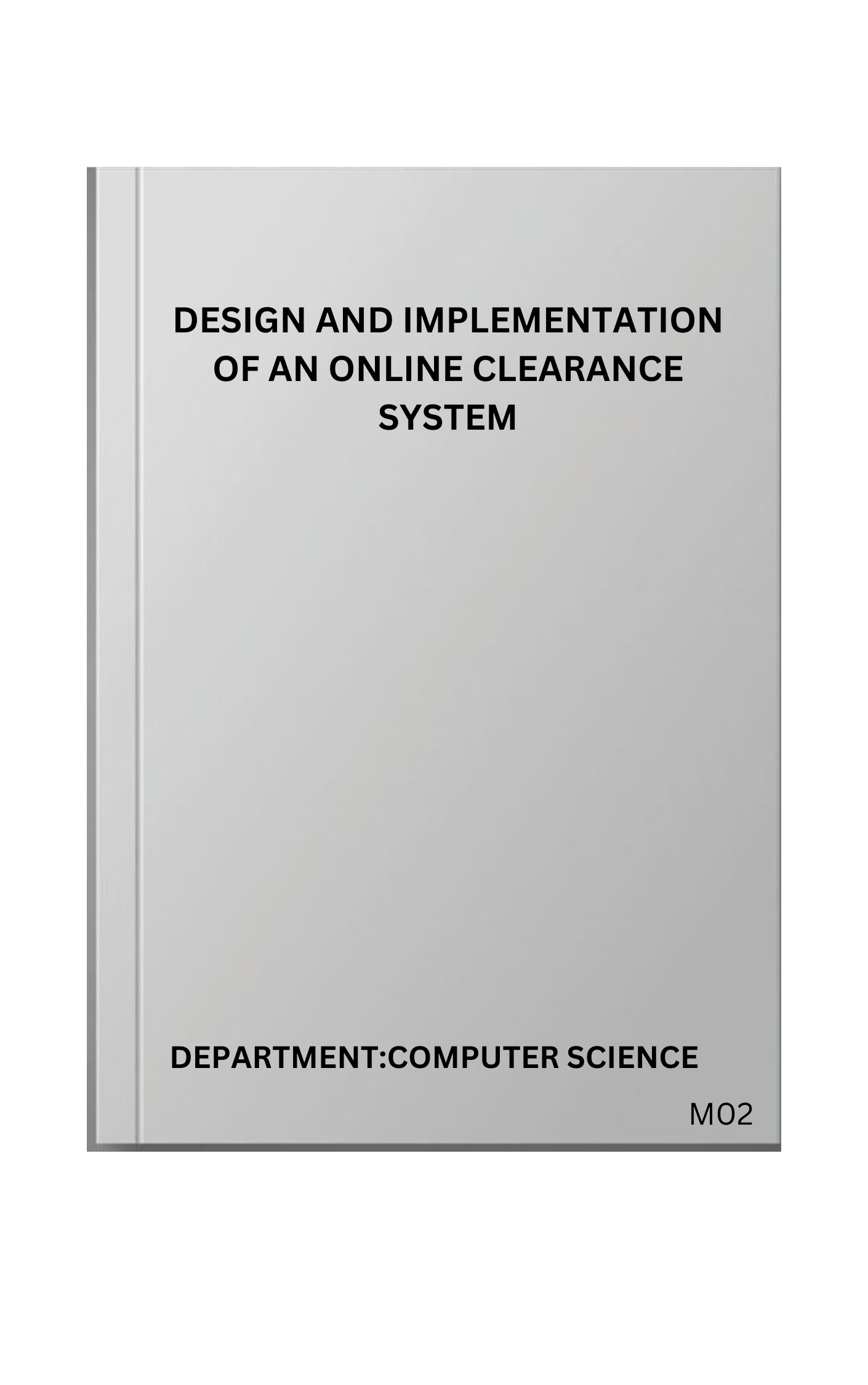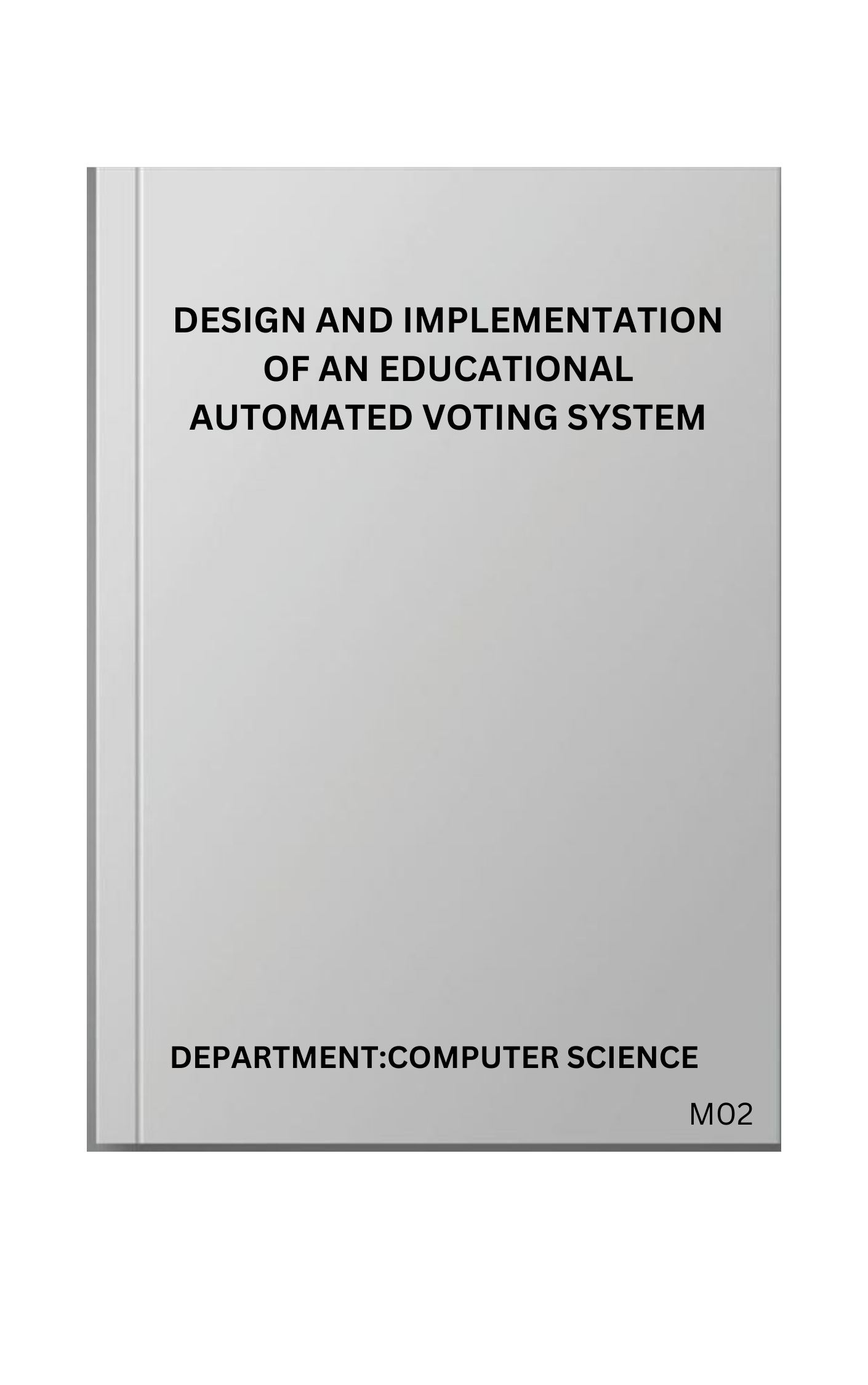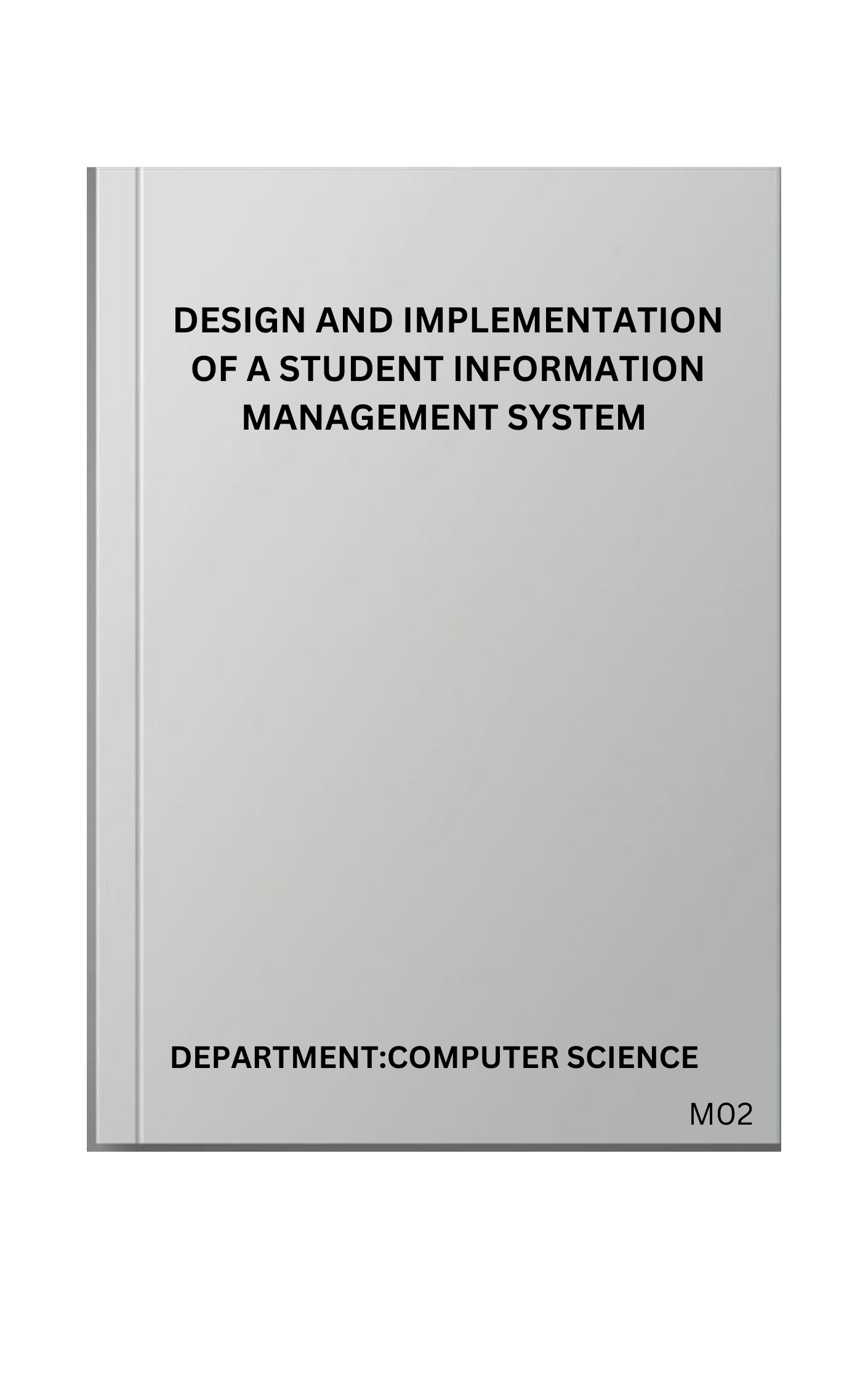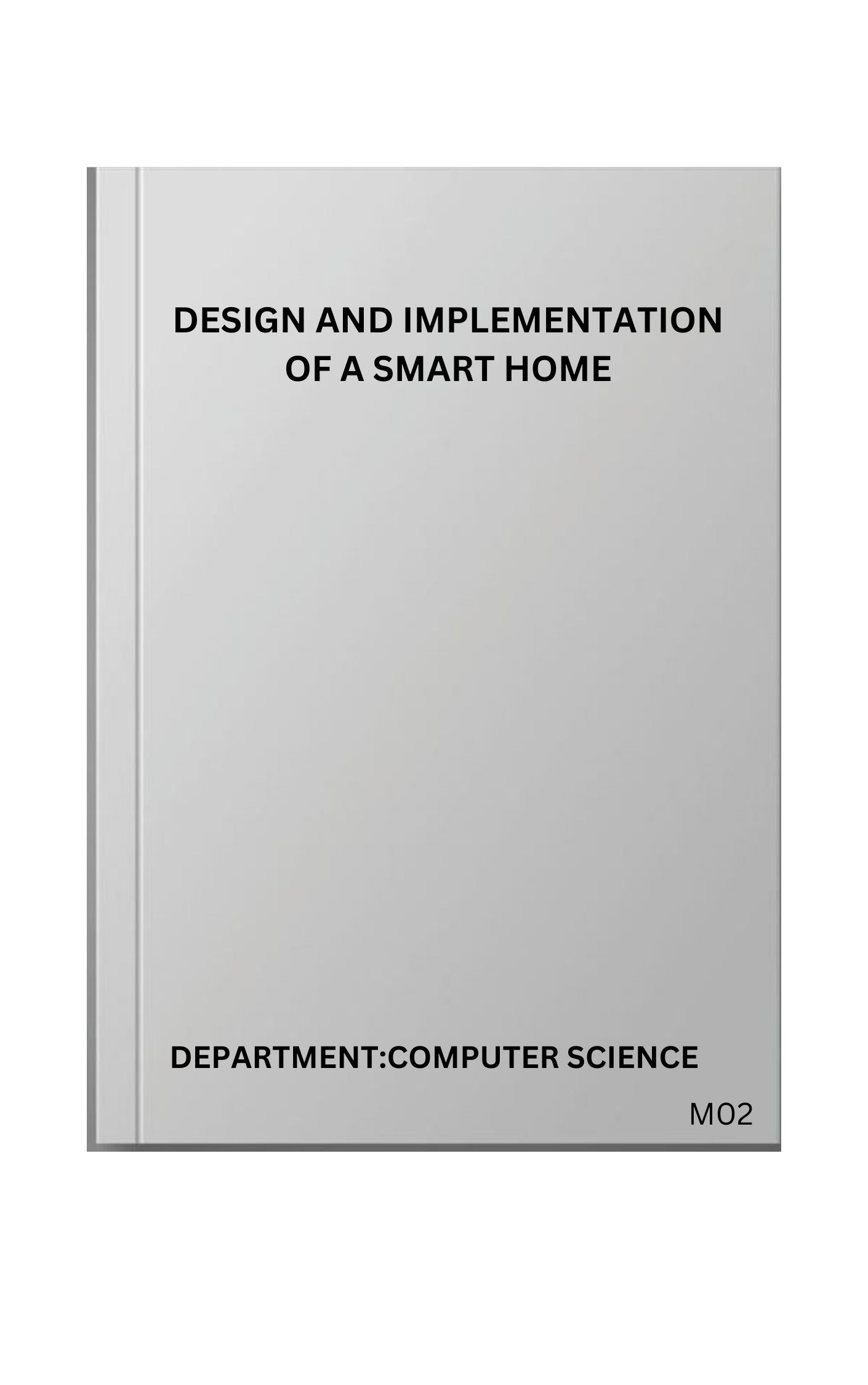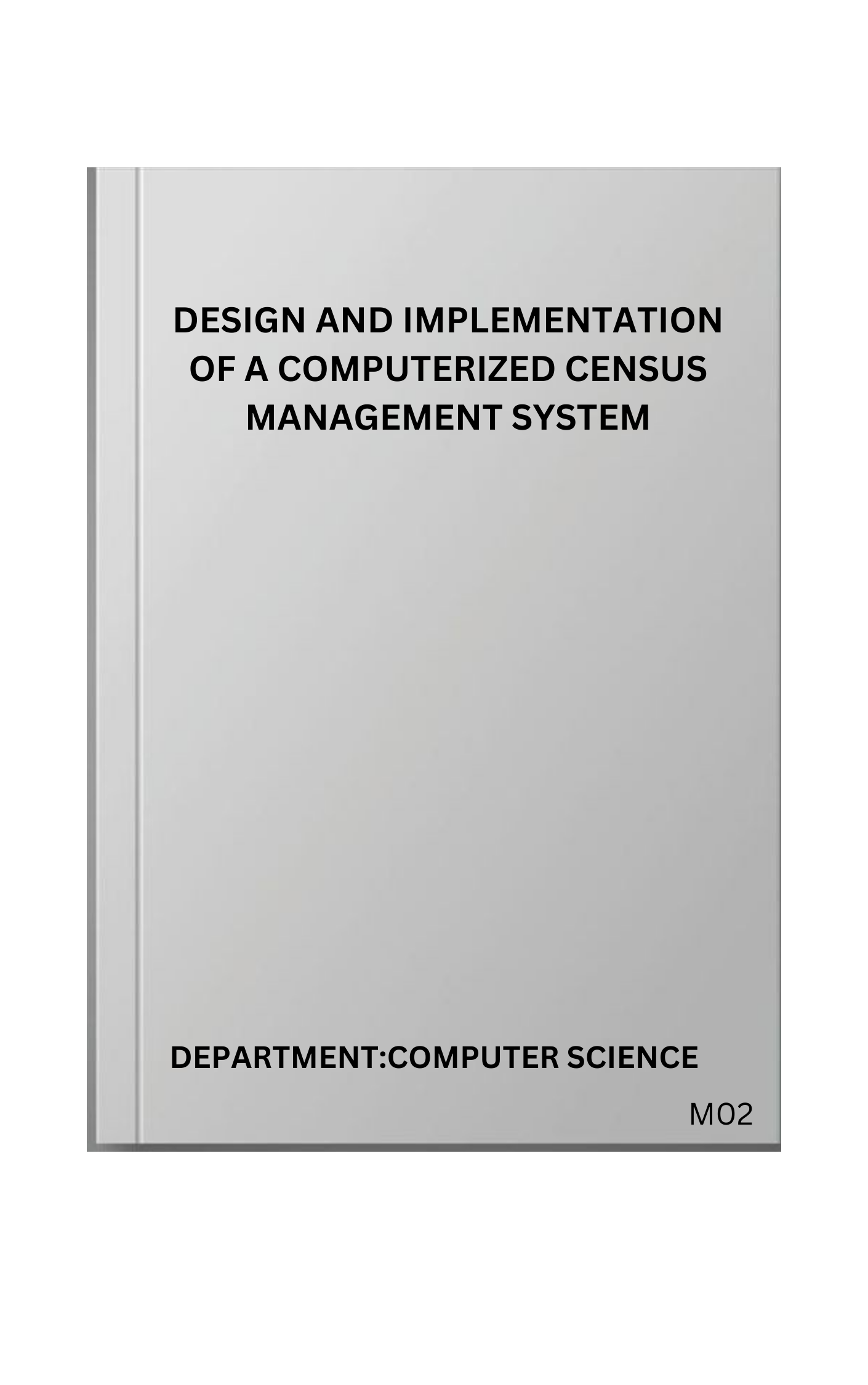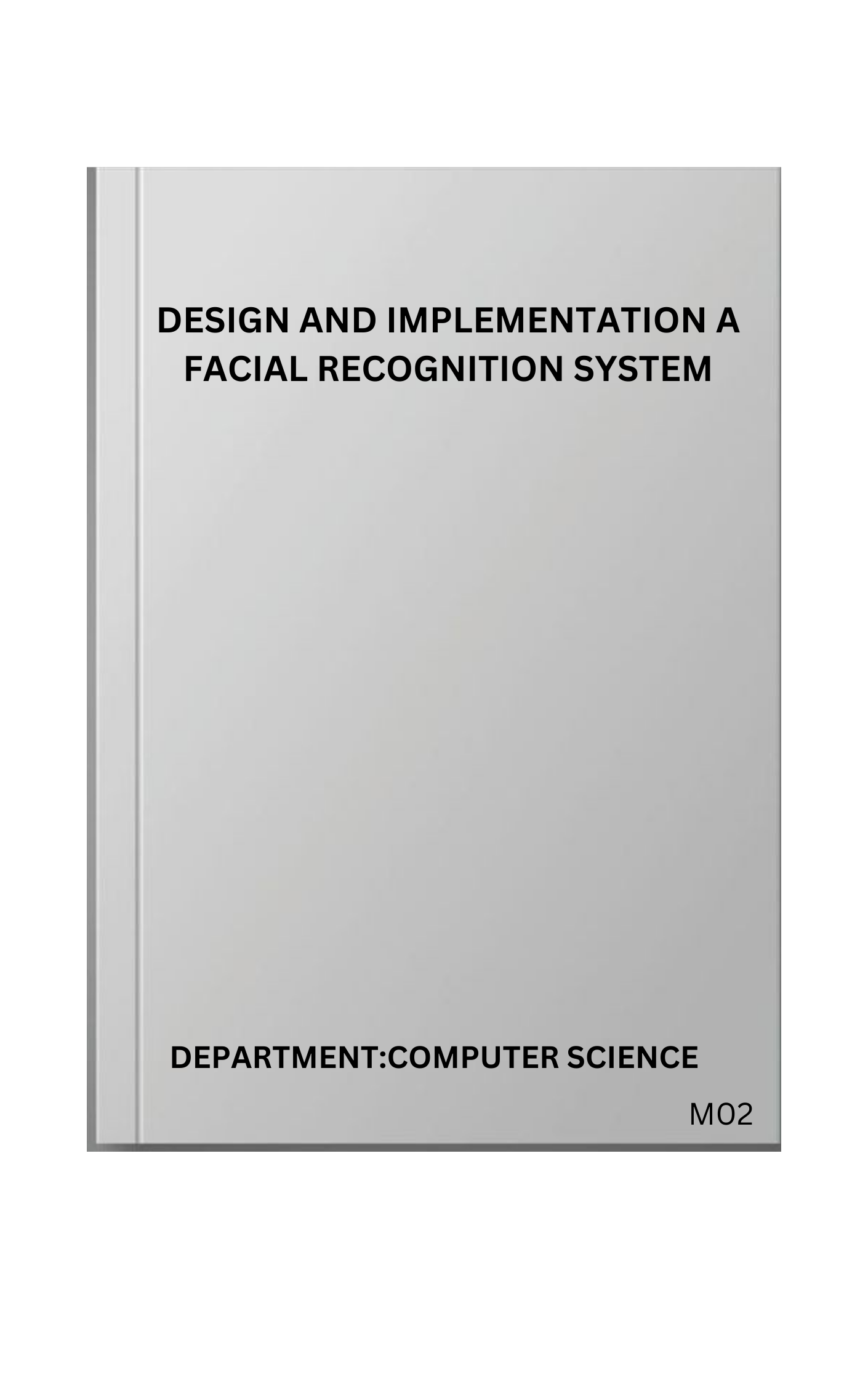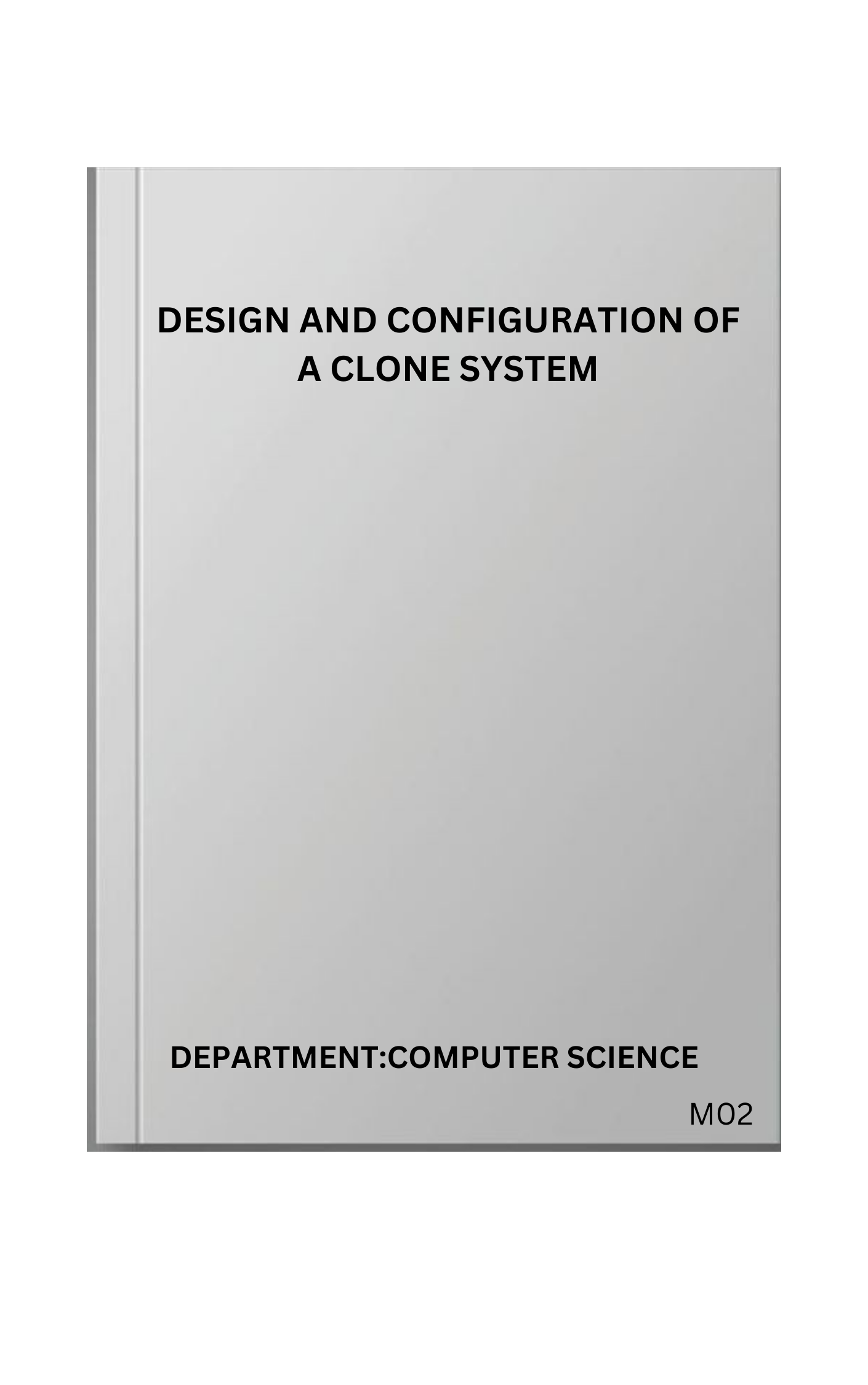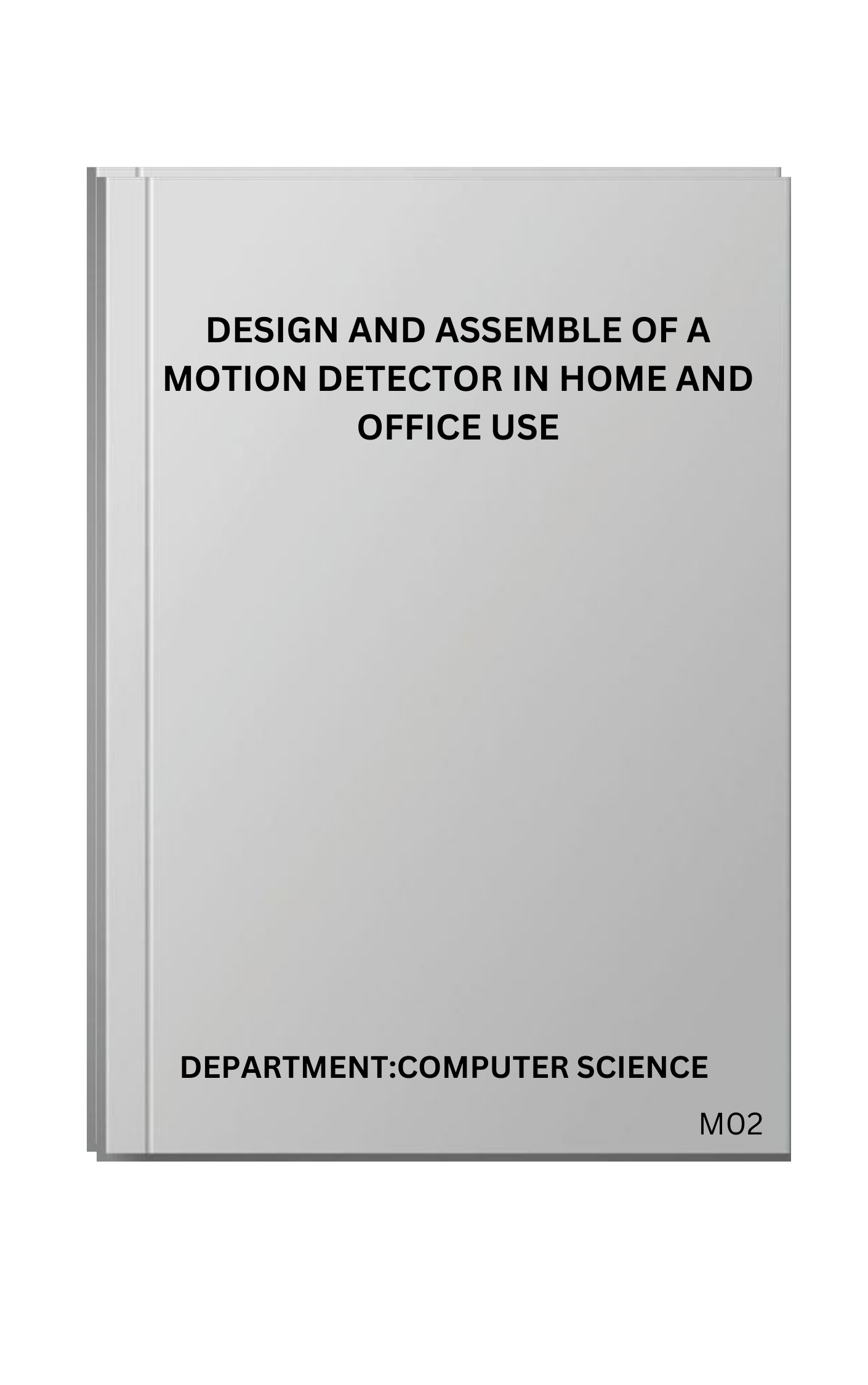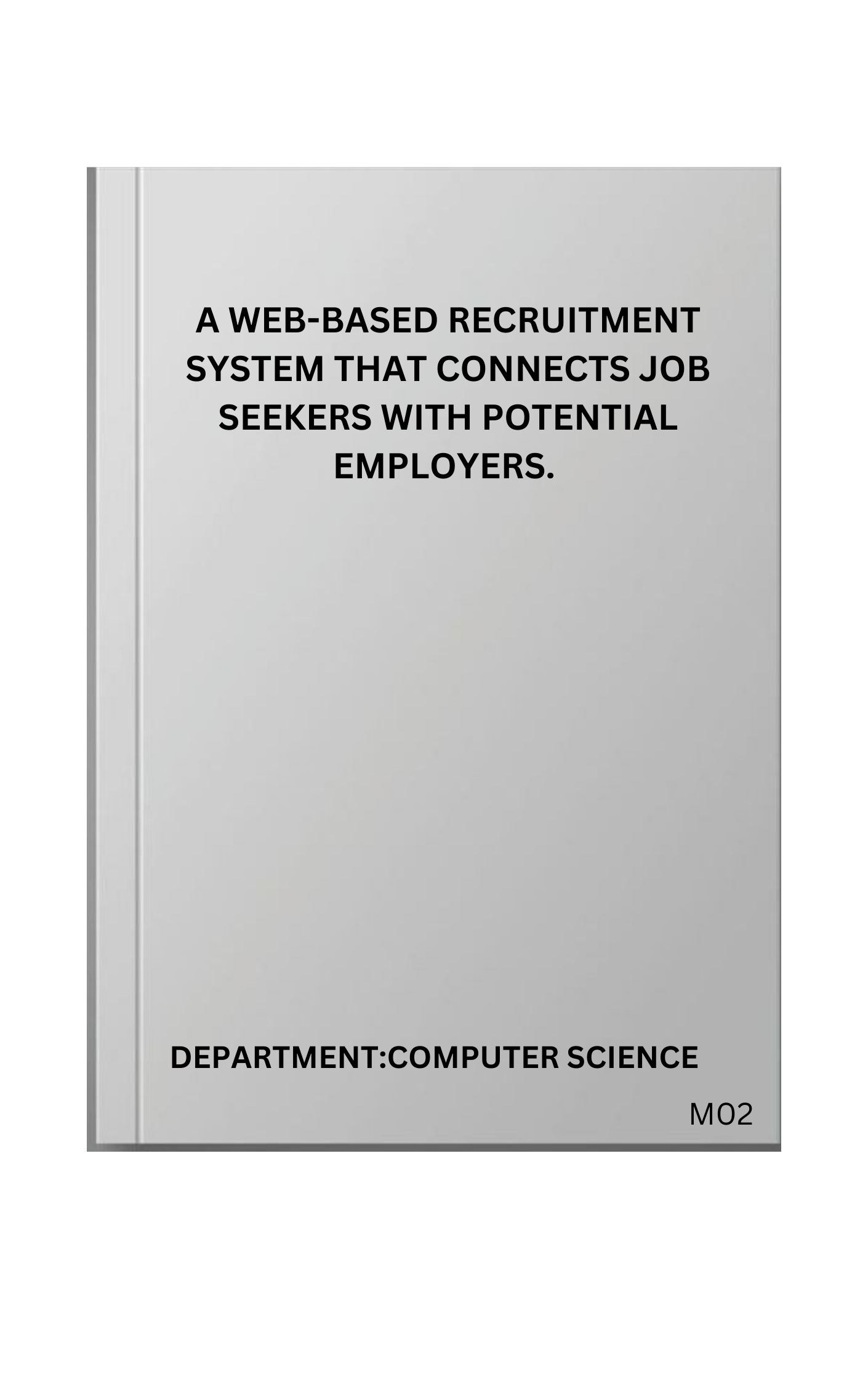CHAPTER ONE
INTRODUCTION
1.1 Background of Study
Modular refineries are becoming increasingly significant in the global energy landscape, particularly for their potential to enhance the local refining capacities in developing countries. These refineries, characterized by their smaller size, lower capital investment, and quicker deployment, offer a viable solution to meet the rising demand for refined petroleum products, especially in remote or politically unstable regions. However, one of the critical challenges they face is establishing a reliable and efficient crude oil supply scheme. (Otoikhian et al., 2017).
Modular refineries are designed to be built in modules that can be easily transported and assembled on-site. This modular approach allows for significant reductions in construction time and cost compared to traditional large-scale refineries. Furthermore, modular refineries can be tailored to process specific types of crude oil, enhancing their efficiency and flexibility. They are particularly advantageous in regions where infrastructure is limited and where the demand for refined products is localized.
Recent advancements in technology have made modular refineries more sophisticated and capable of producing a wide range of refined products, including gasoline, diesel, and jet fuel, meeting the standards of international markets (Smith & Jones, 2023). Additionally, the ability to scale operations up or down based on market demand makes these refineries economically attractive and operationally resilient.
Despite their advantages, modular refineries face significant challenges in establishing a consistent and cost-effective crude oil supply chain. Traditional supply chains for large-scale refineries are not directly applicable to modular refineries due to differences in scale, location, and logistical requirements. The transportation of crude oil to modular refineries, often located in remote areas, can be logistically complex and costly. The lack of infrastructure, such as pipelines and ports, exacerbates these challenges. Political instability, natural disasters, and other unforeseen events can disrupt the supply of crude oil. Ensuring a steady supply requires robust contingency planning and risk management strategies.
Modular refineries must deal with variations in crude oil quality. Ensuring that the crude oil supplied meets the refinery's specifications is crucial for maintaining operational efficiency and product quality. Fluctuations in crude oil prices and transportation costs can significantly impact the profitability of modular refineries. Efficient supply chain management is essential to minimize costs and enhance economic viability (Udonne et al., 2018).).
To address these challenges, recent research has focused on developing integrated supply chain models tailored for modular refineries. These models leverage advanced logistics, real-time data analytics, and strategic partnerships to enhance supply chain efficiency and resilience.
Innovations in transportation logistics, such as the use of smaller, more flexible shipping vessels and decentralized storage facilities, can help overcome the logistical constraints faced by modular refineries. The adoption of digital technologies, including blockchain for supply chain transparency and Artificial Intelligence for predictive analytics, can improve supply chain visibility and decision-making. Establishing collaborative networks with local suppliers and regional stakeholders can enhance the reliability of crude oil supply and reduce dependency on long-distance transportation.
The development of a robust crude oil supply scheme is critical for the success and sustainability of modular refineries. By addressing the unique challenges, they face and leveraging recent advancements in logistics and technology, modular refineries can significantly enhance their operational efficiency and contribute to energy security, particularly in developing regions (Cenam Energy Partners, 2012).
1.2Statement of Problem
Despite the advantages of modular refineries, ensuring a consistent and efficient crude oil supply remains a significant challenge. Disruptions in supply chains can lead to production delays, increased operational costs, and reduced profitability. Therefore, developing an optimized crude oil supply scheme is critical for the sustainable operation of modular refineries. The problem this study addresses is the lack of an integrated supply chain model tailored specifically for modular refineries, which can ensure a reliable and cost-effective supply of crude oil.
1.3 Aim of Study
The aim of this study is to review a comprehensive crude oil supply scheme tailored for modular refineries
PAY TO GET COMPLETE PROJECT

